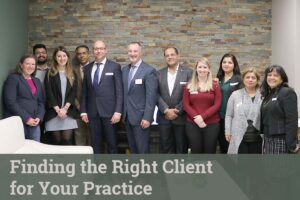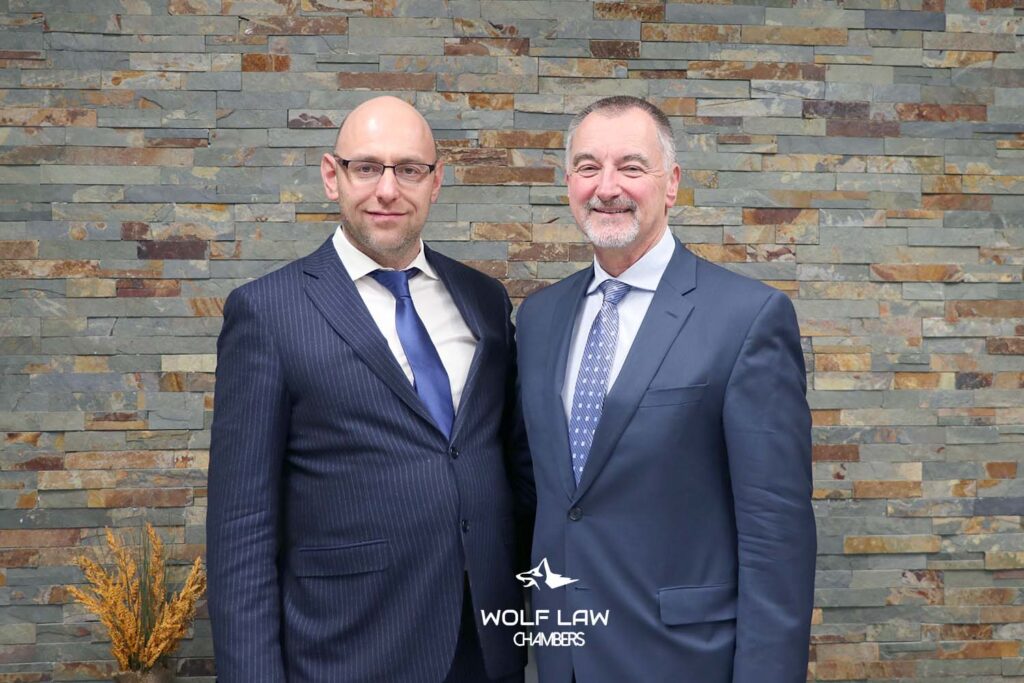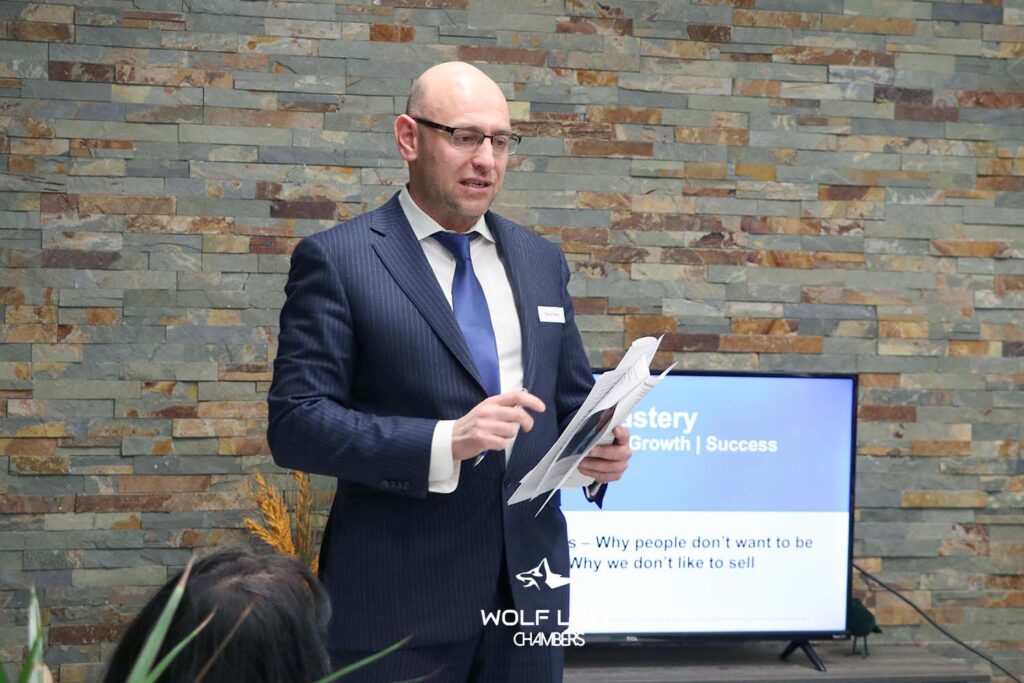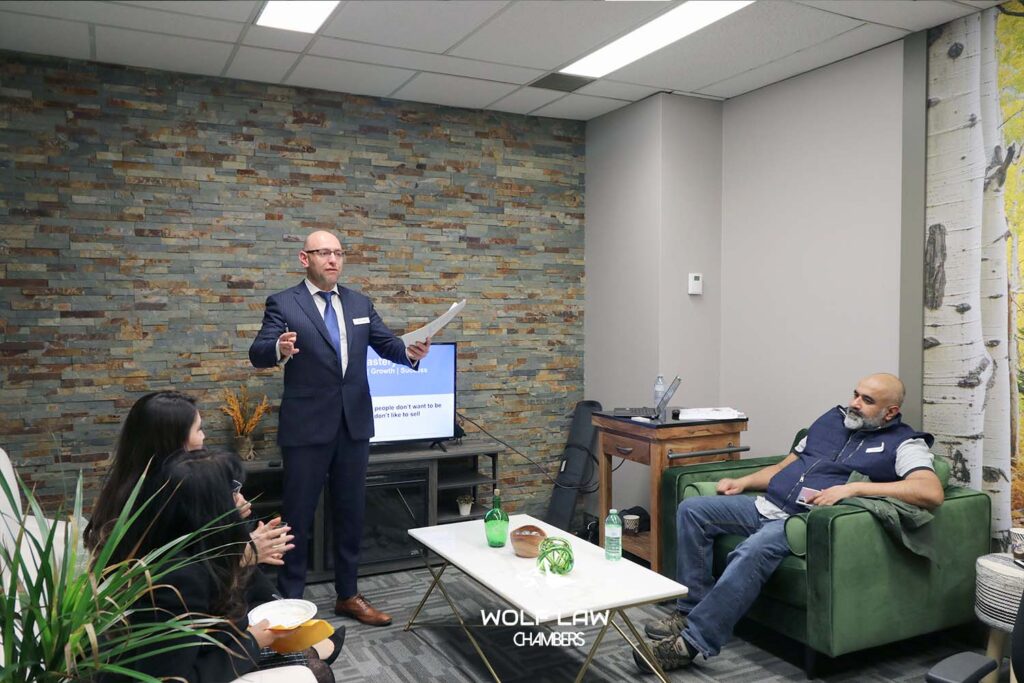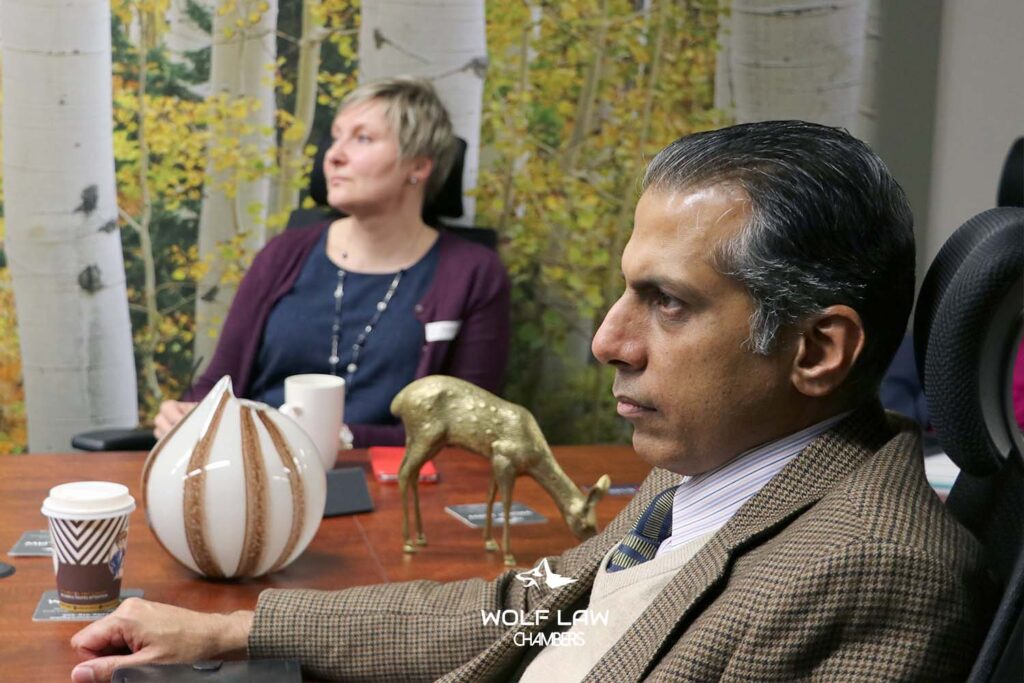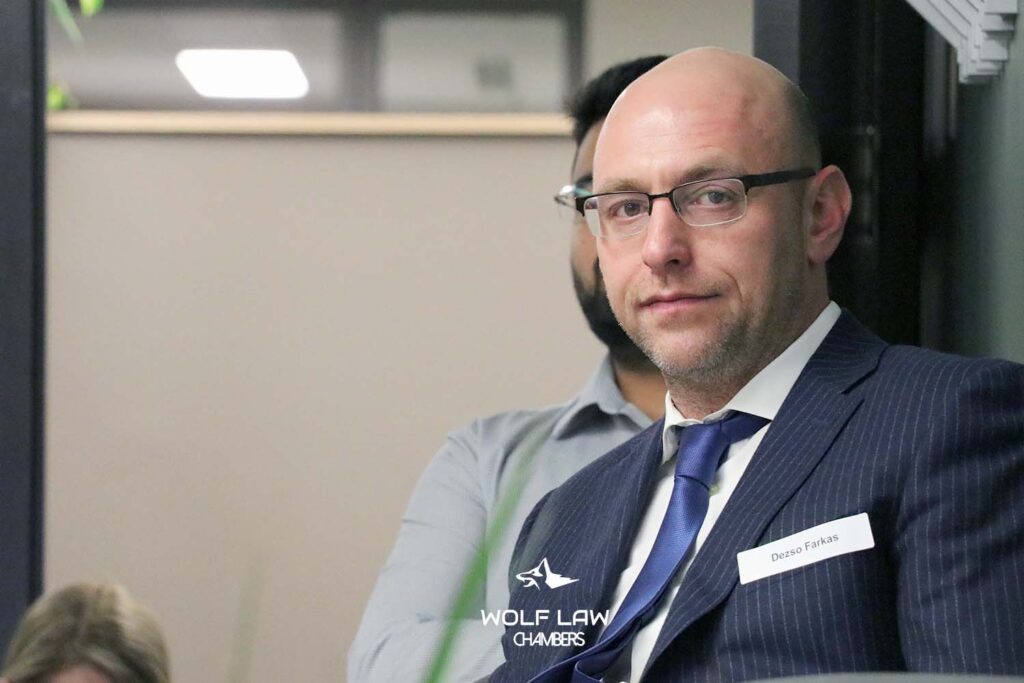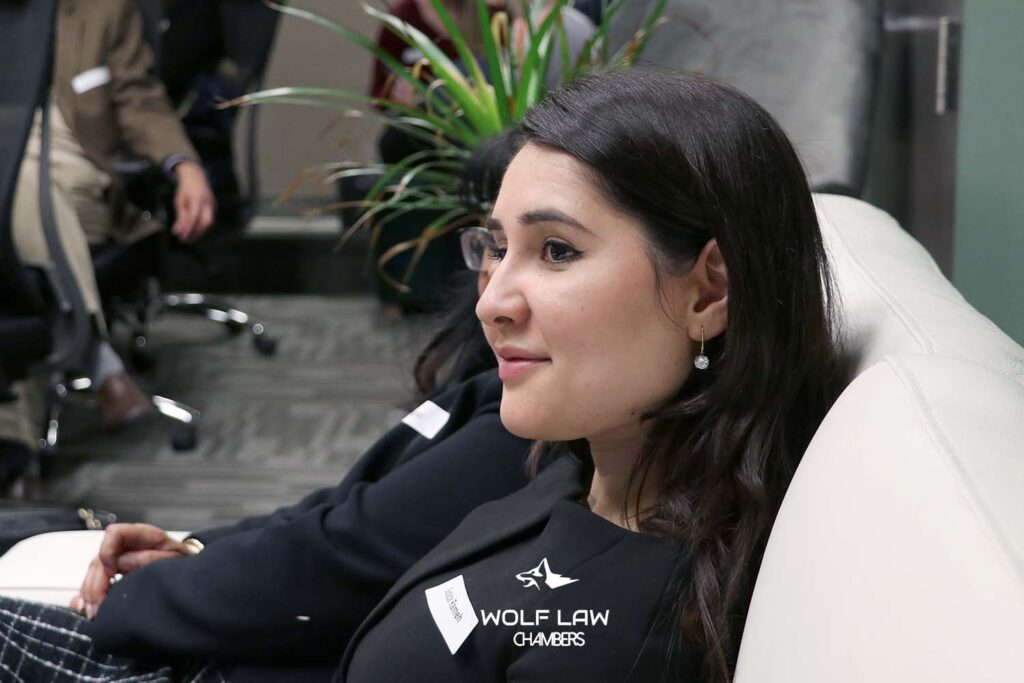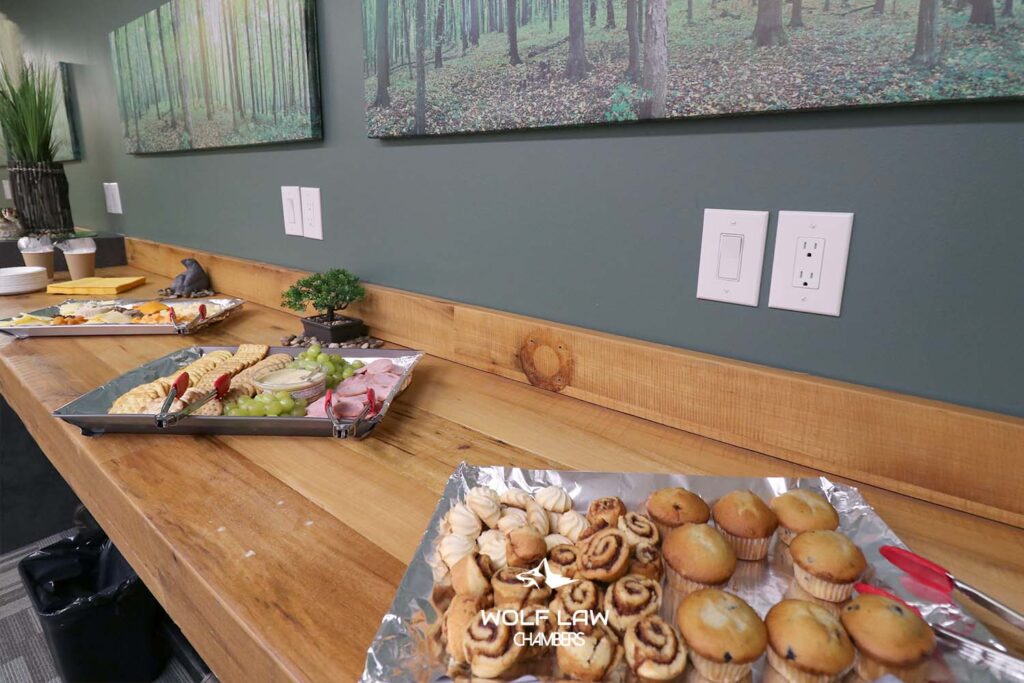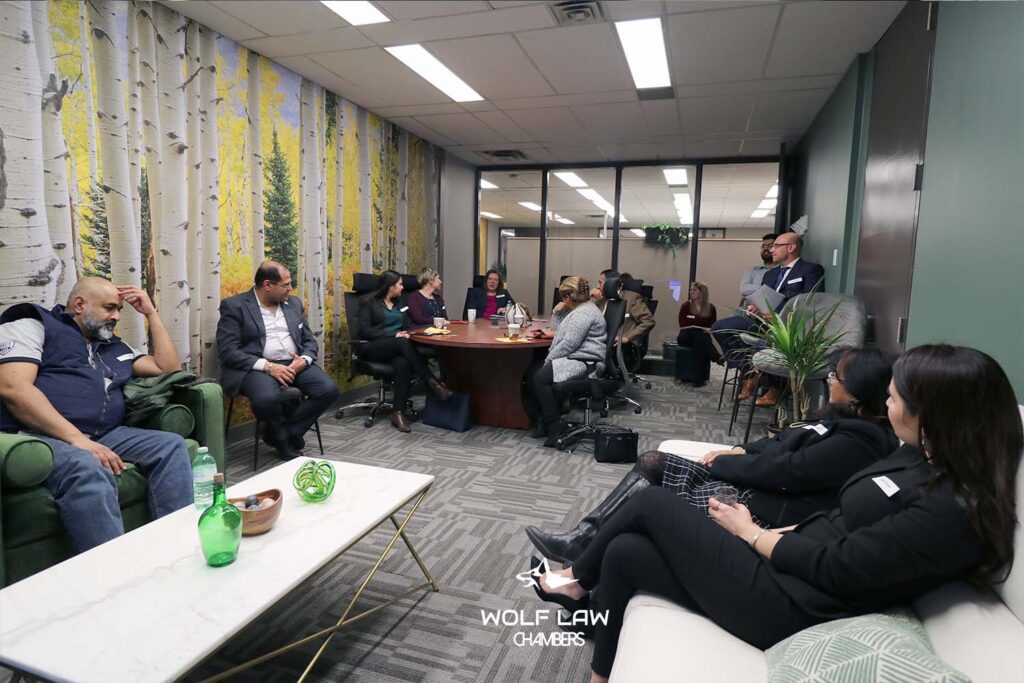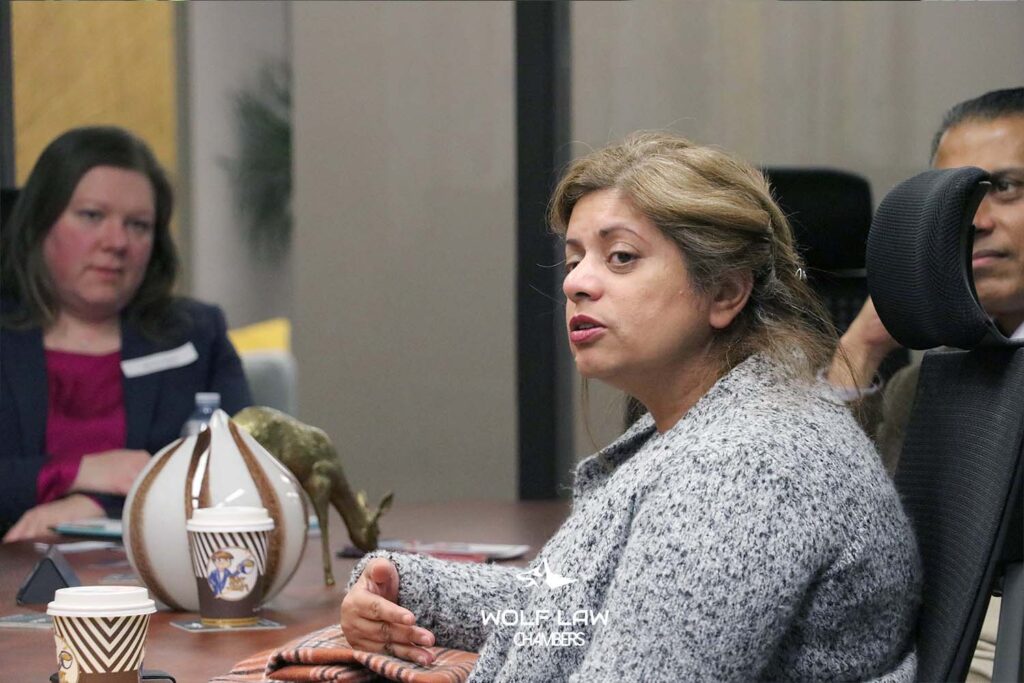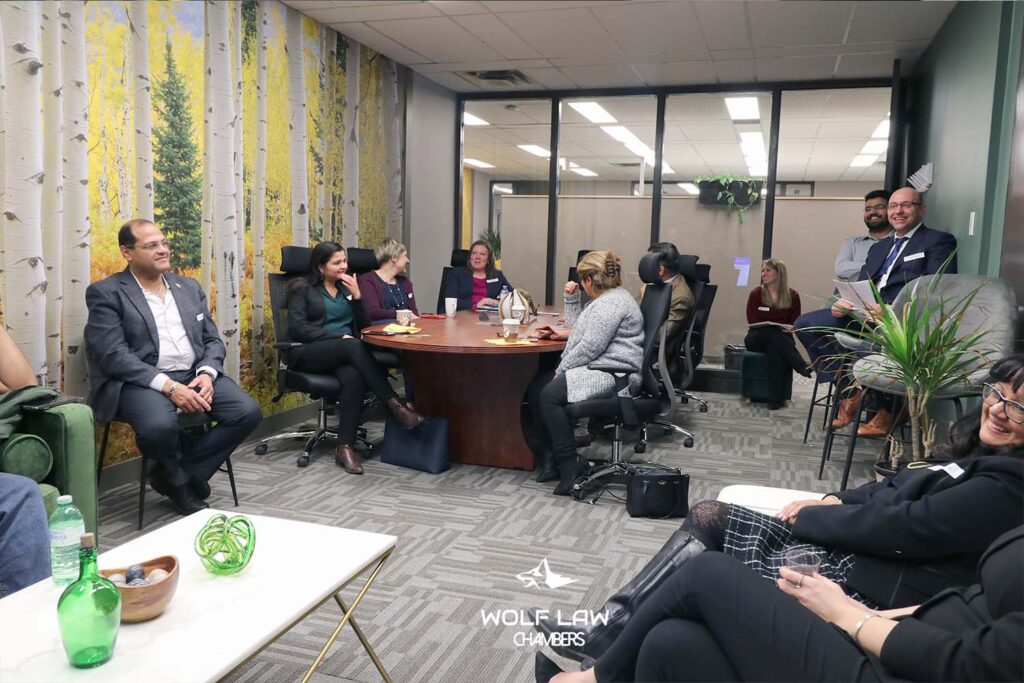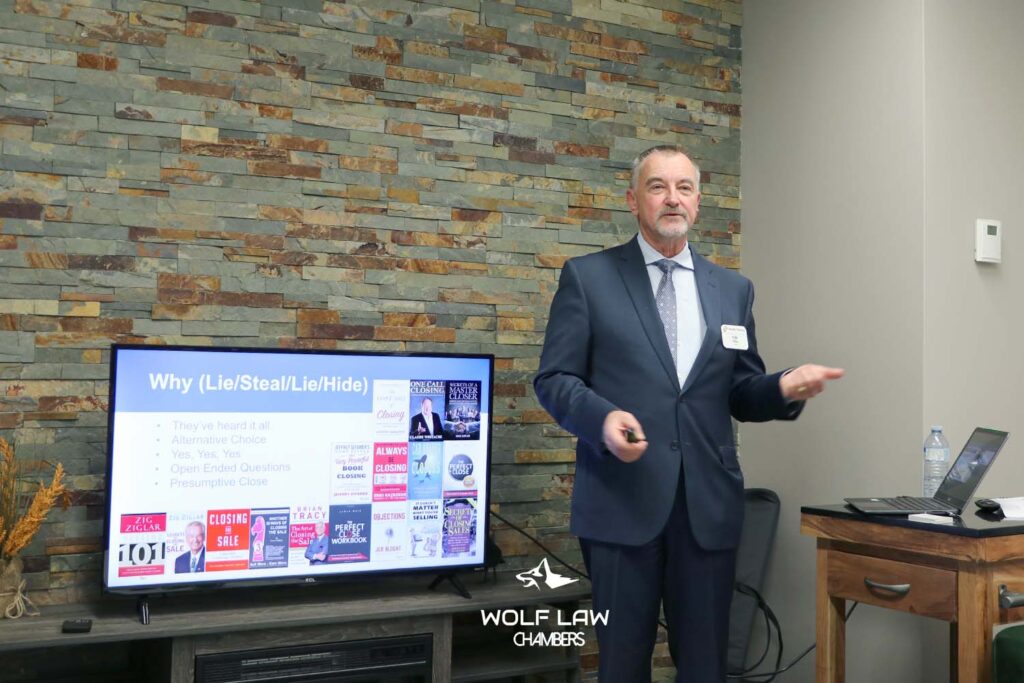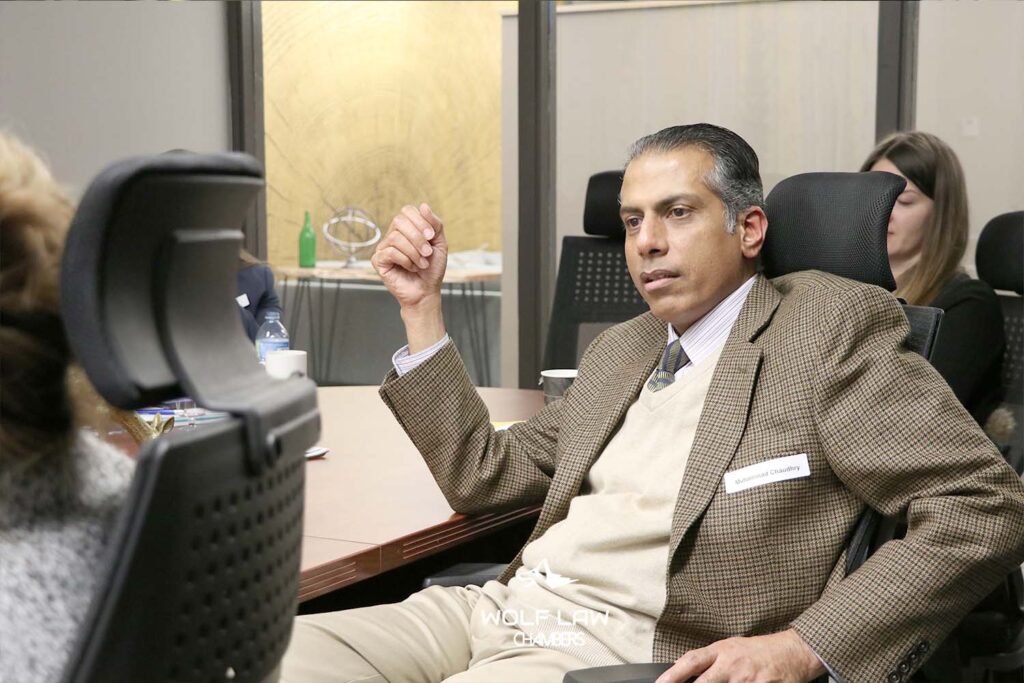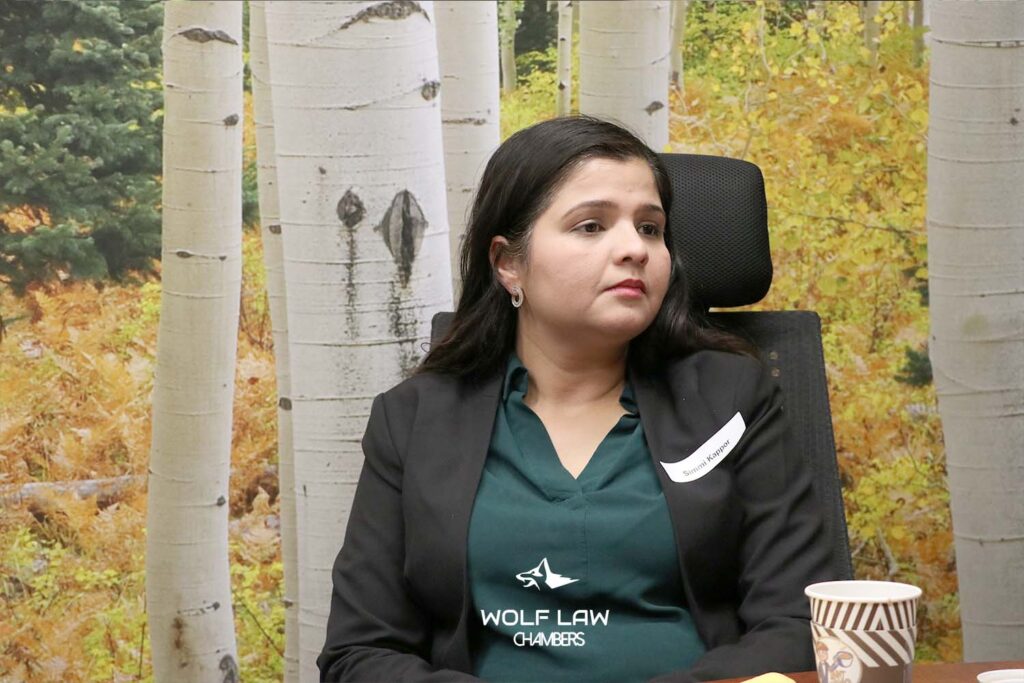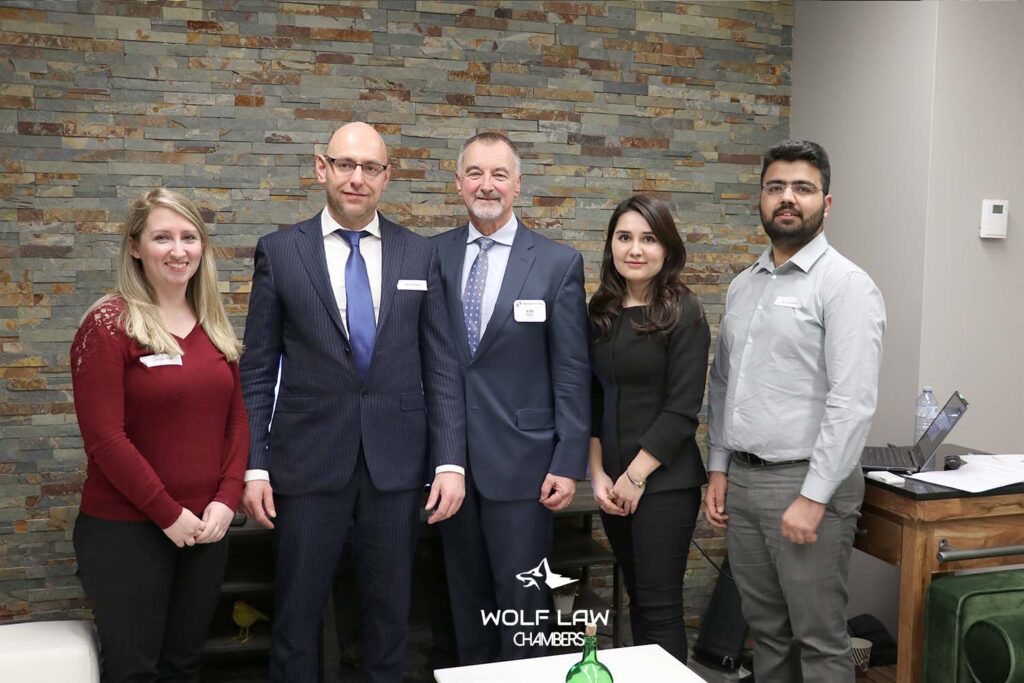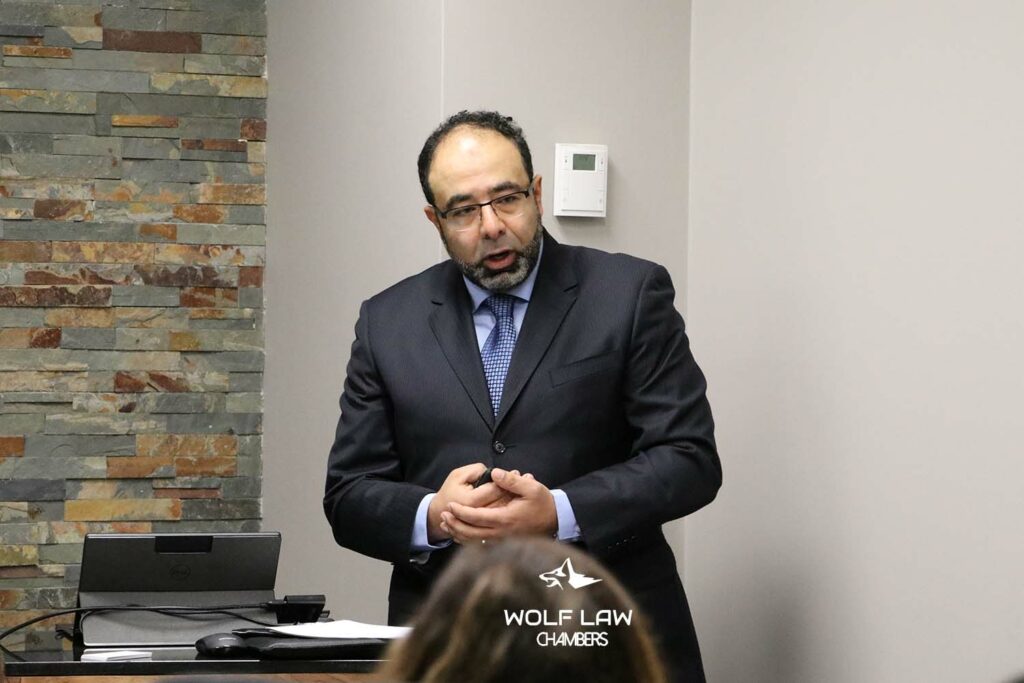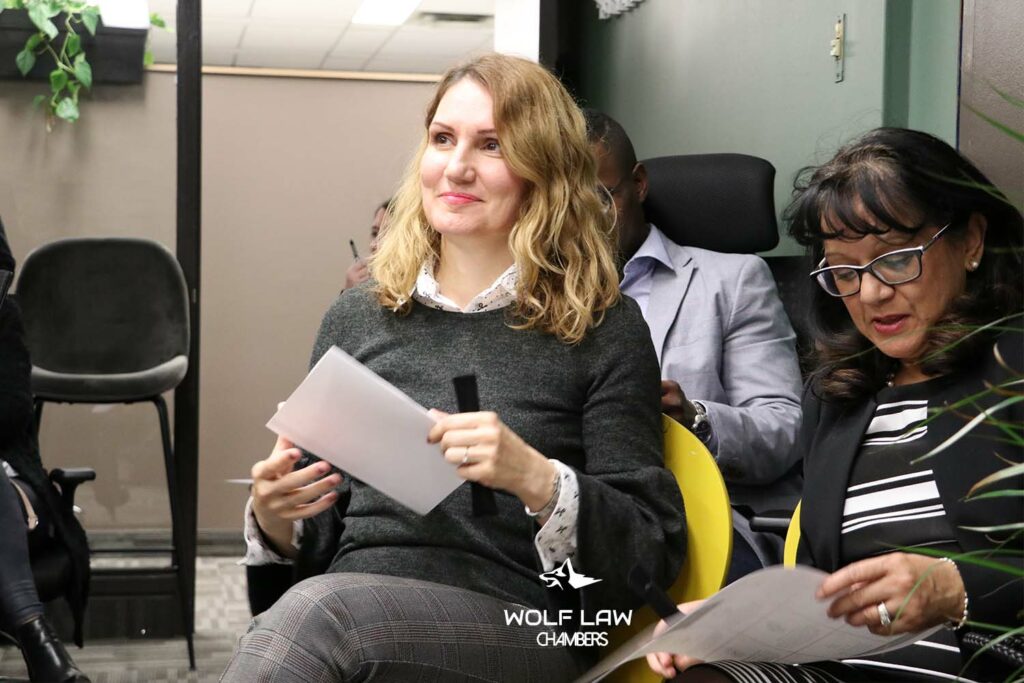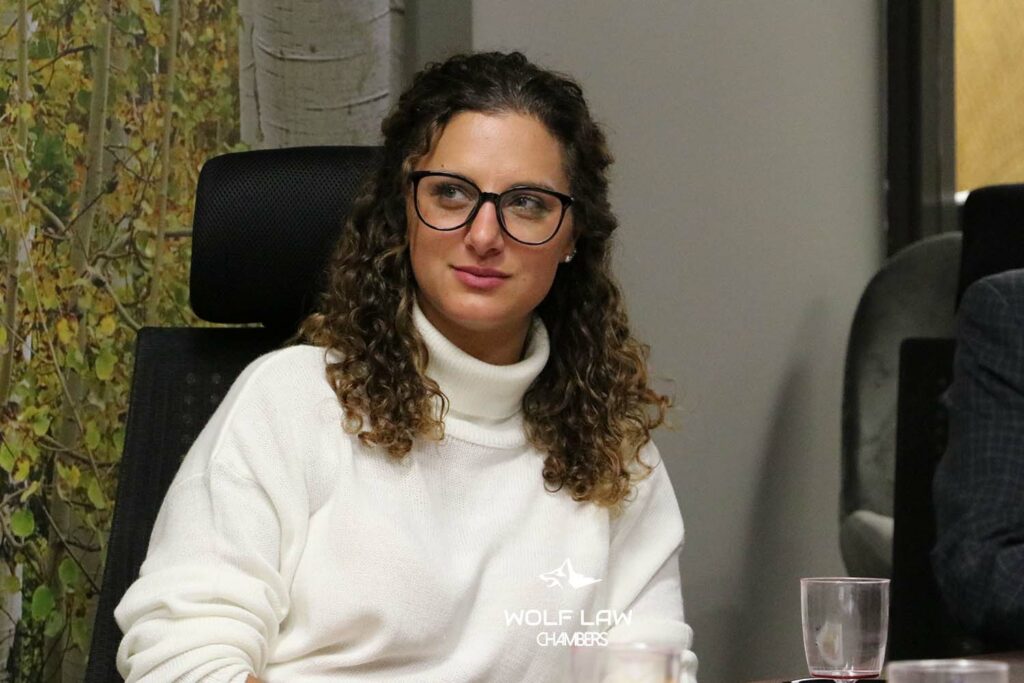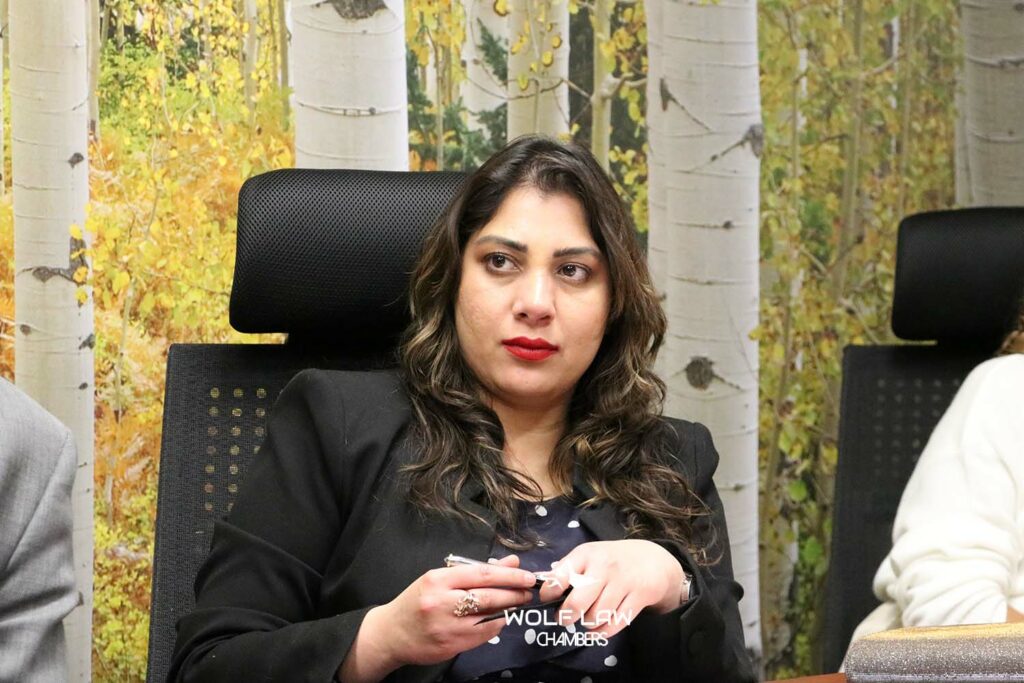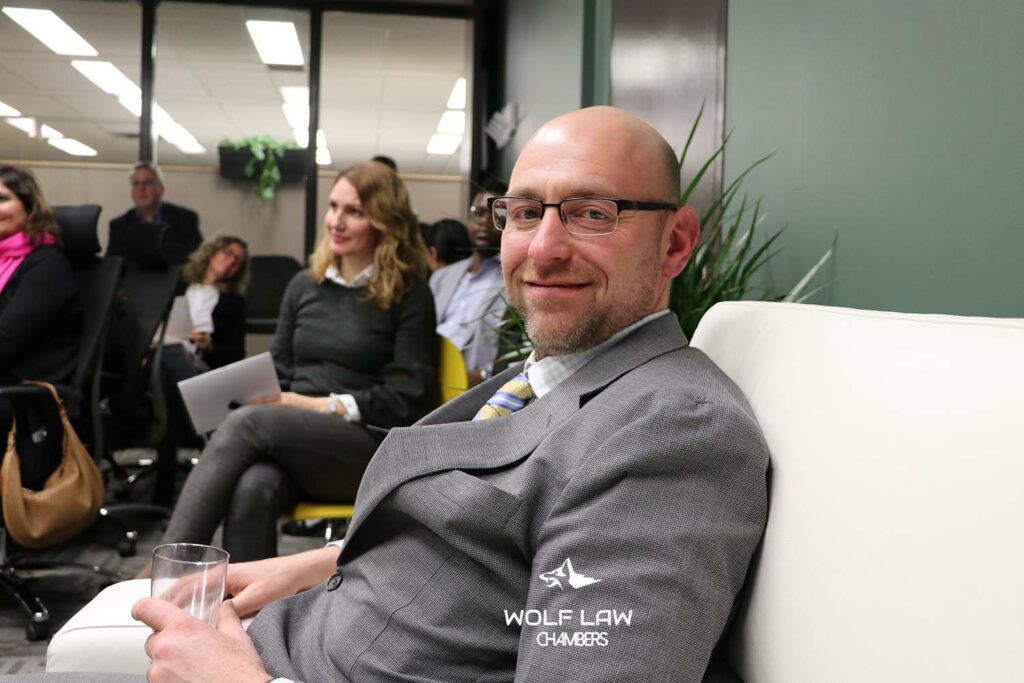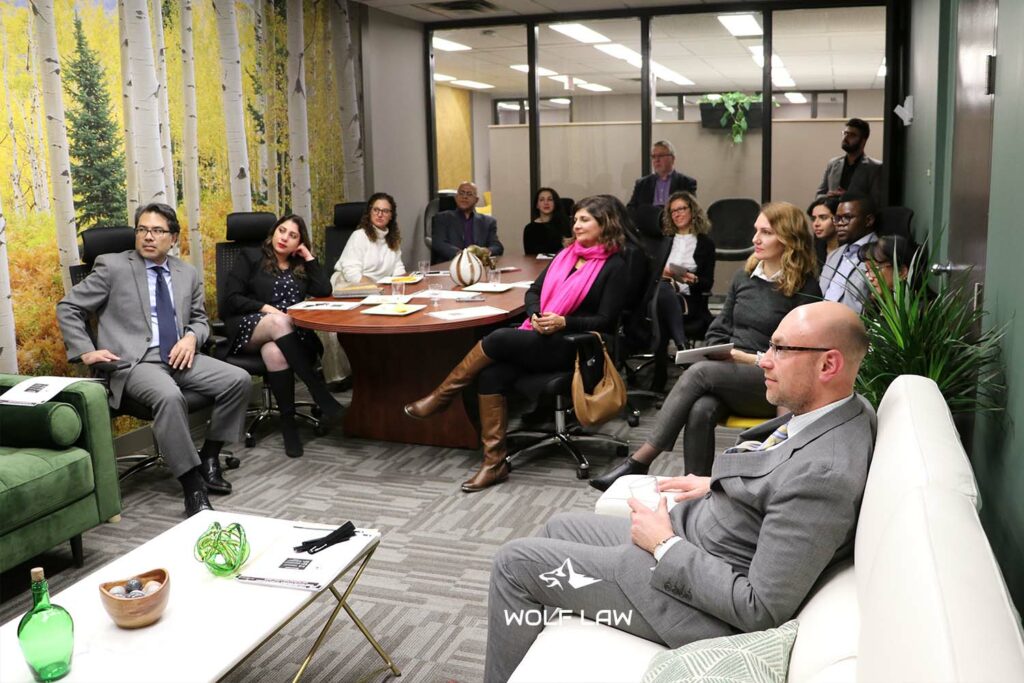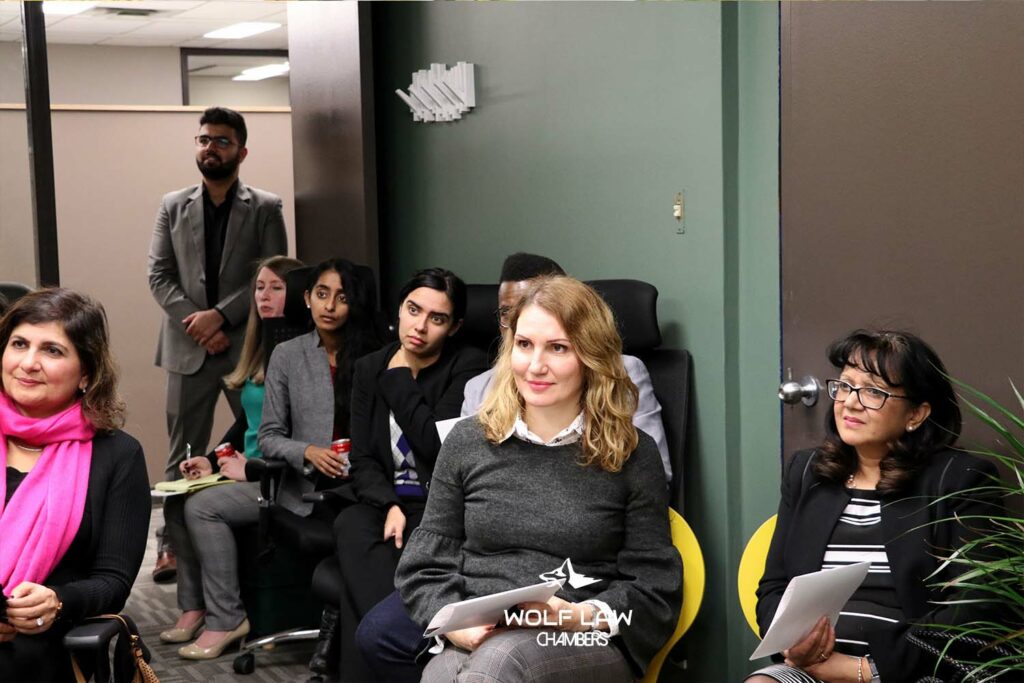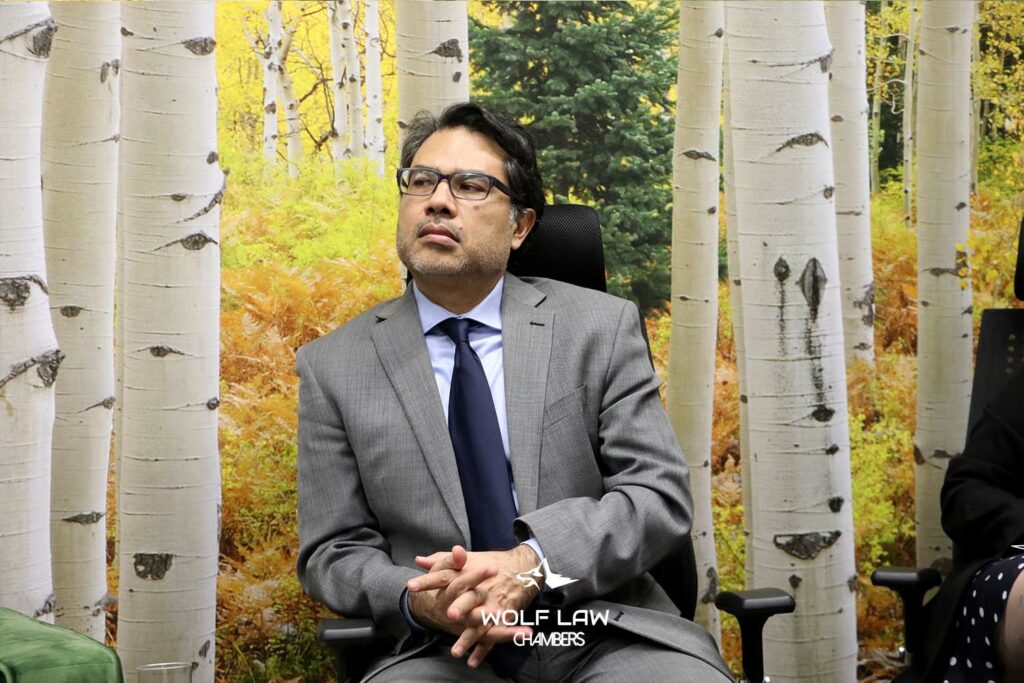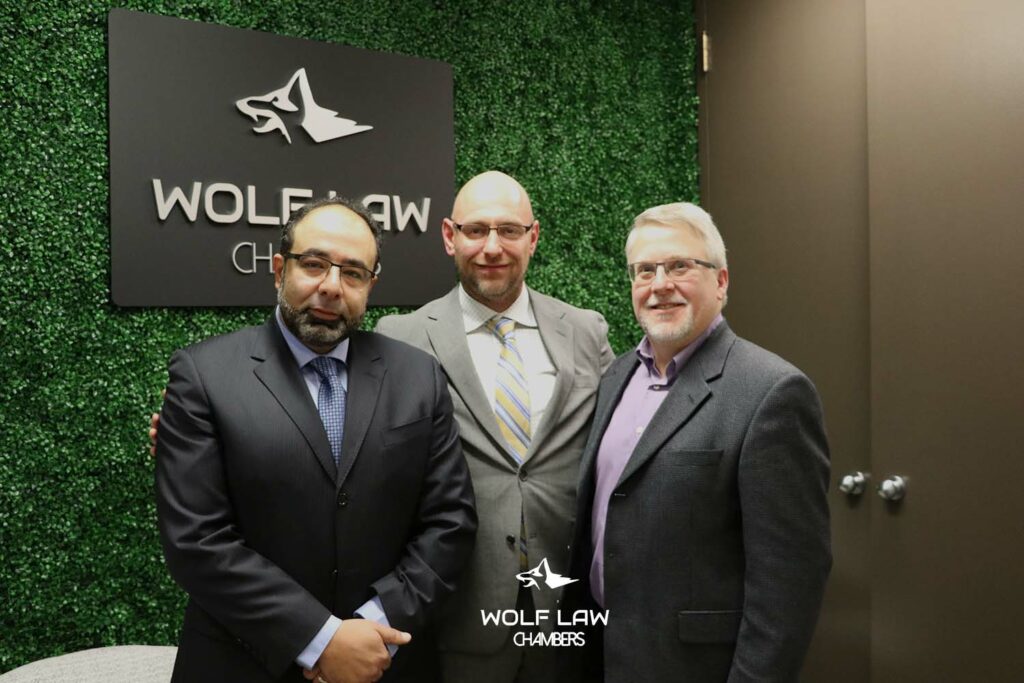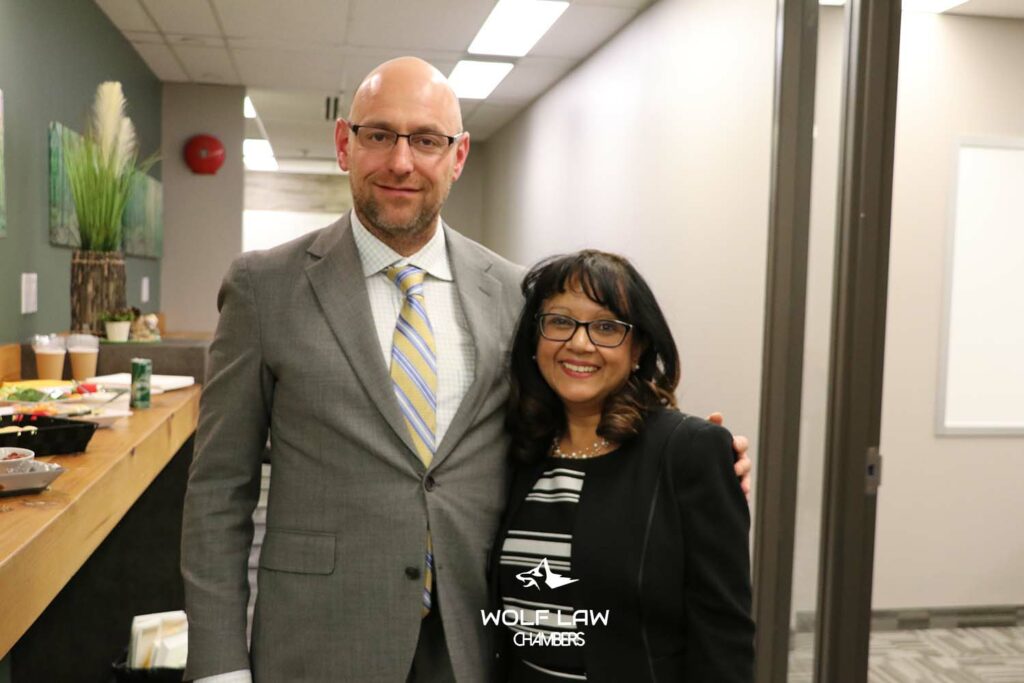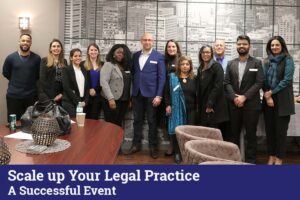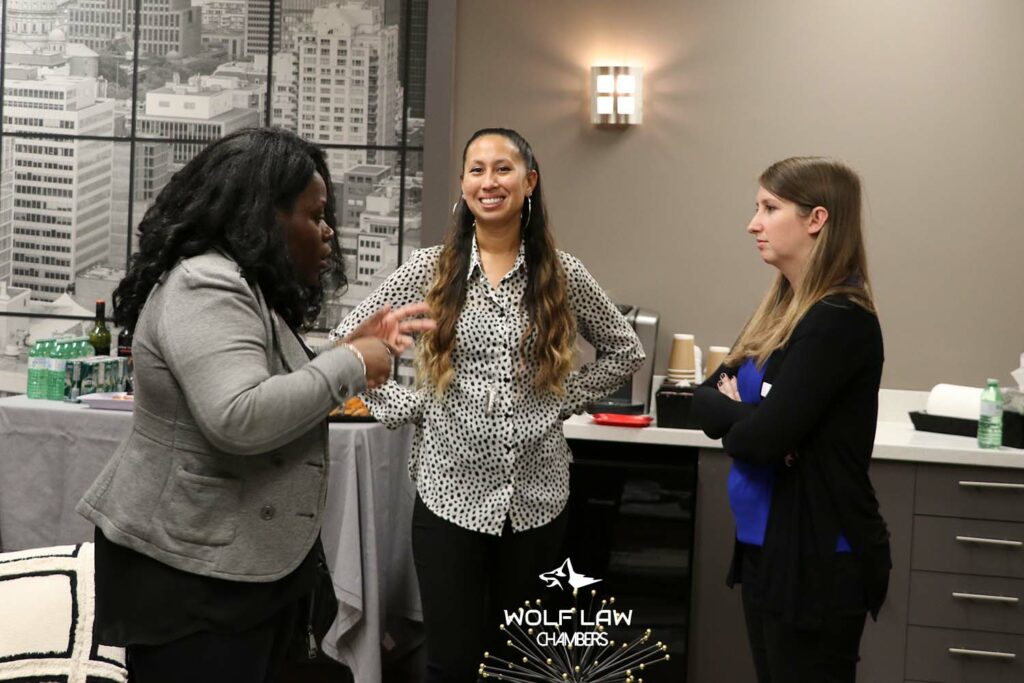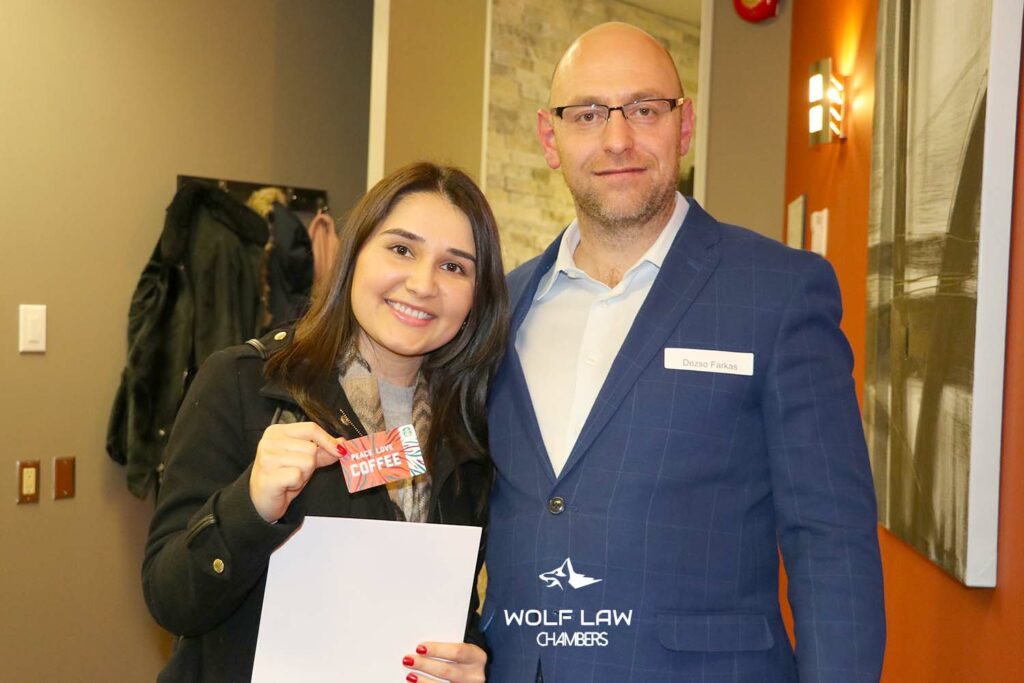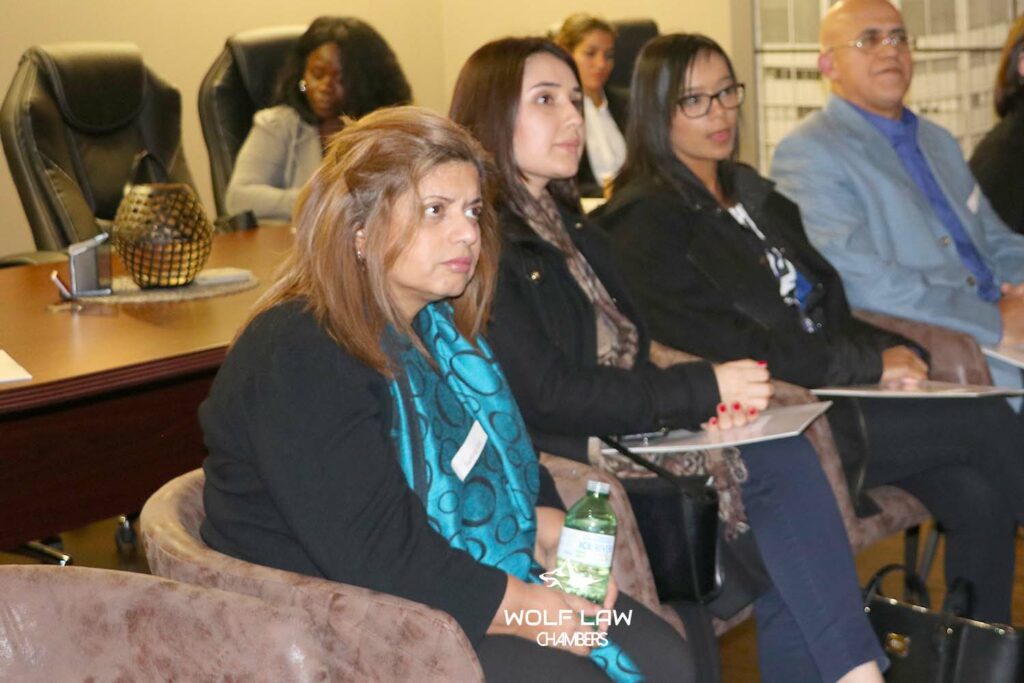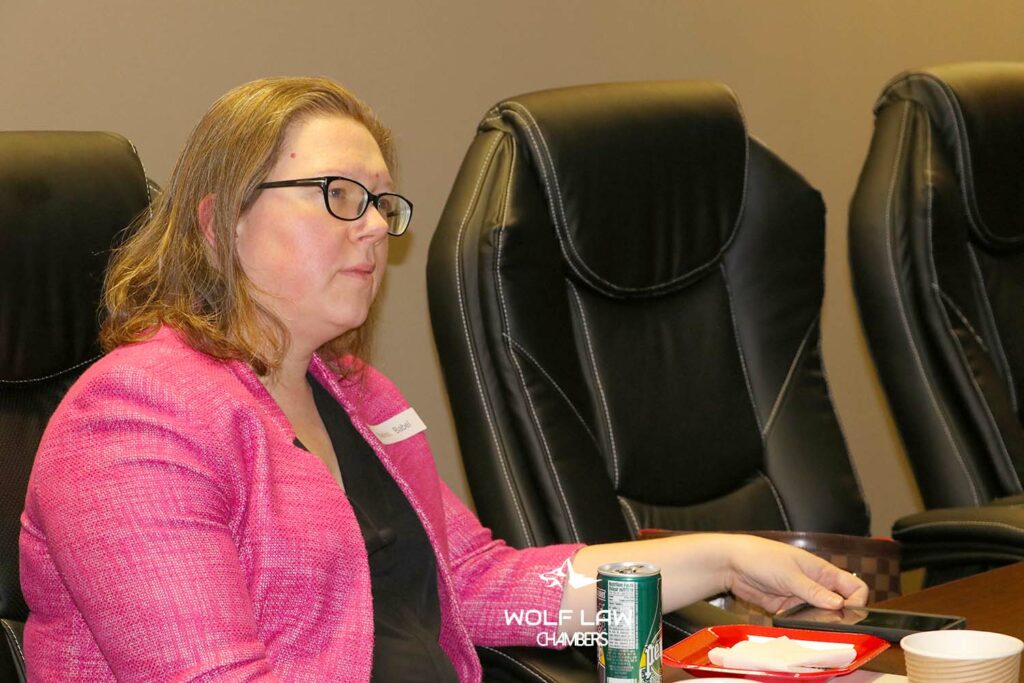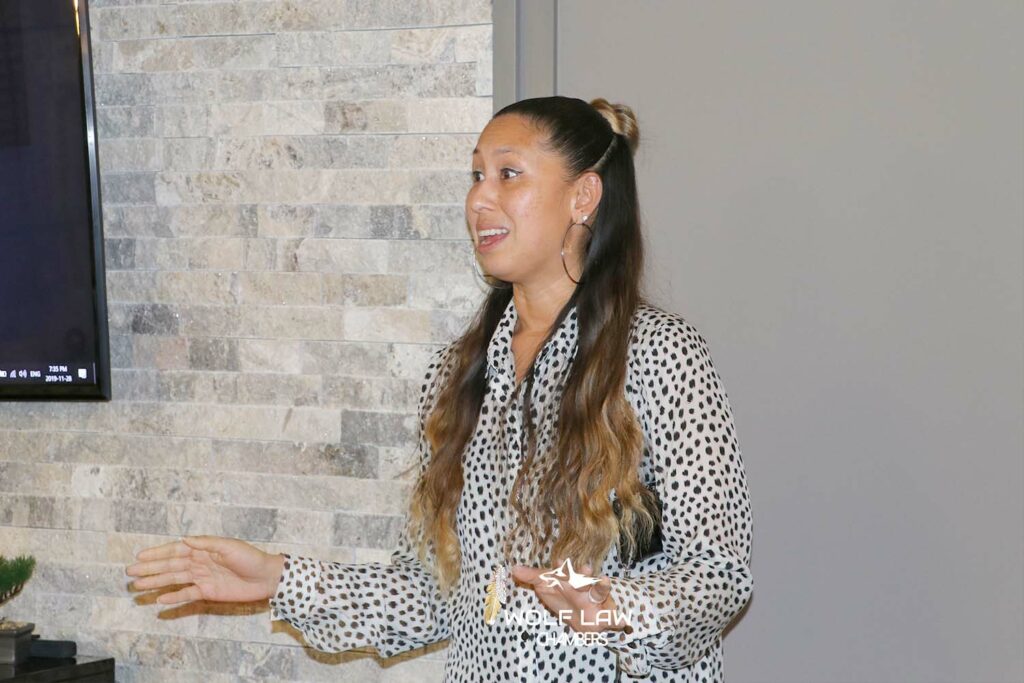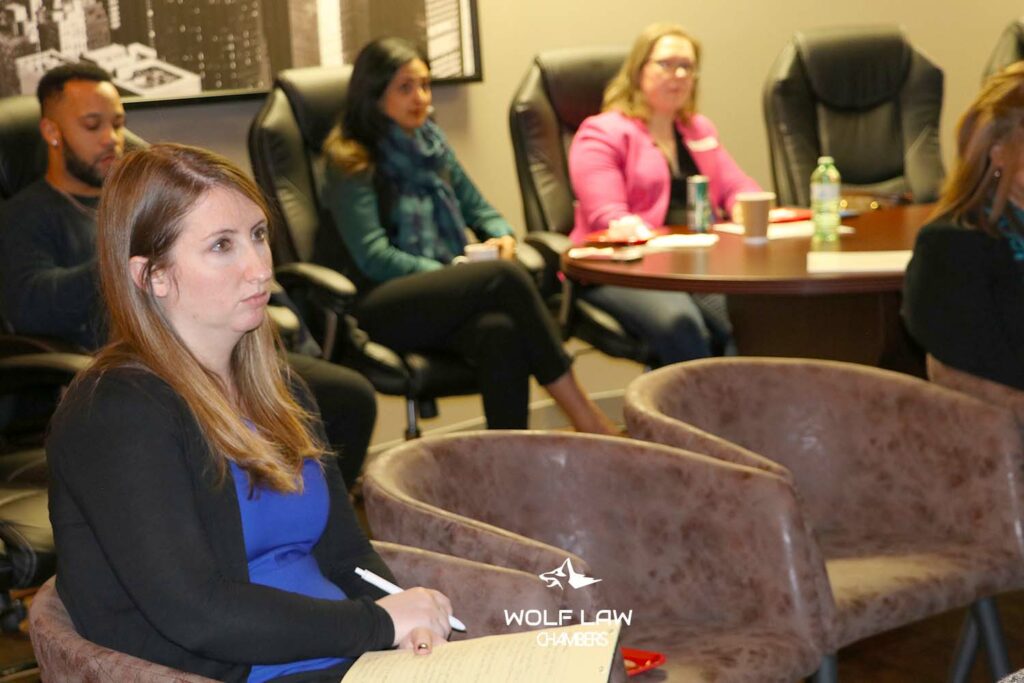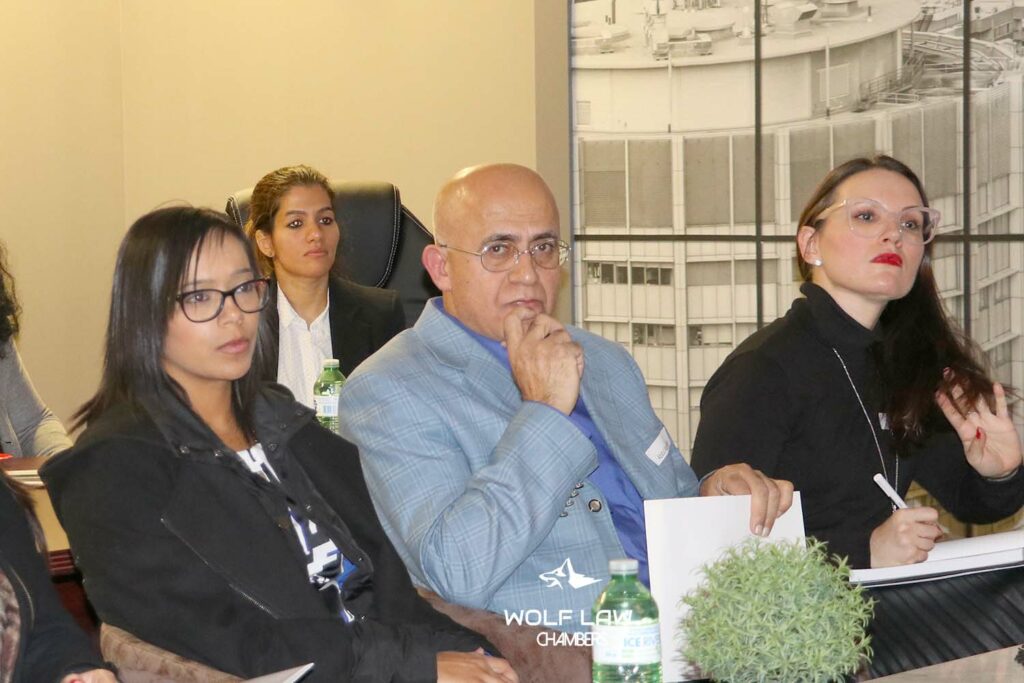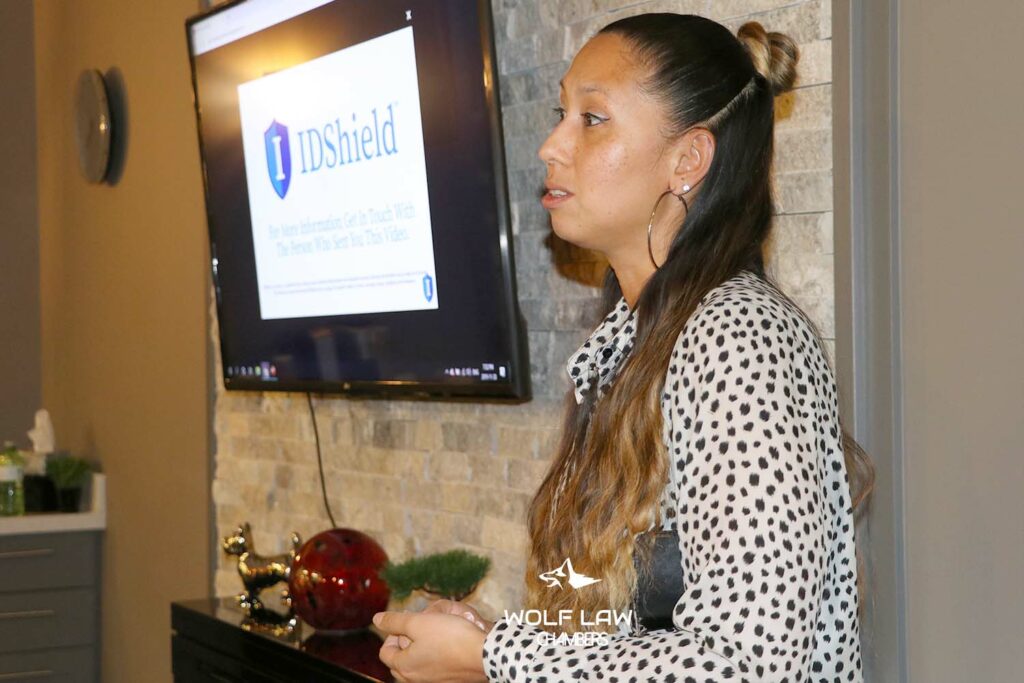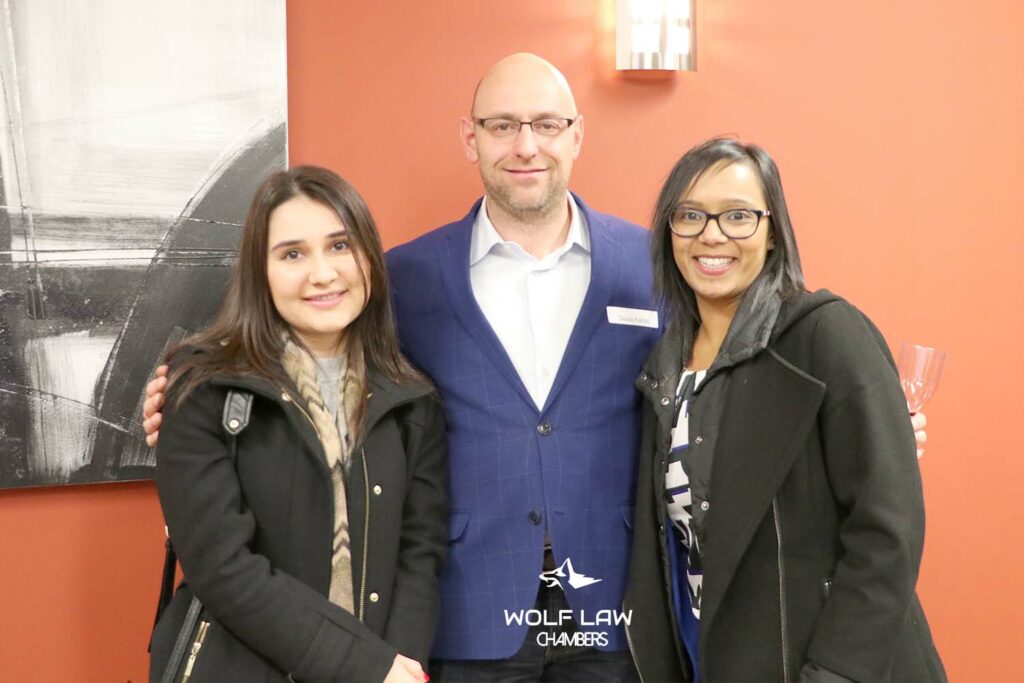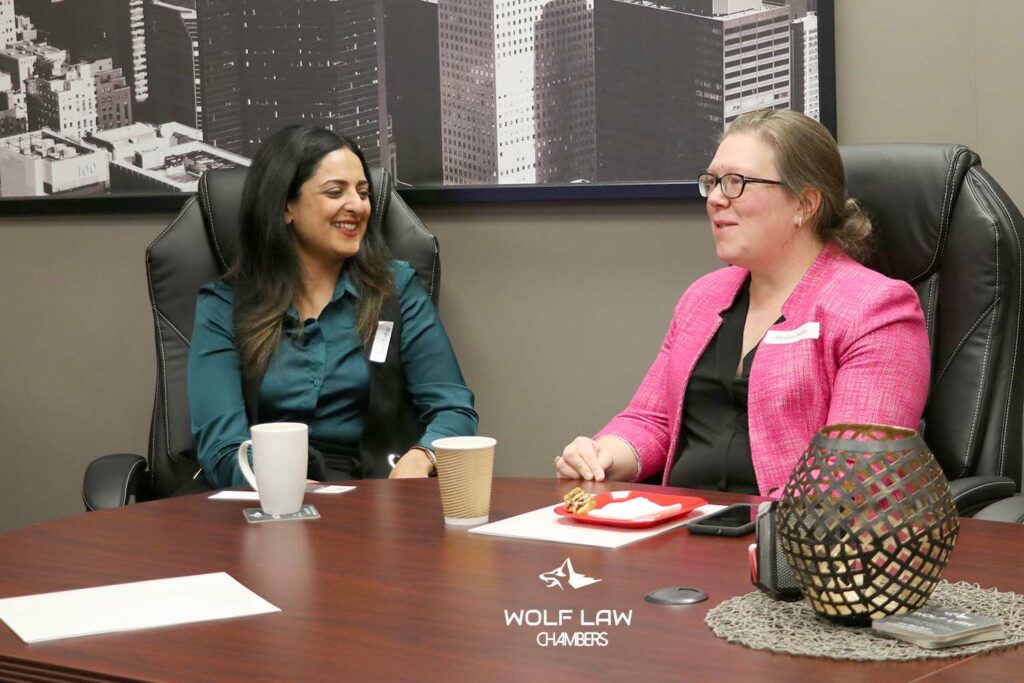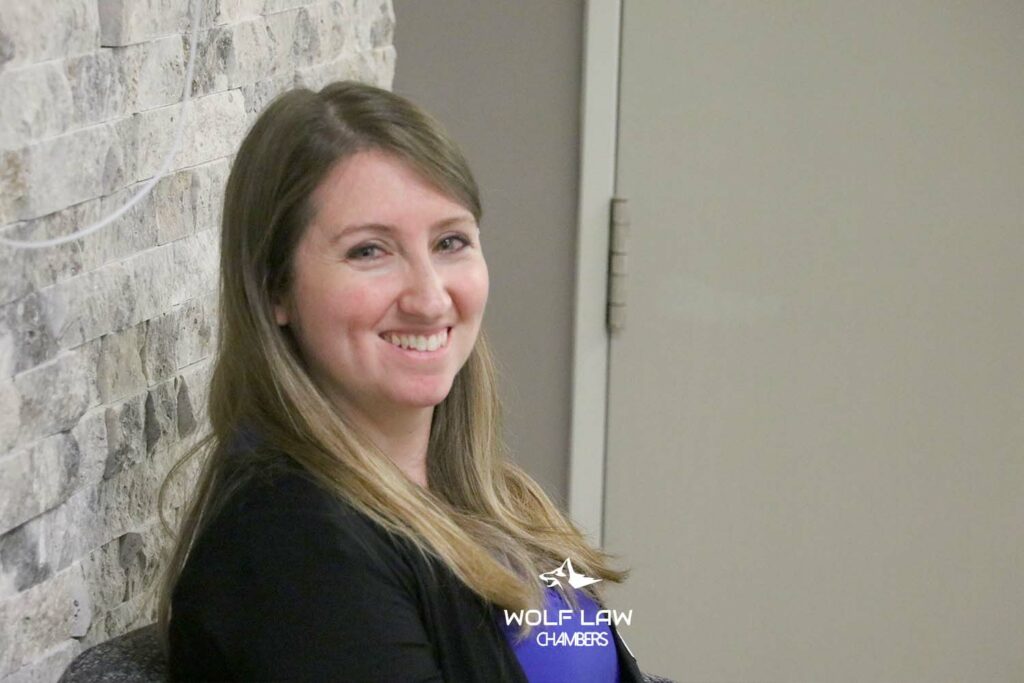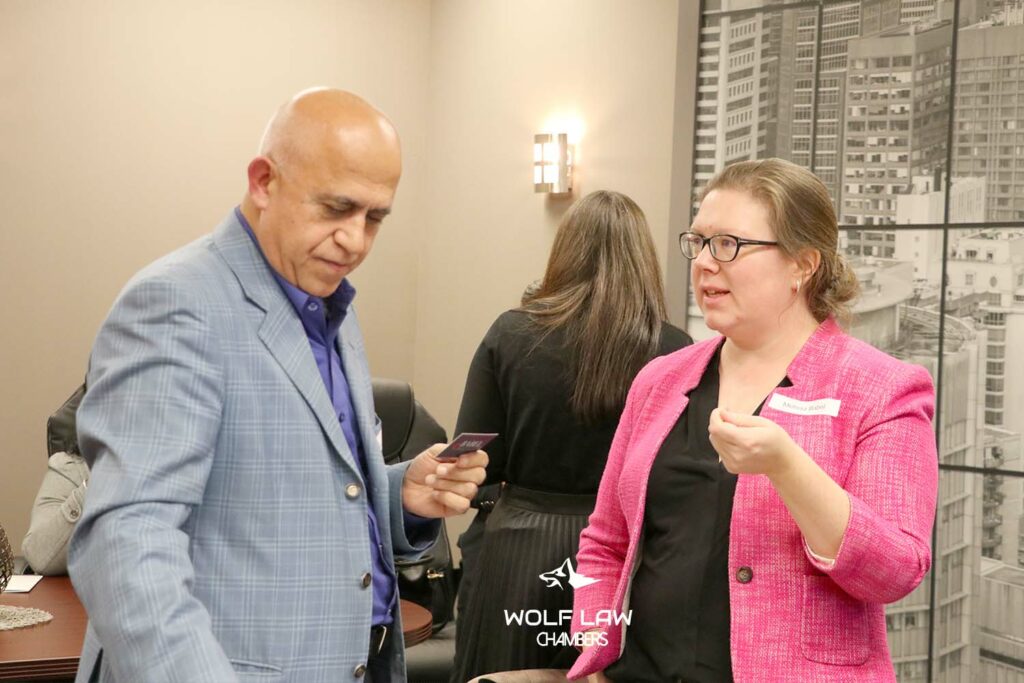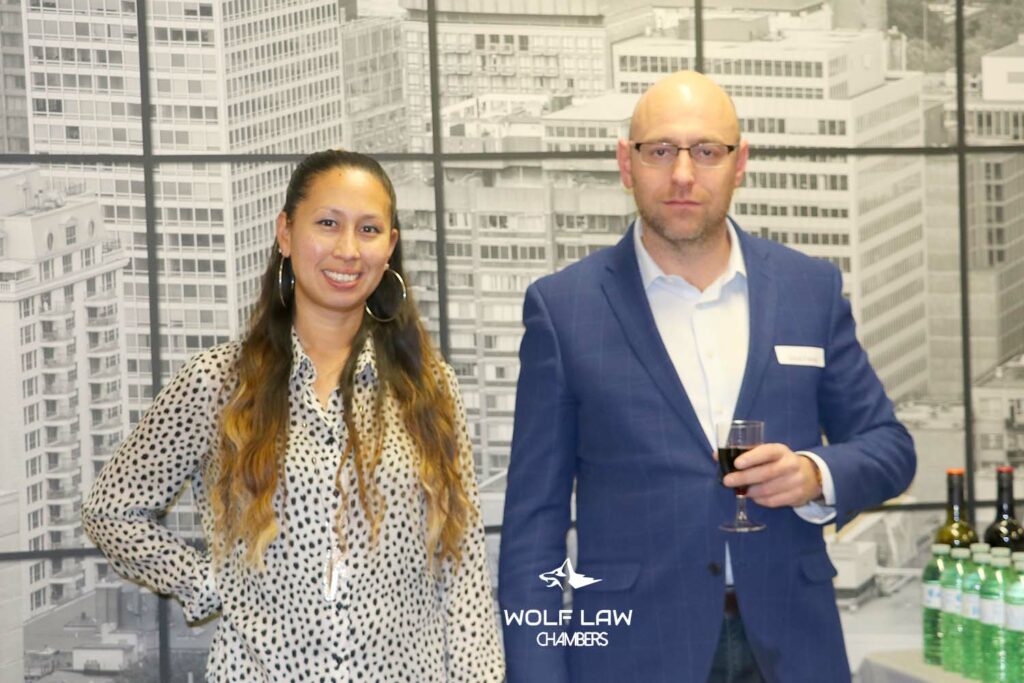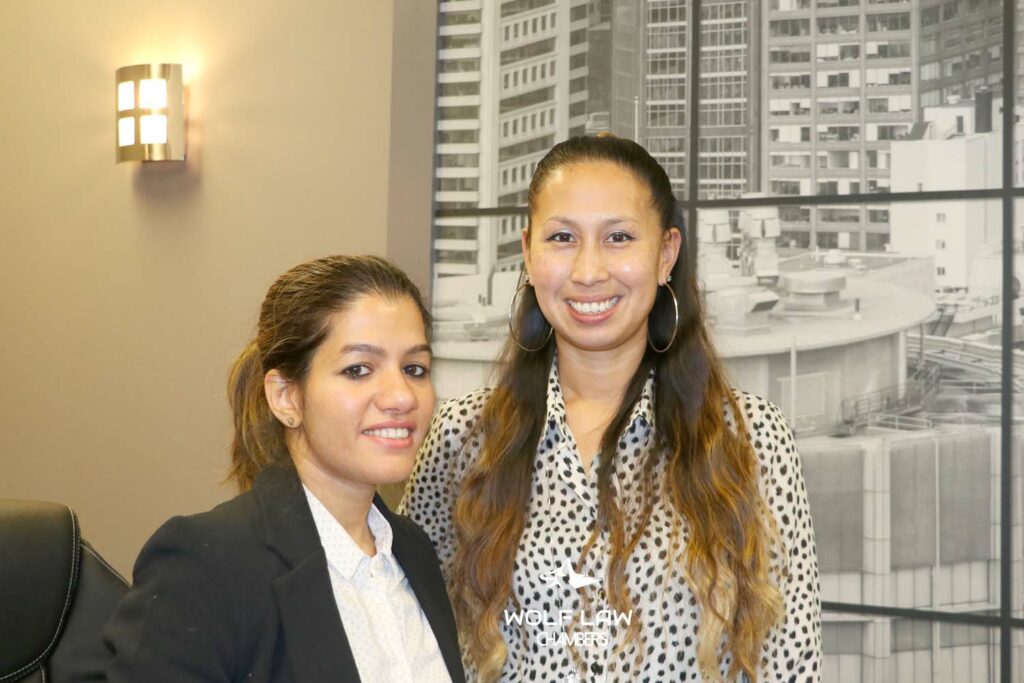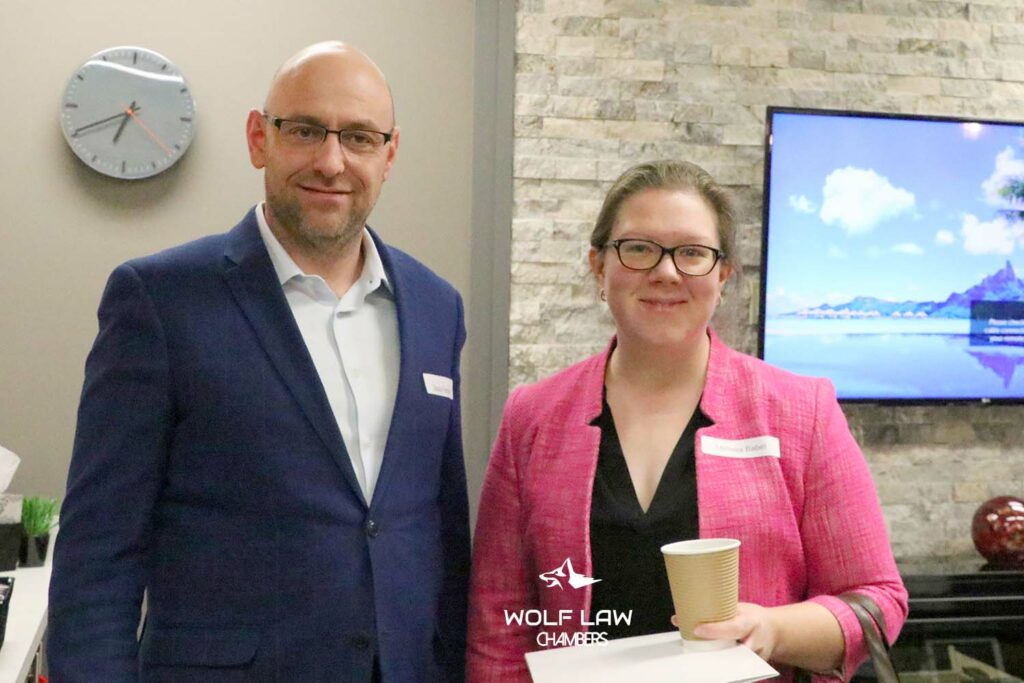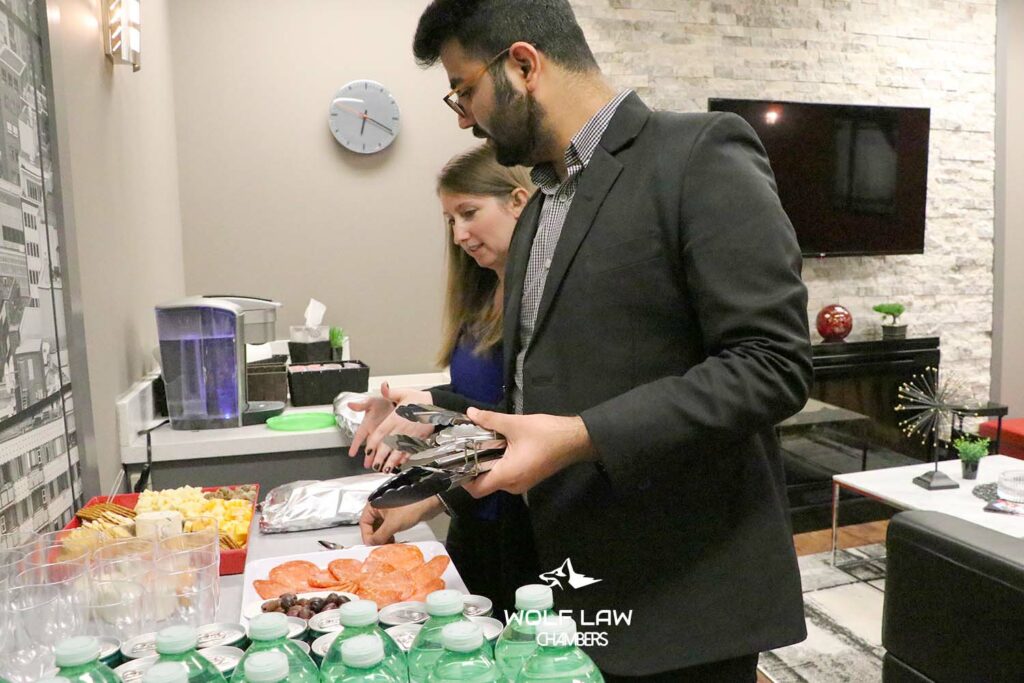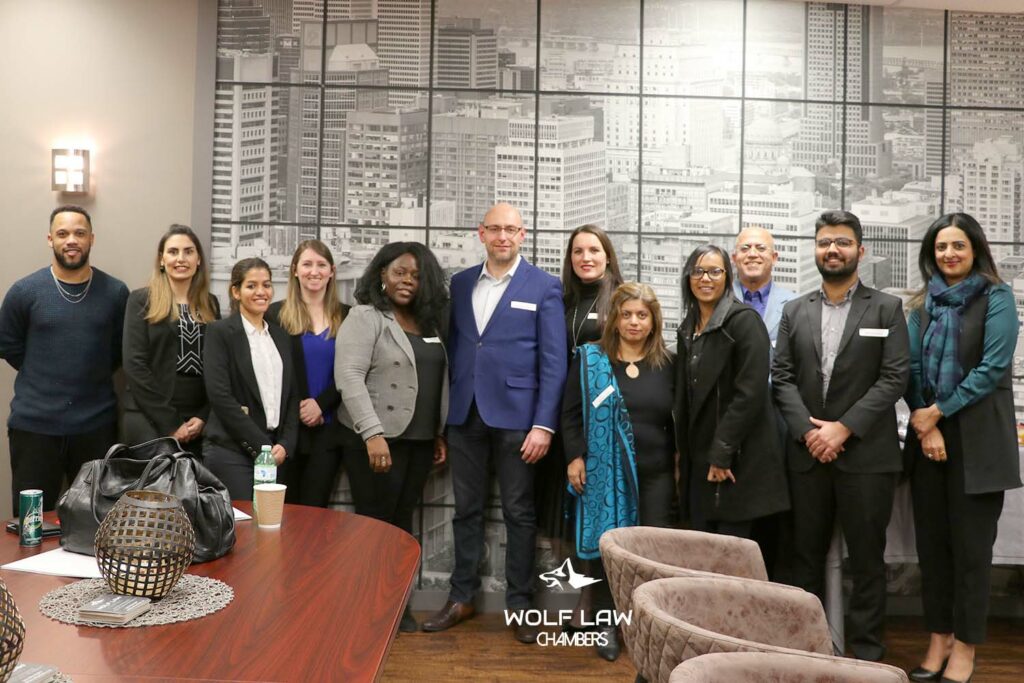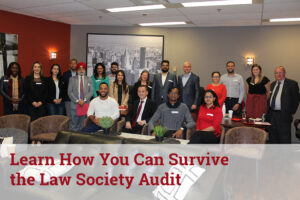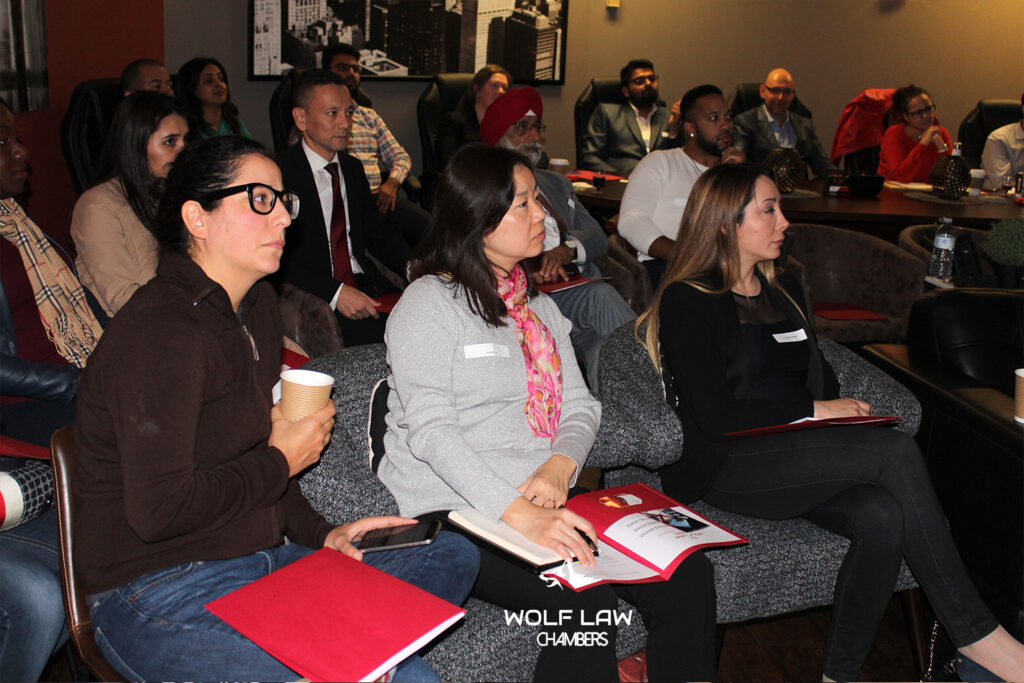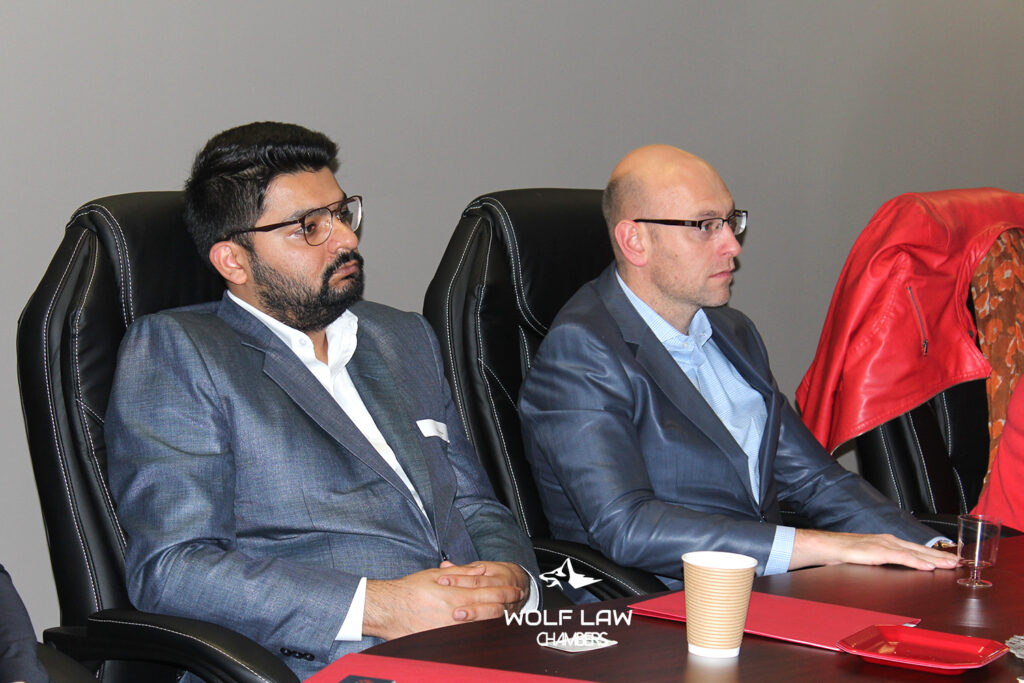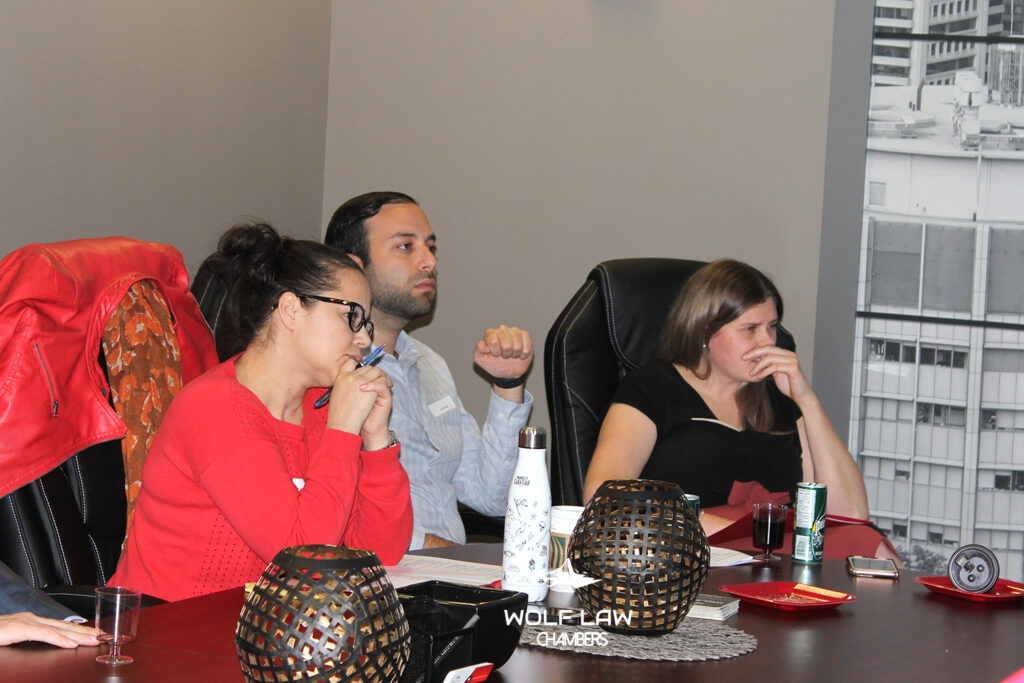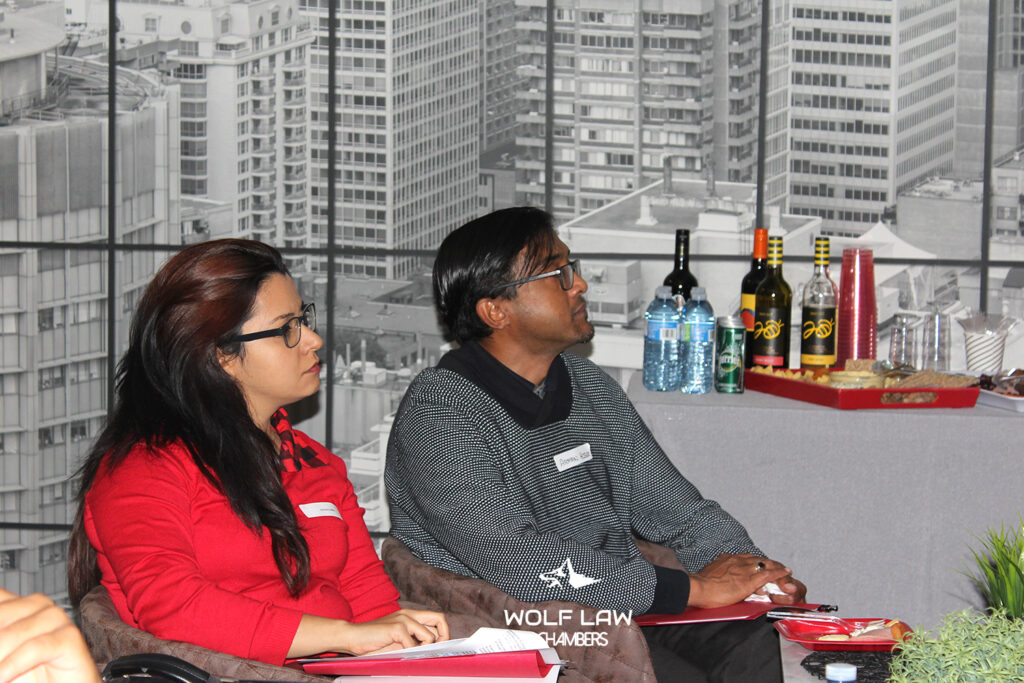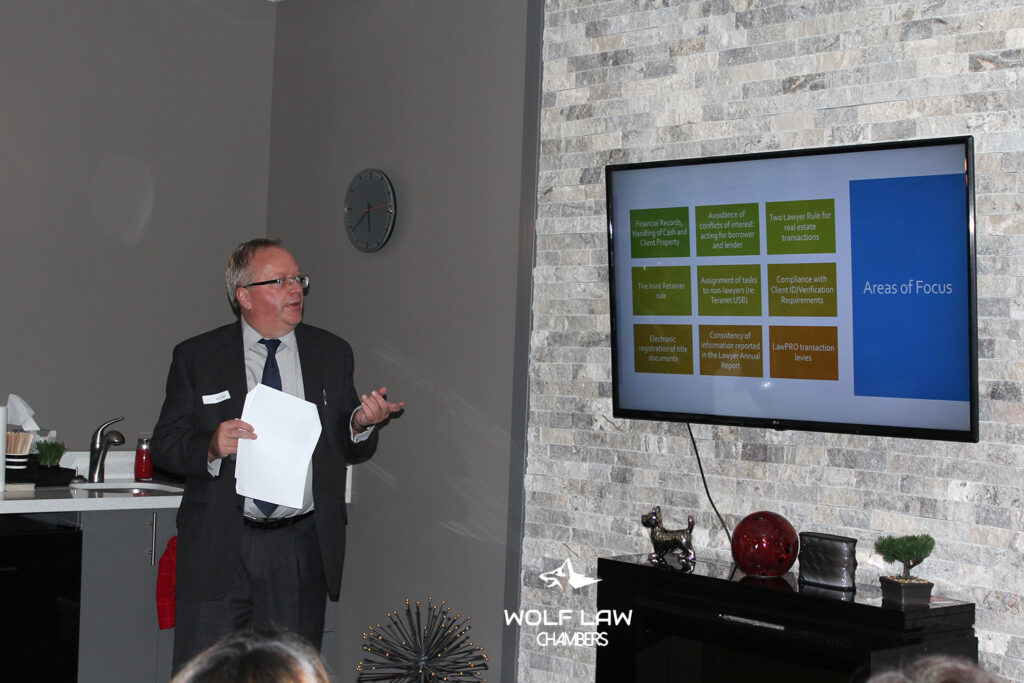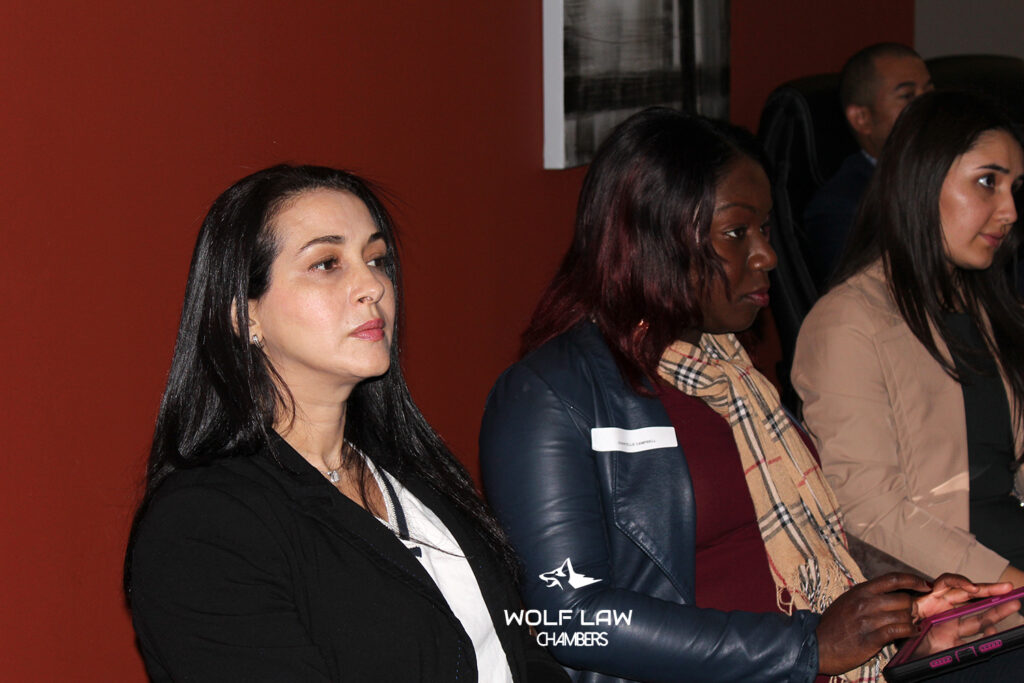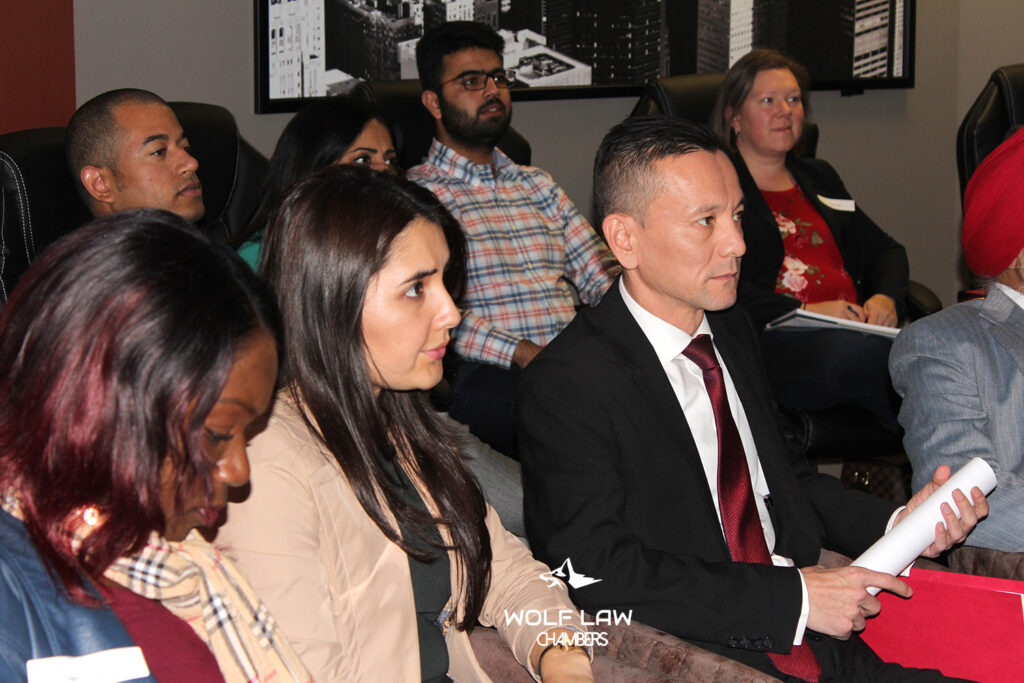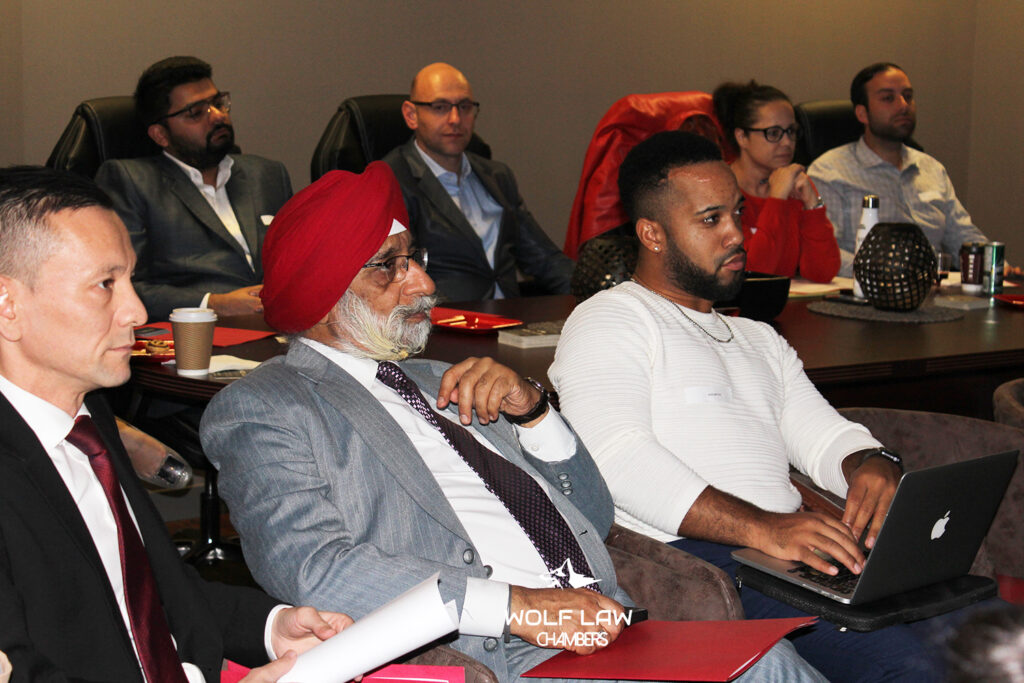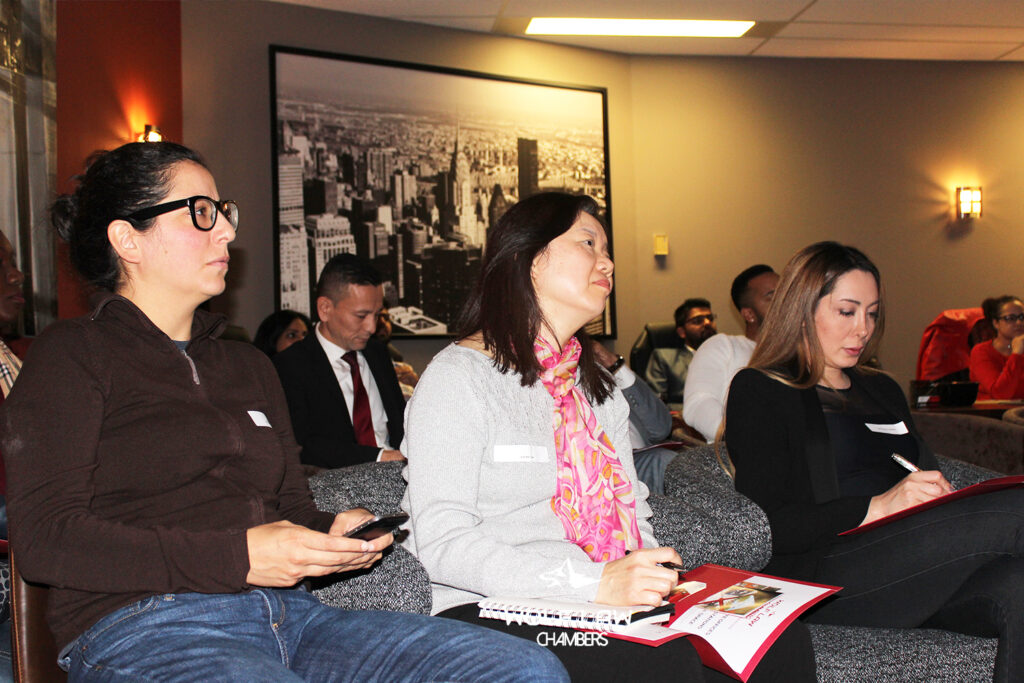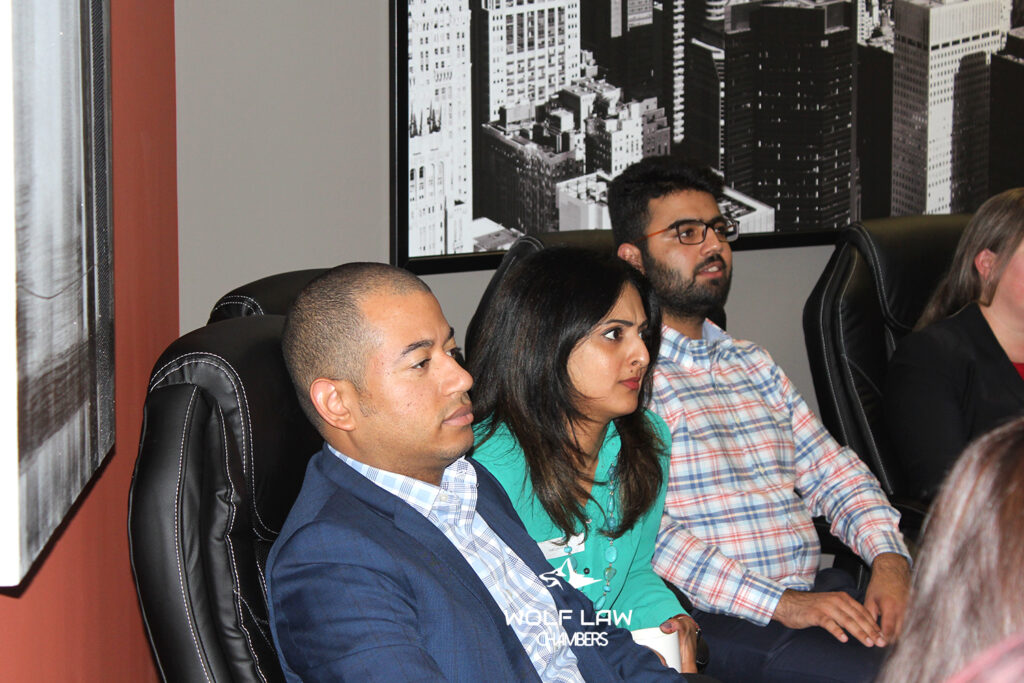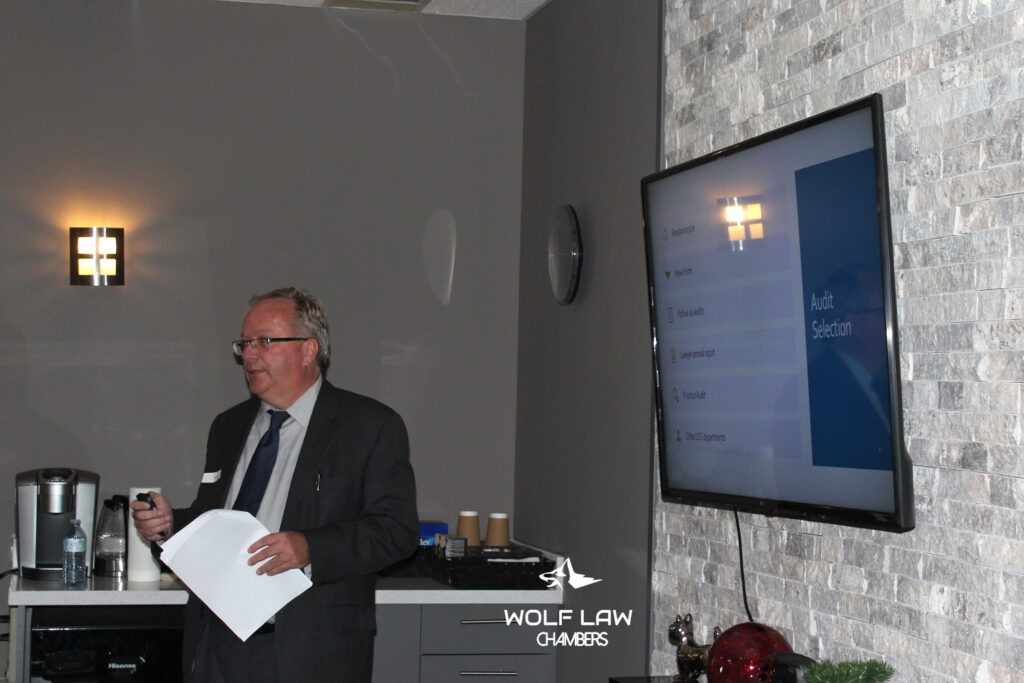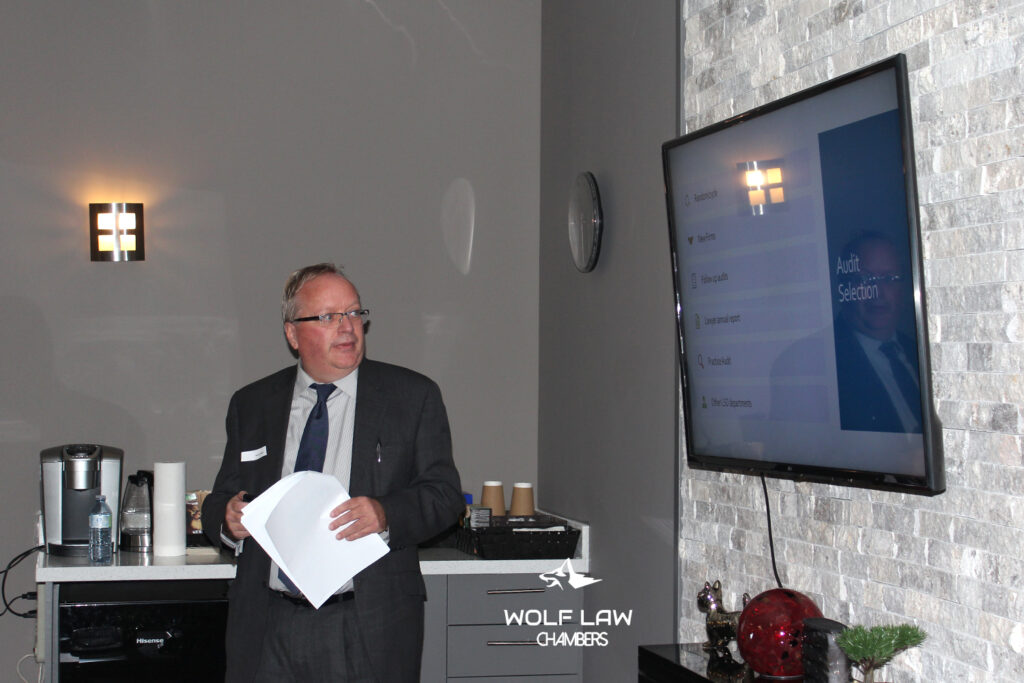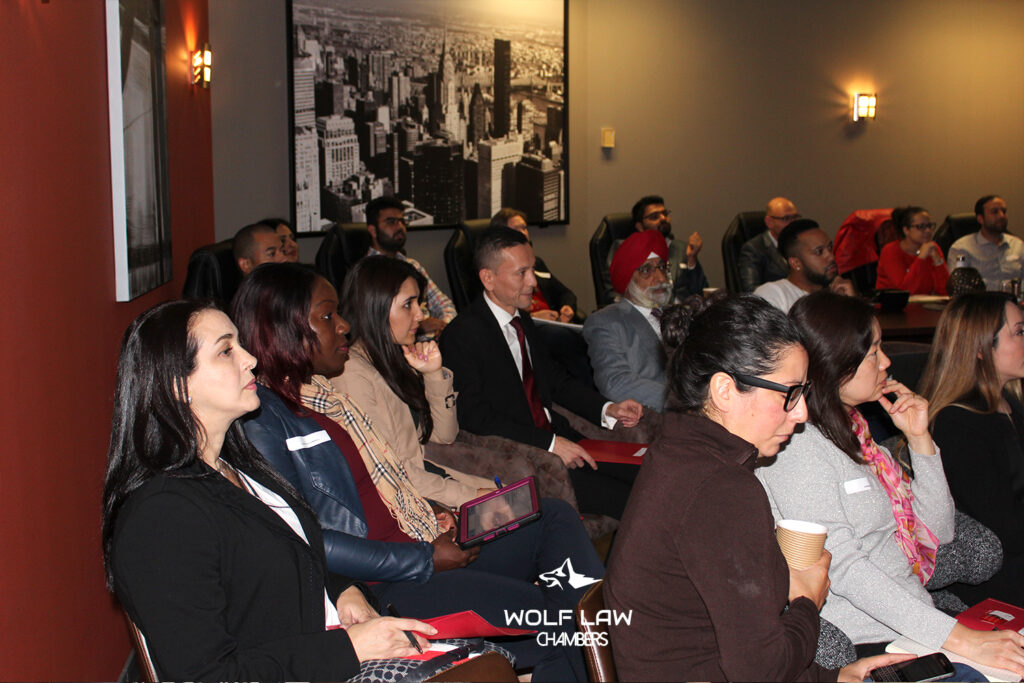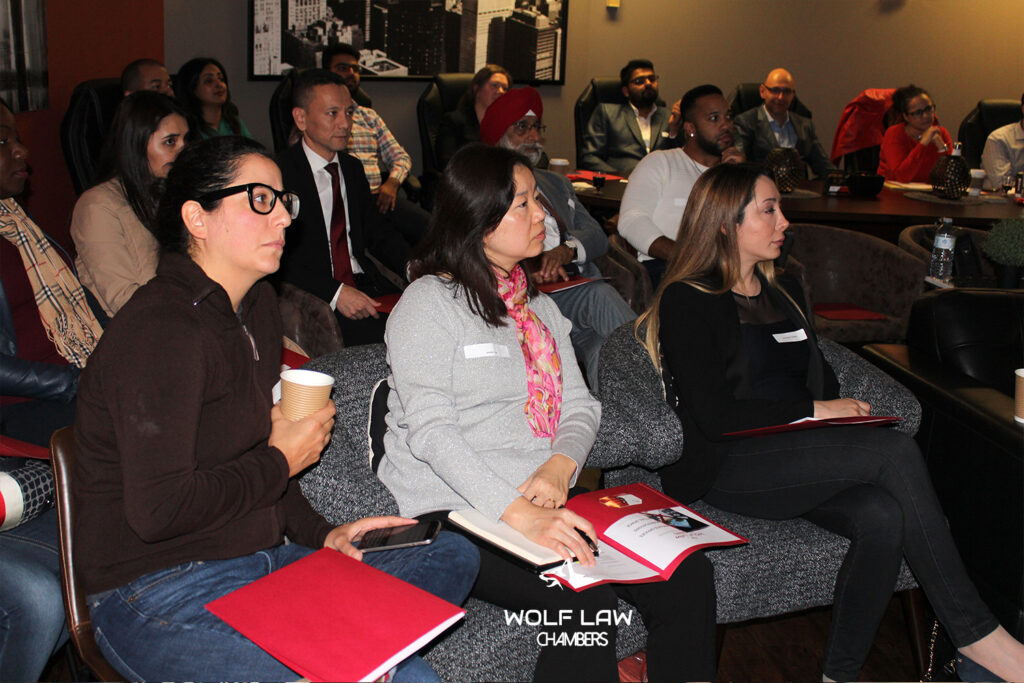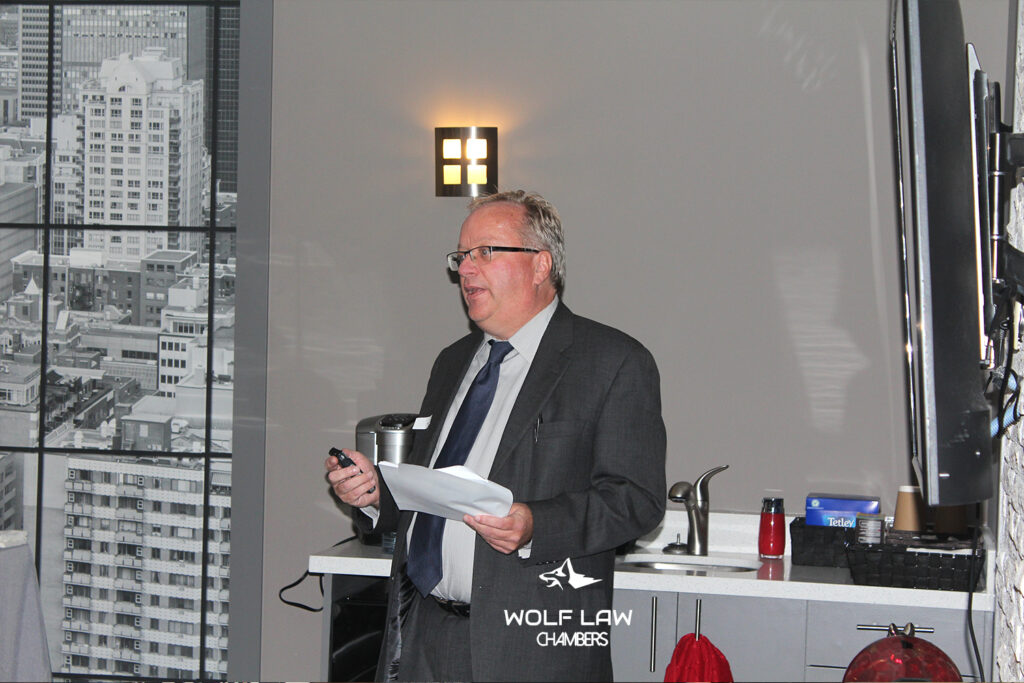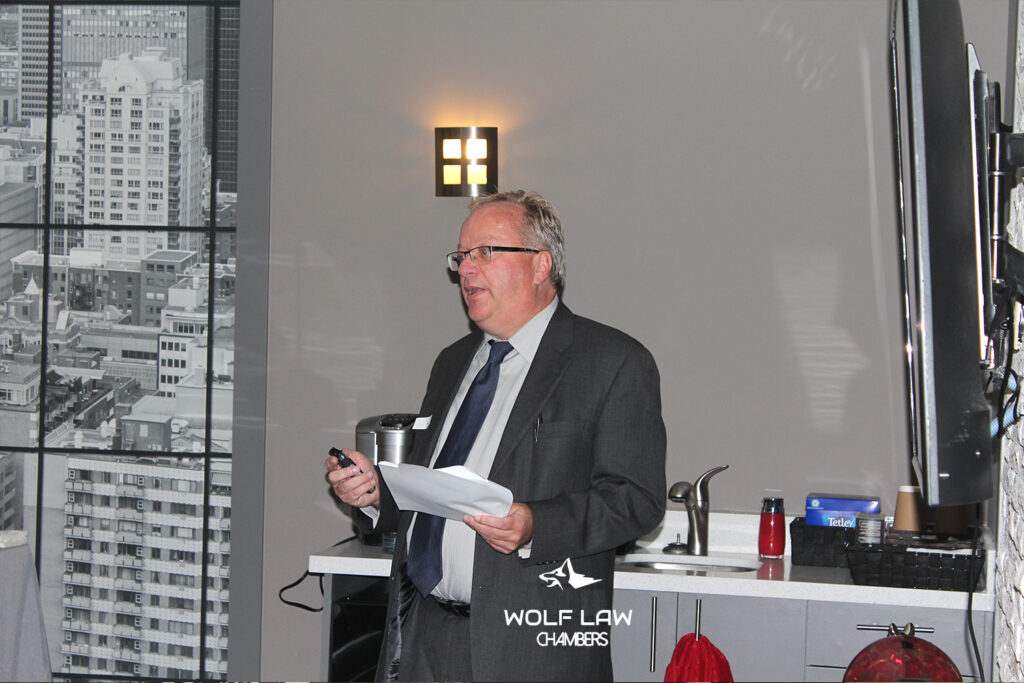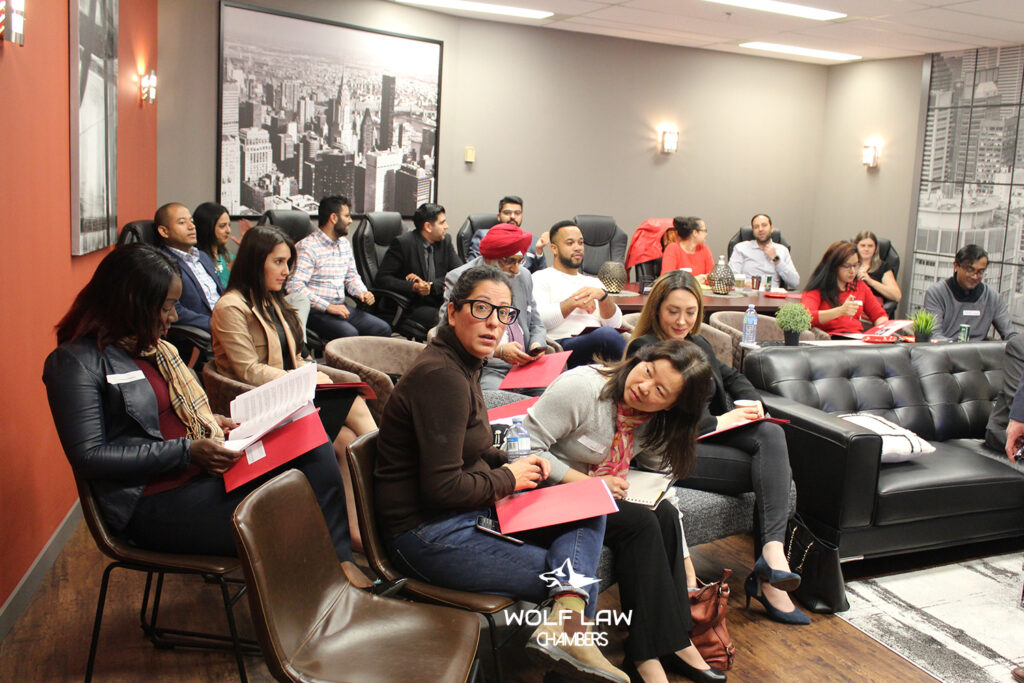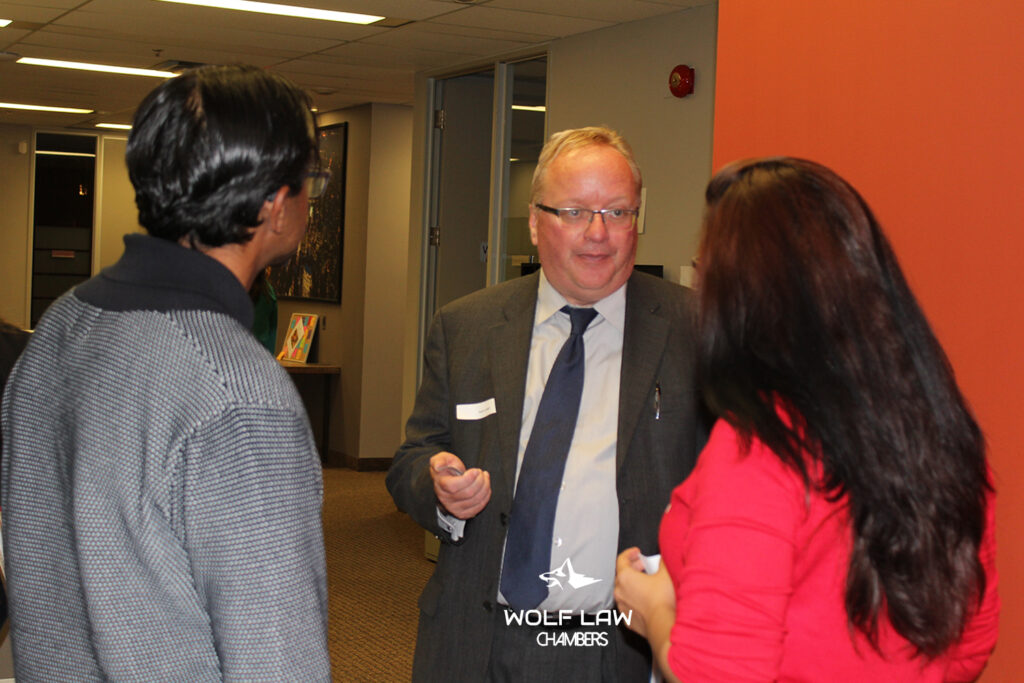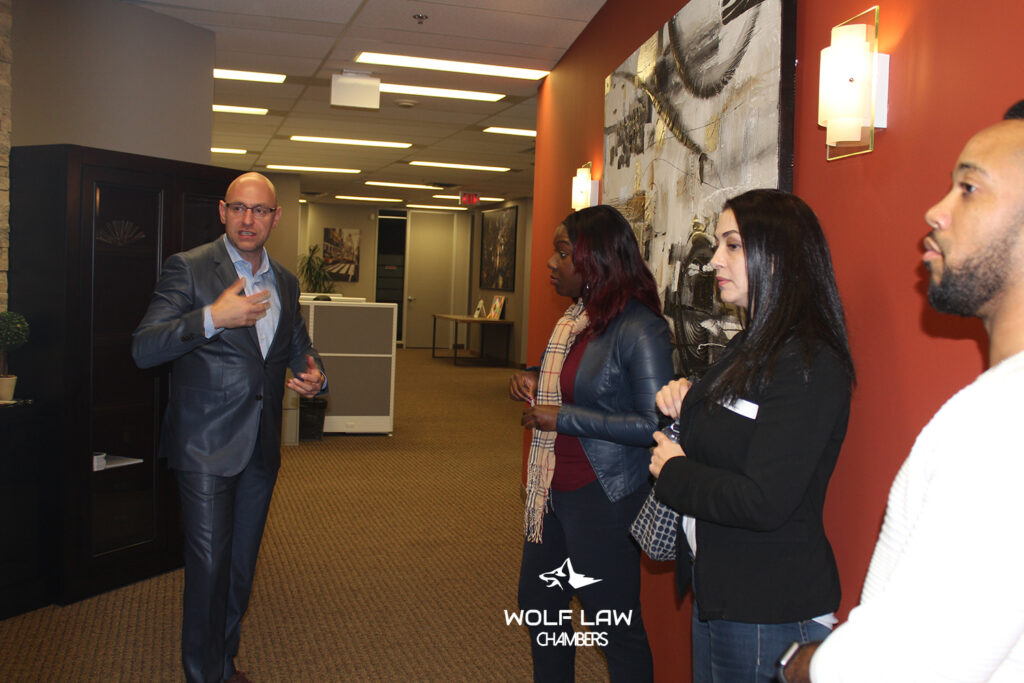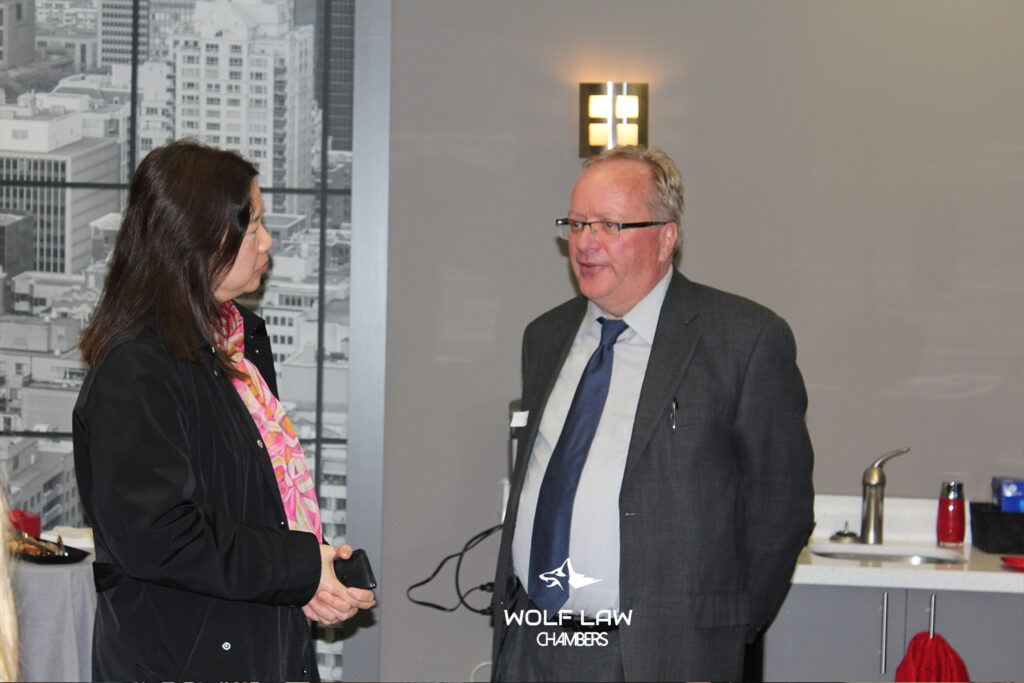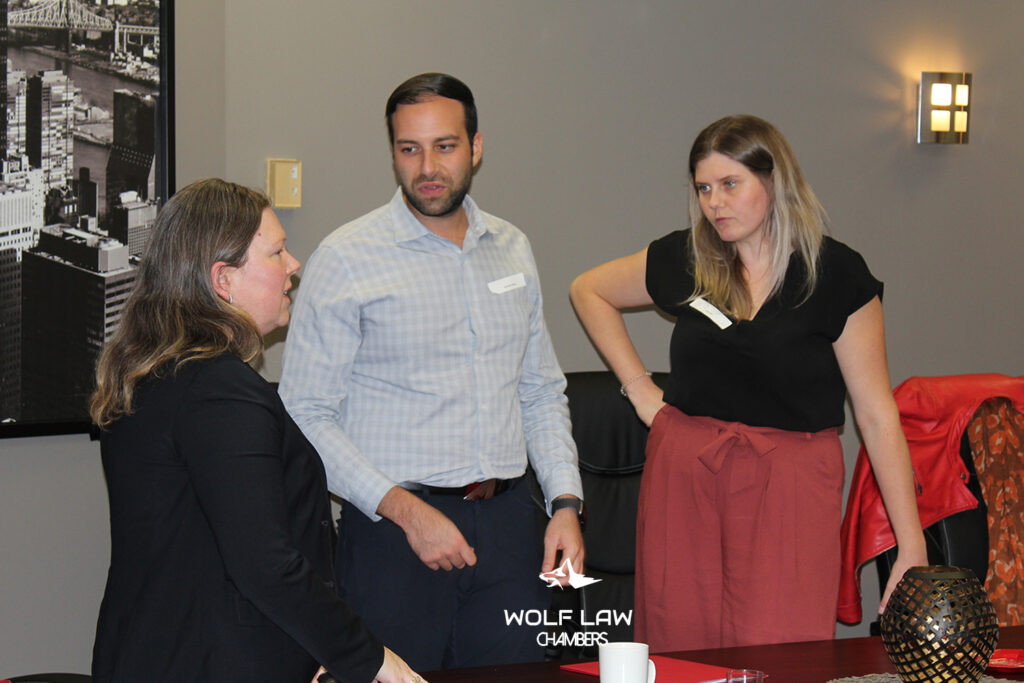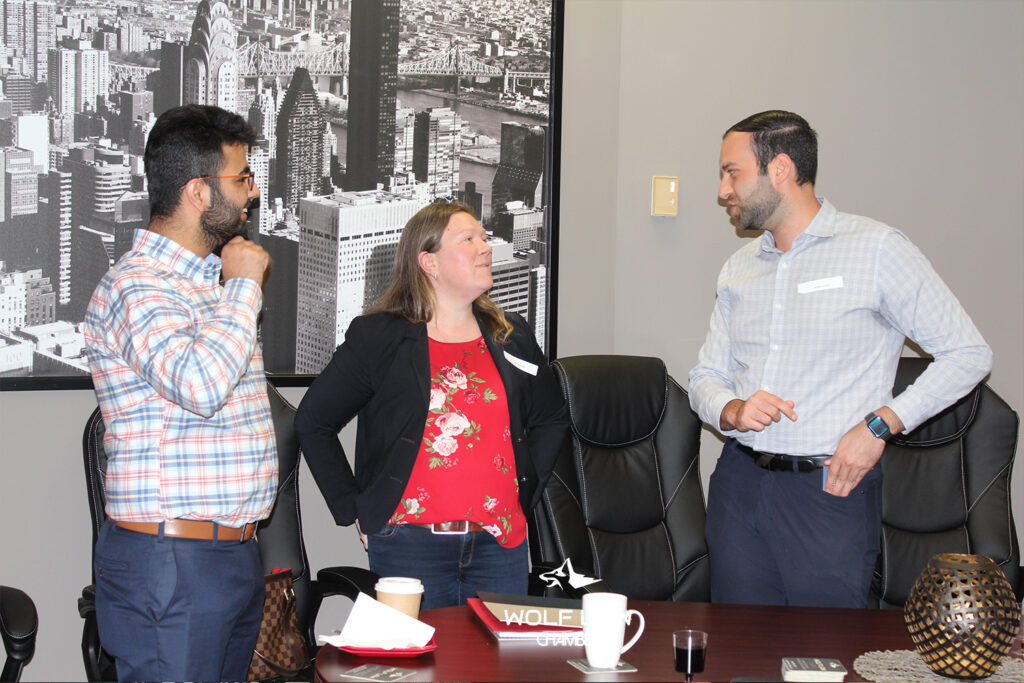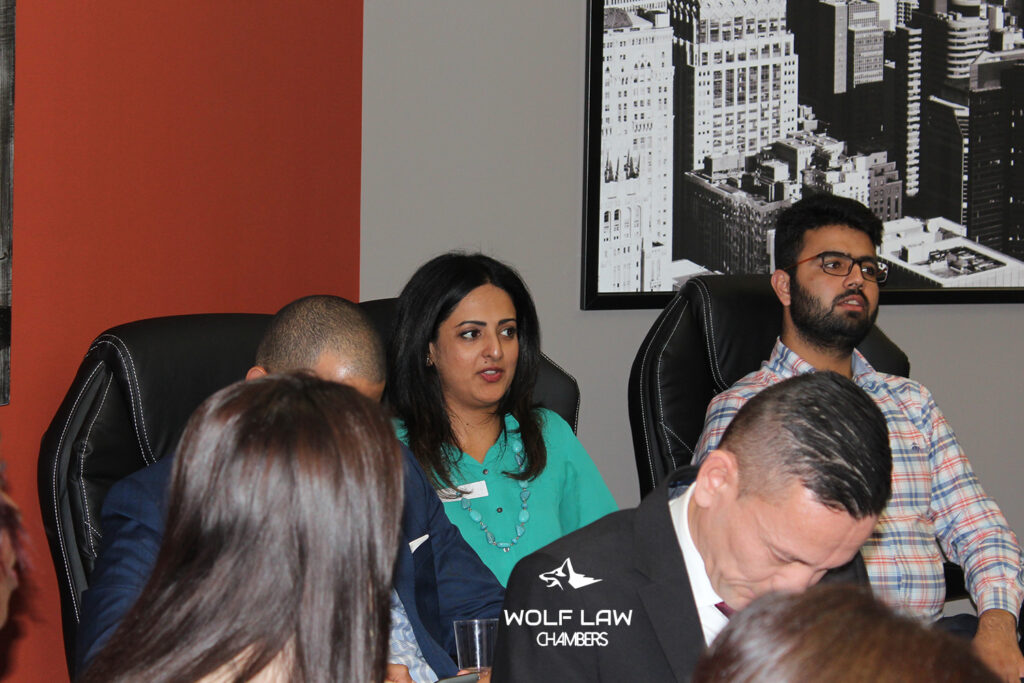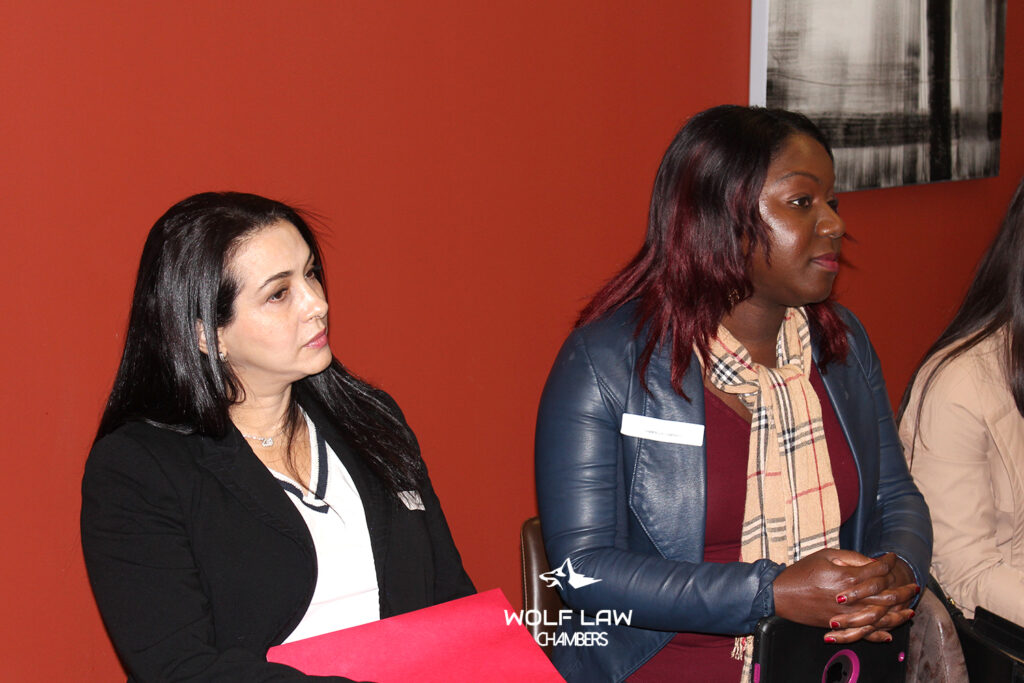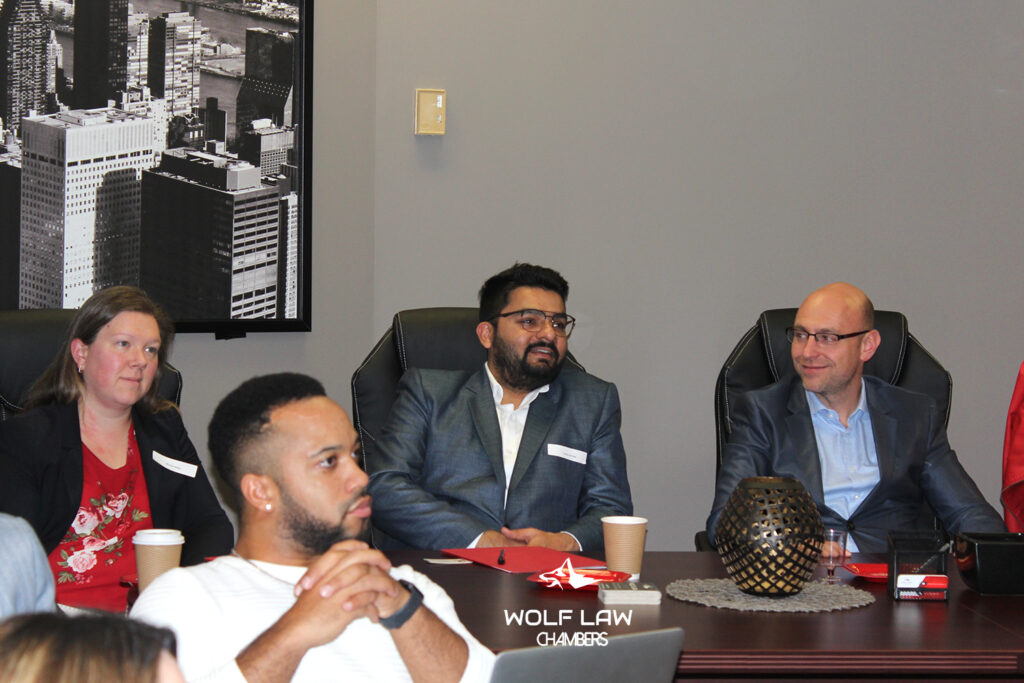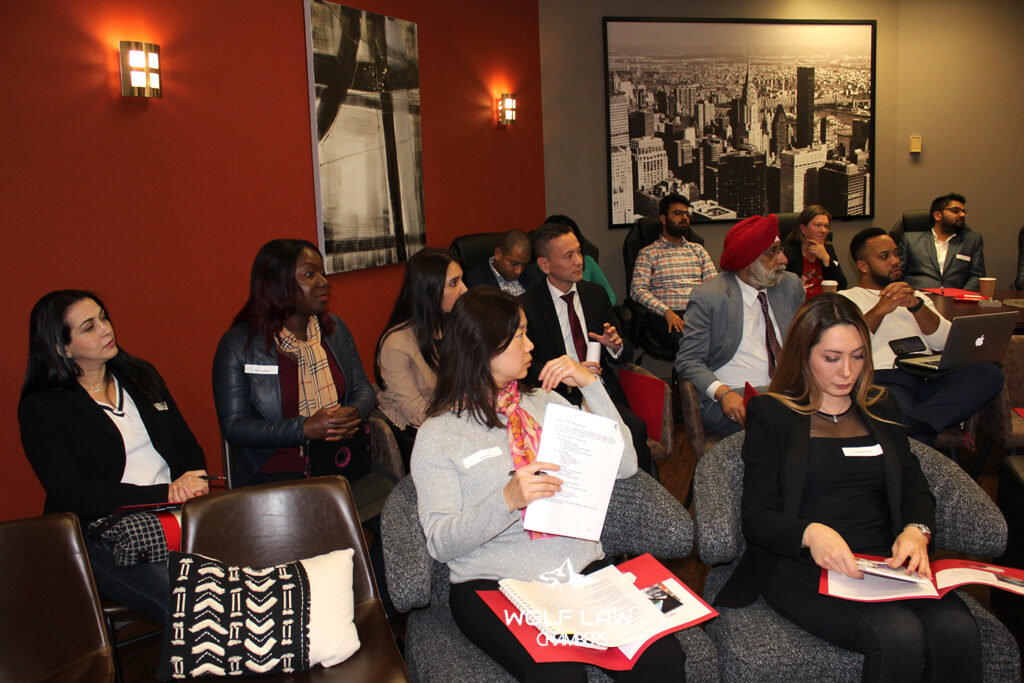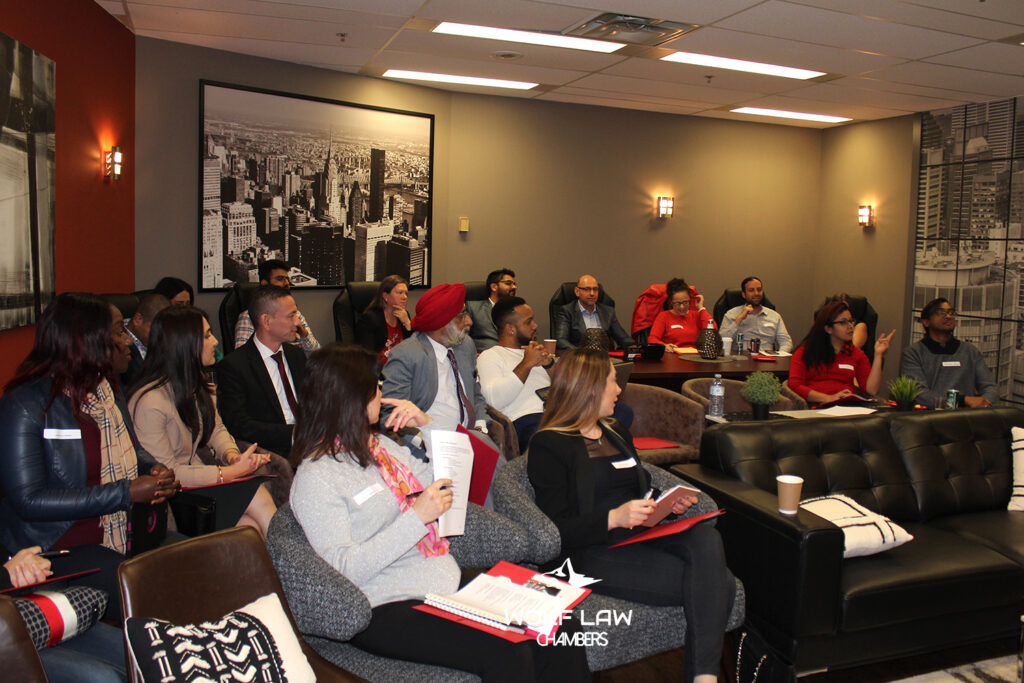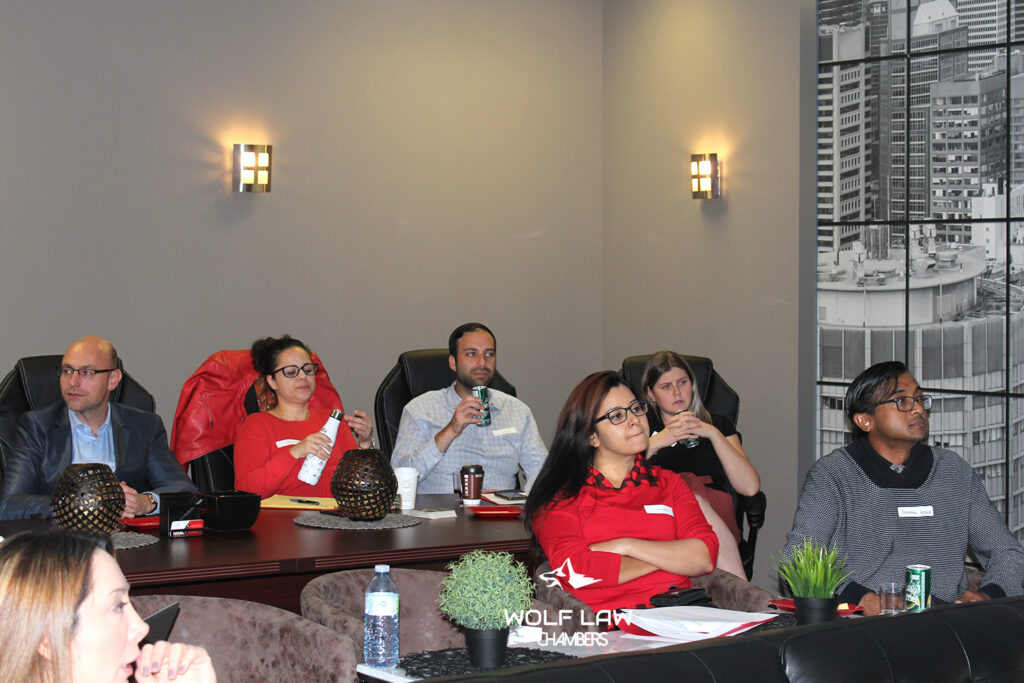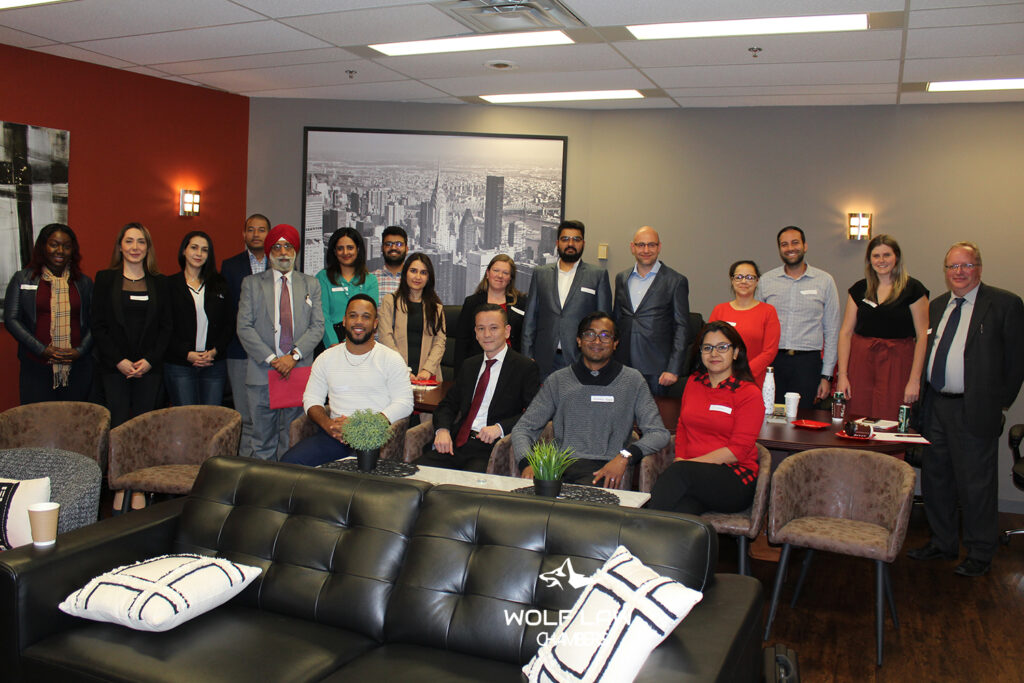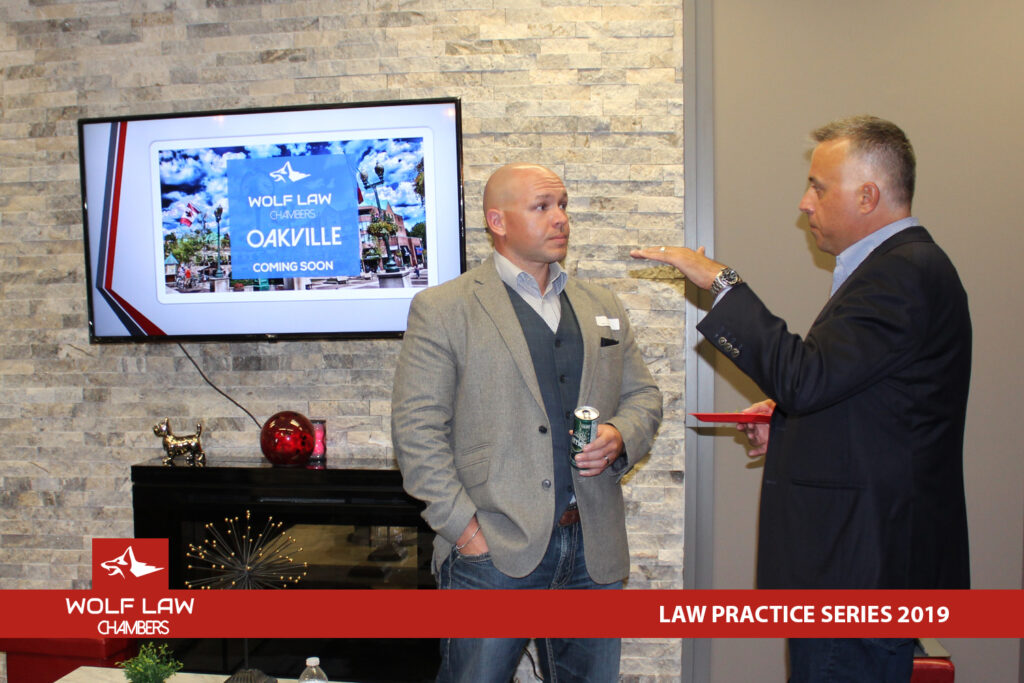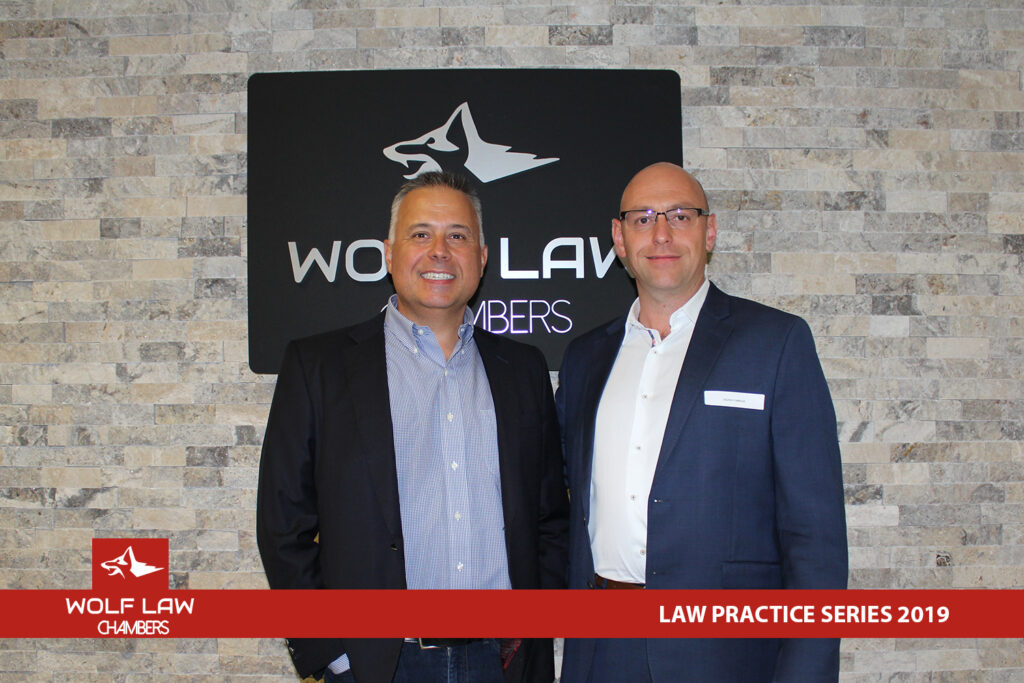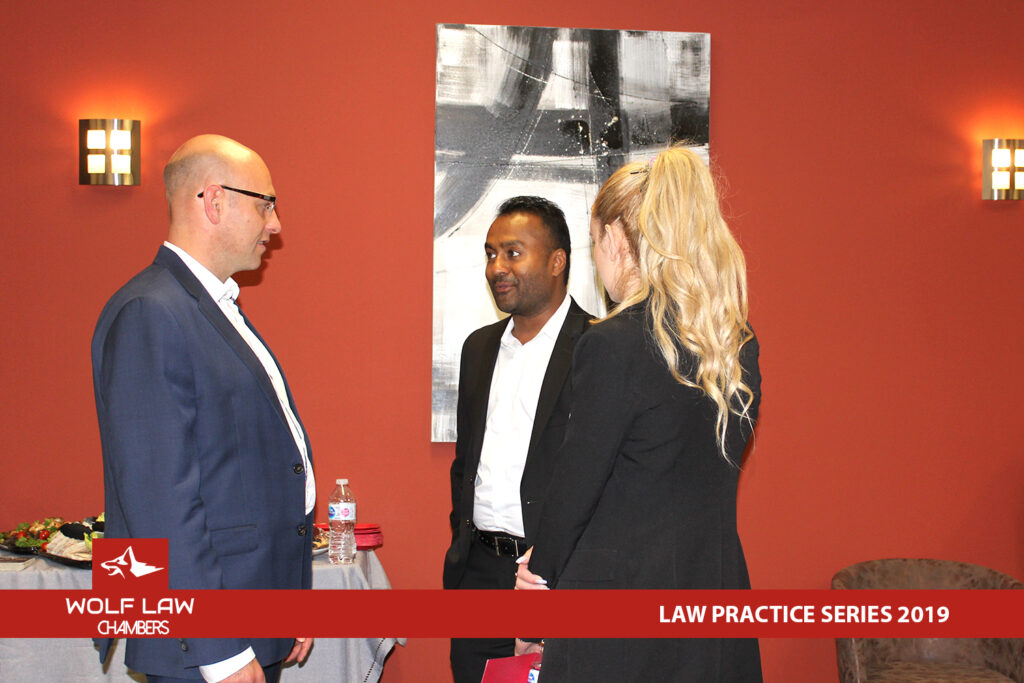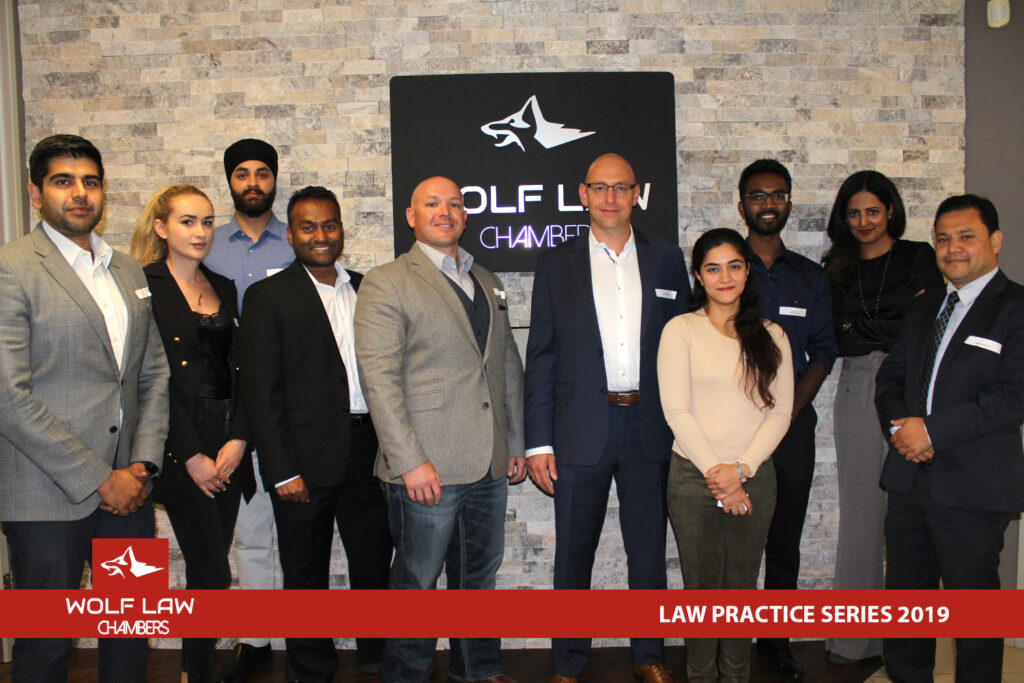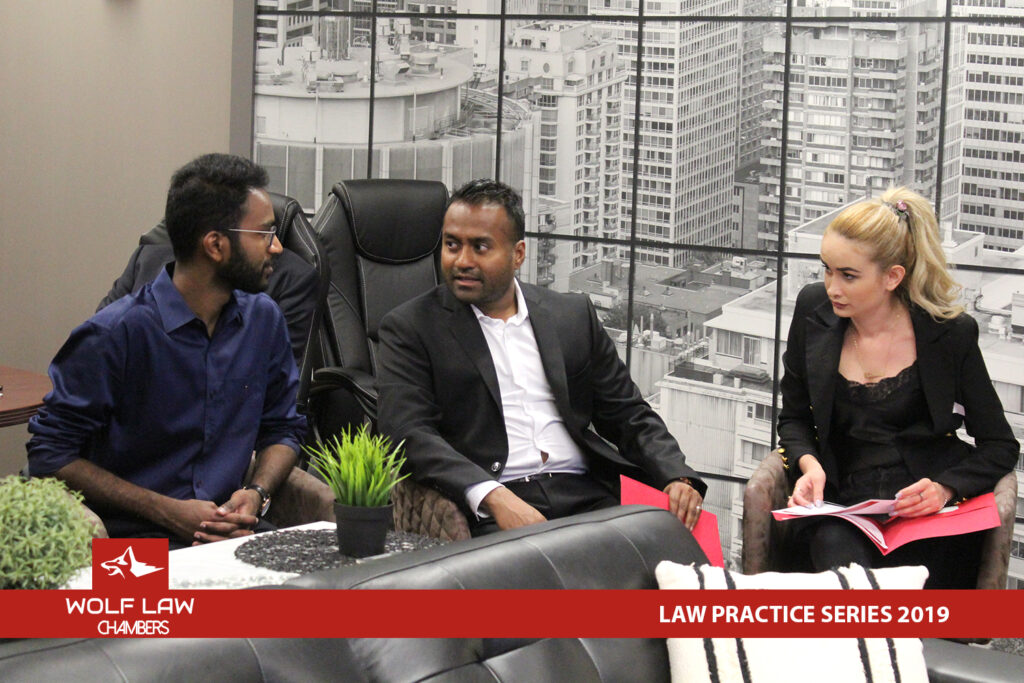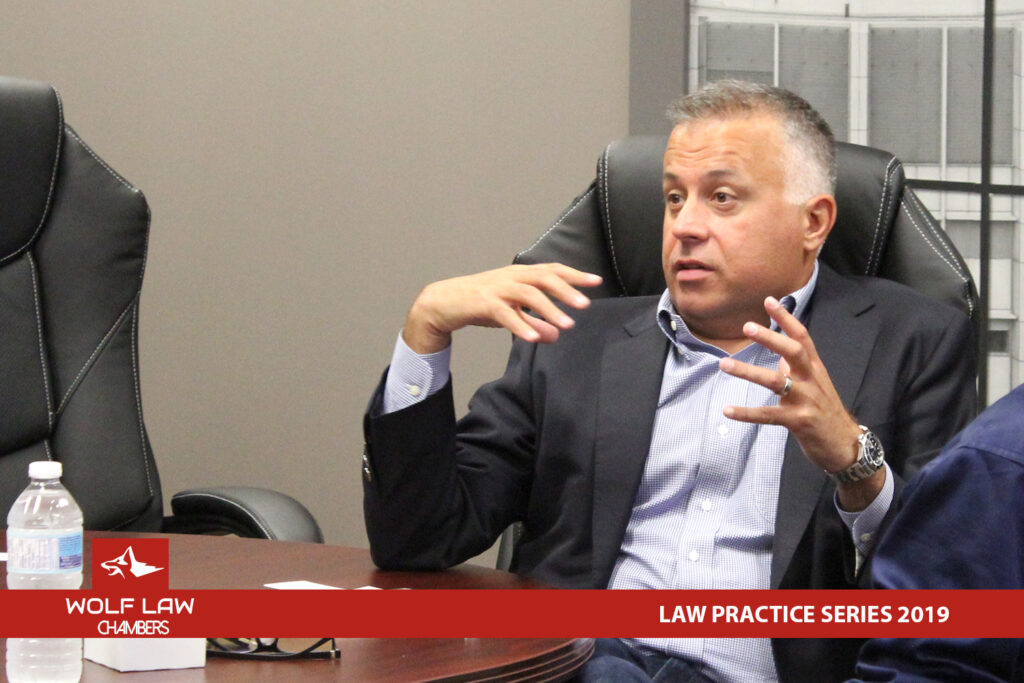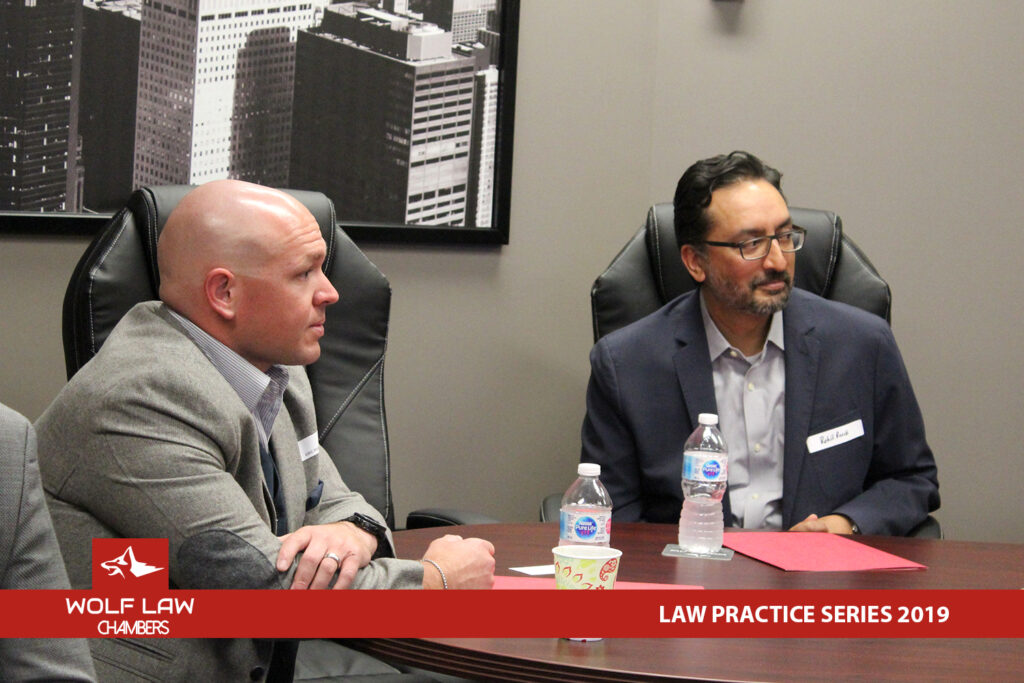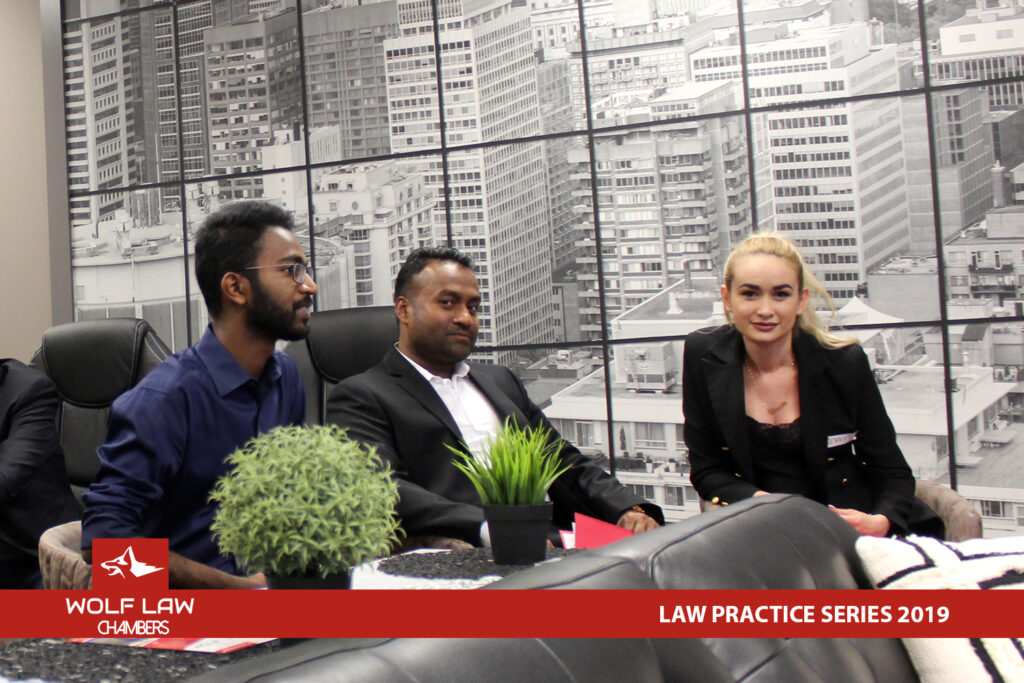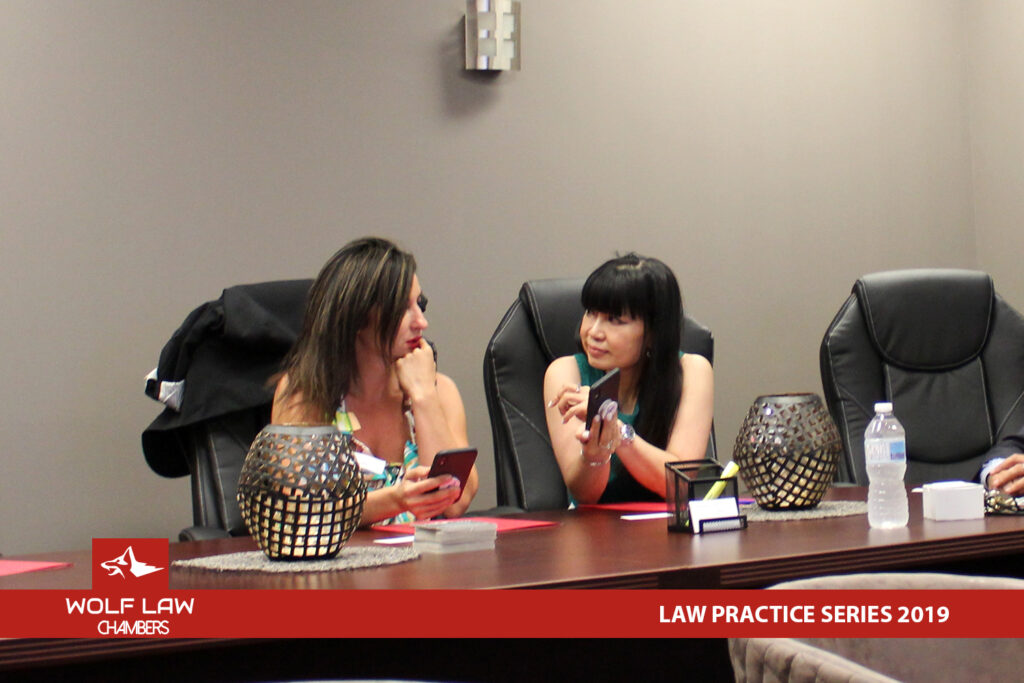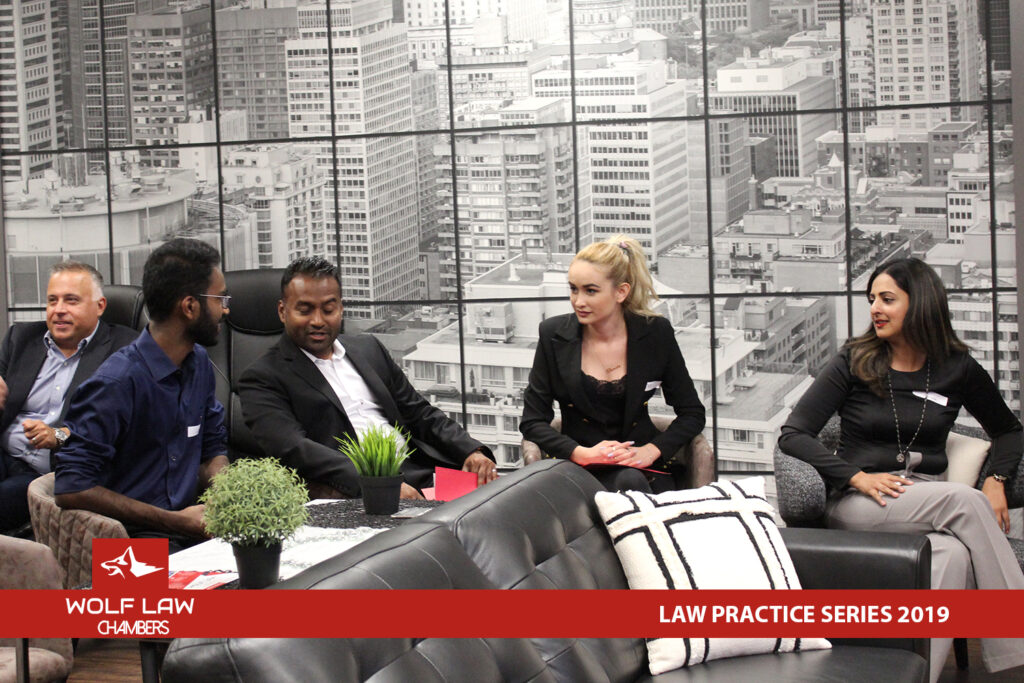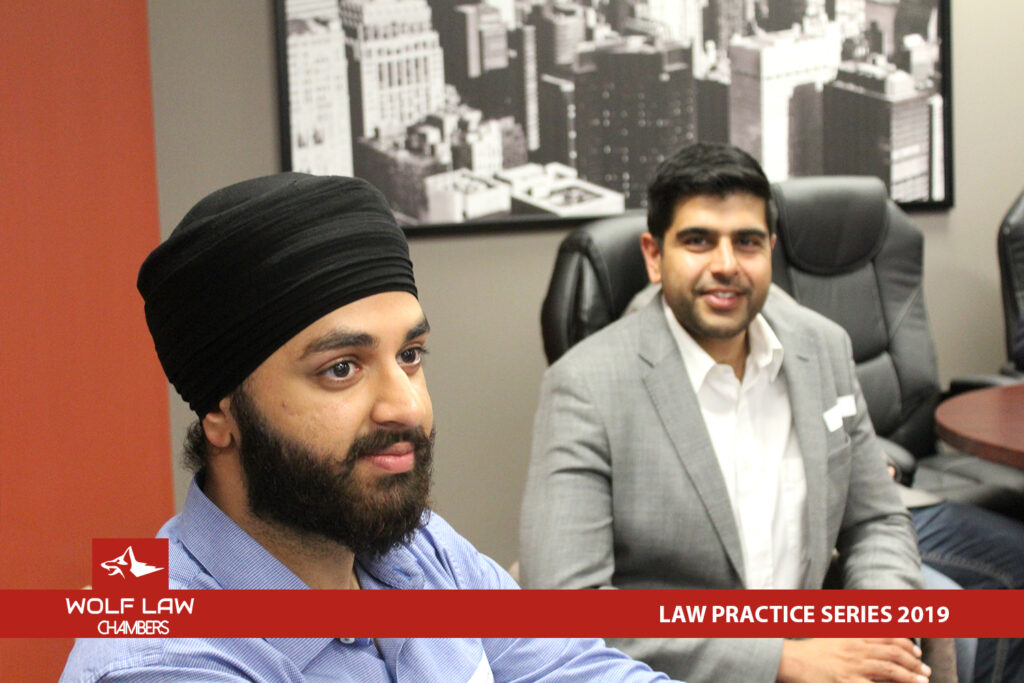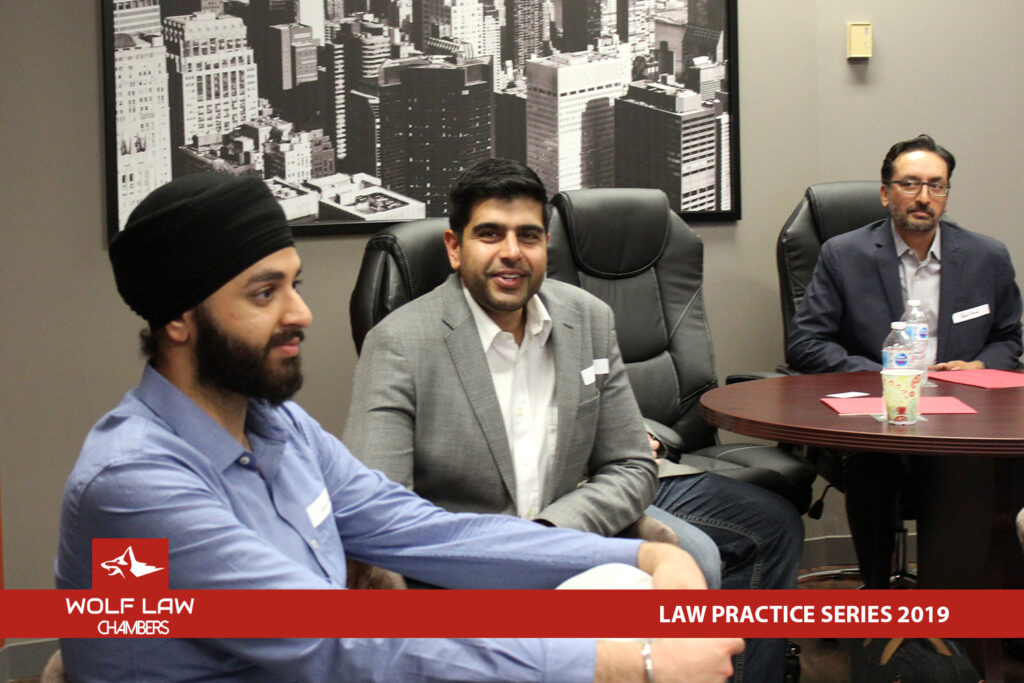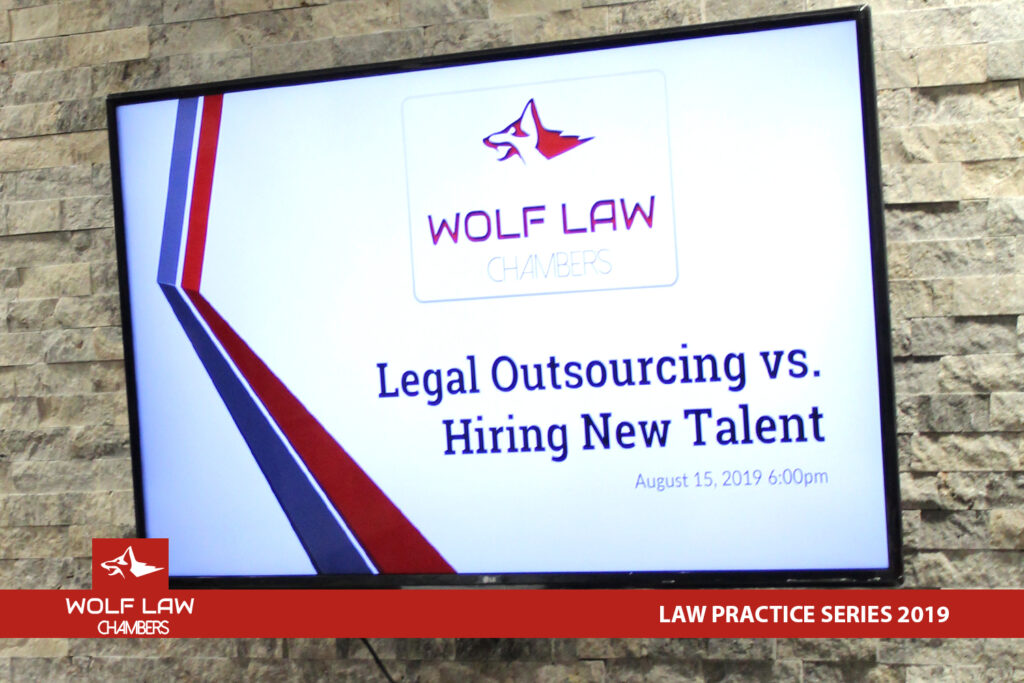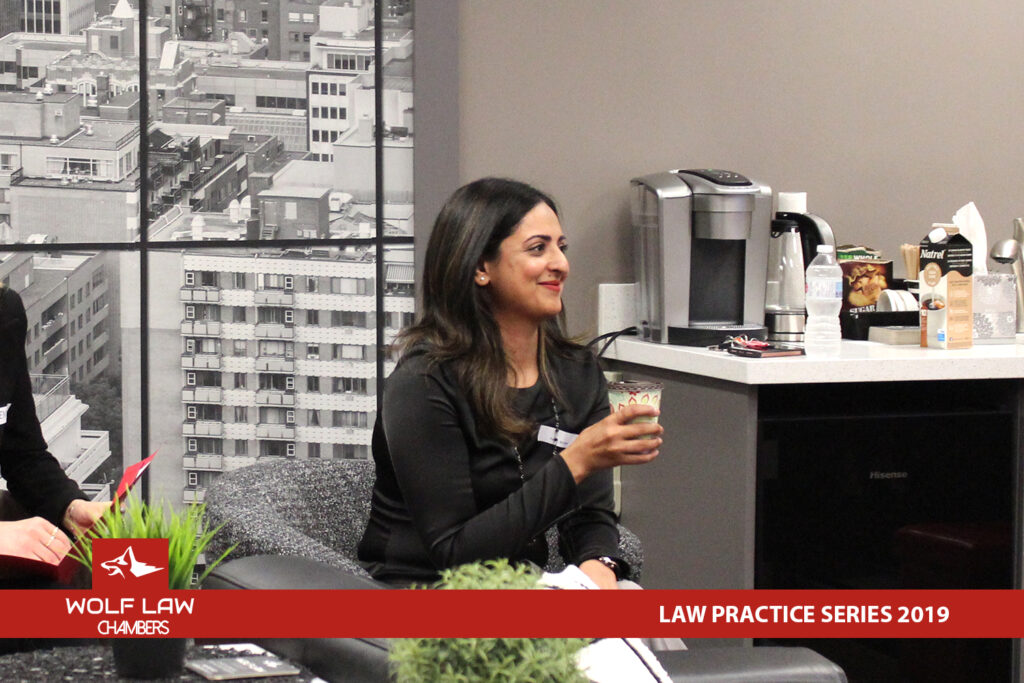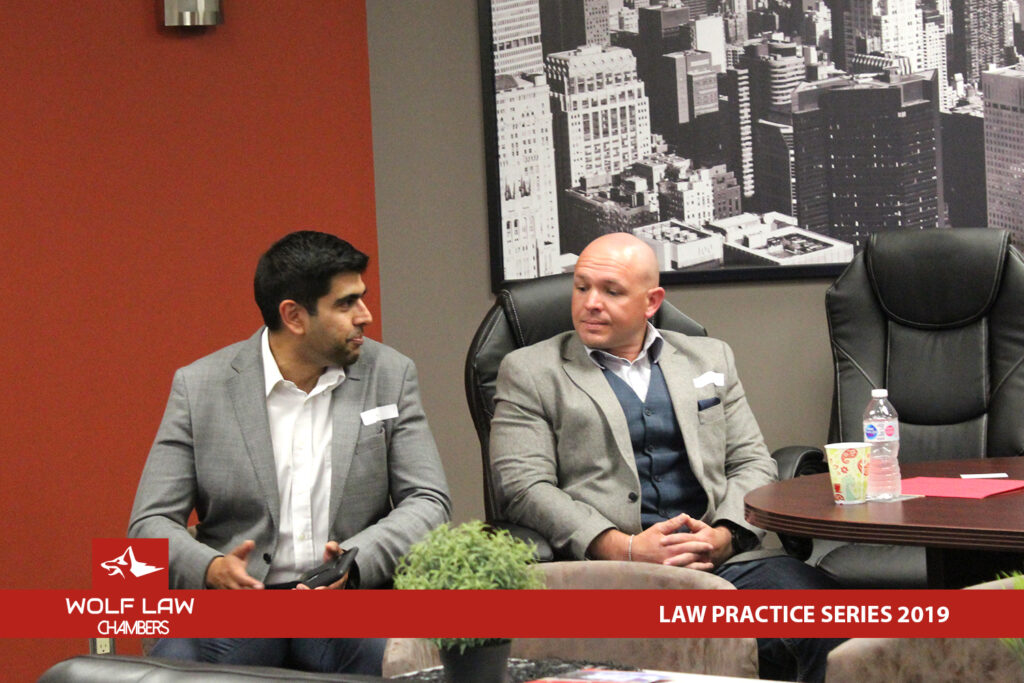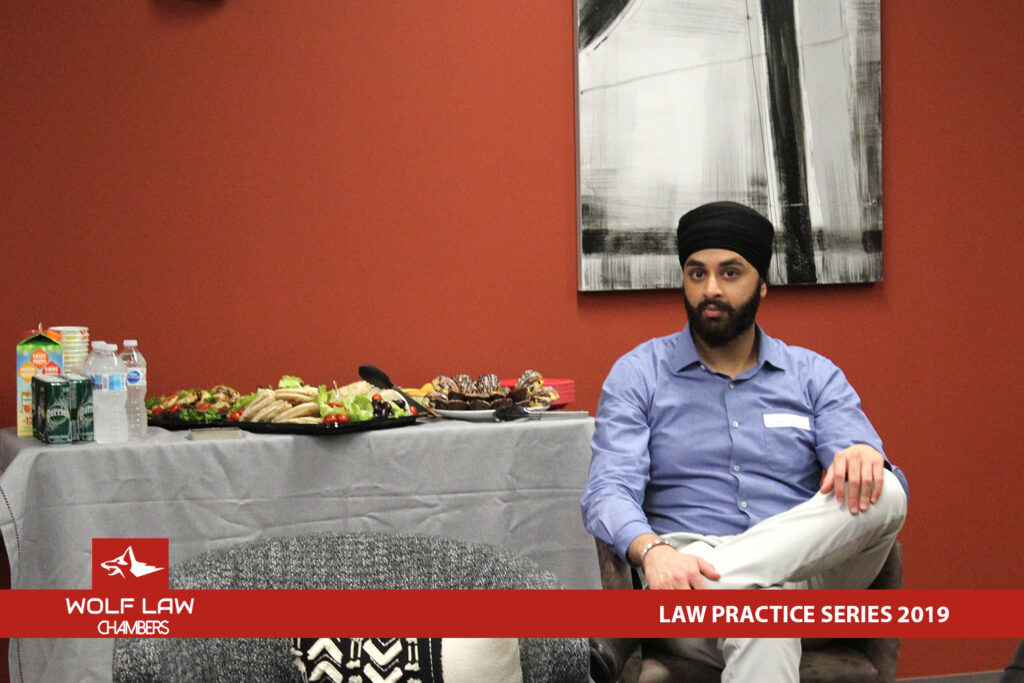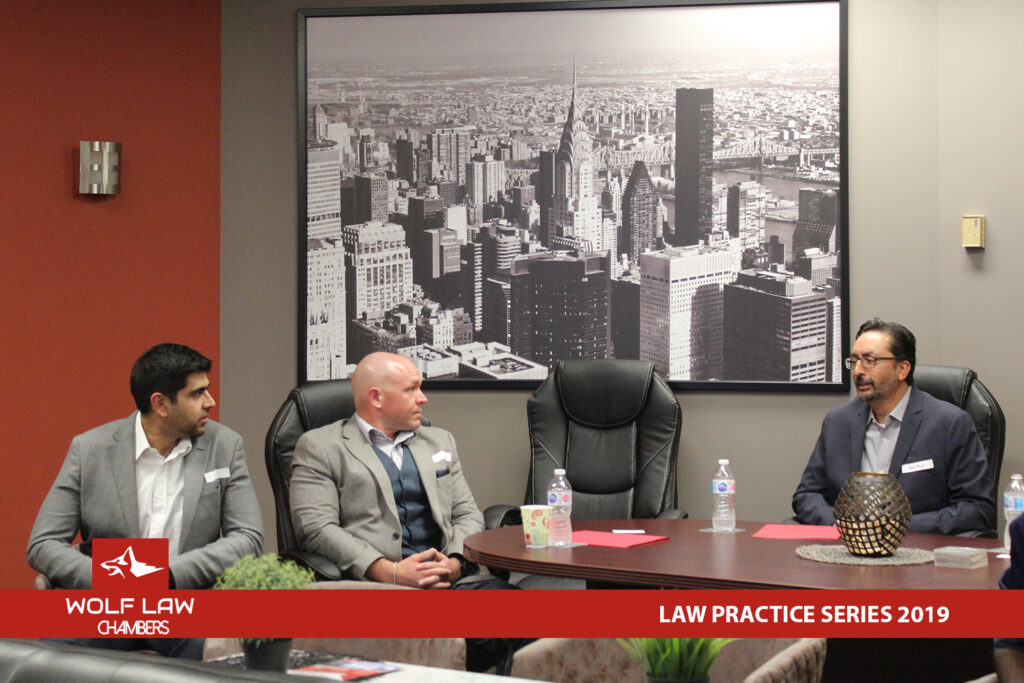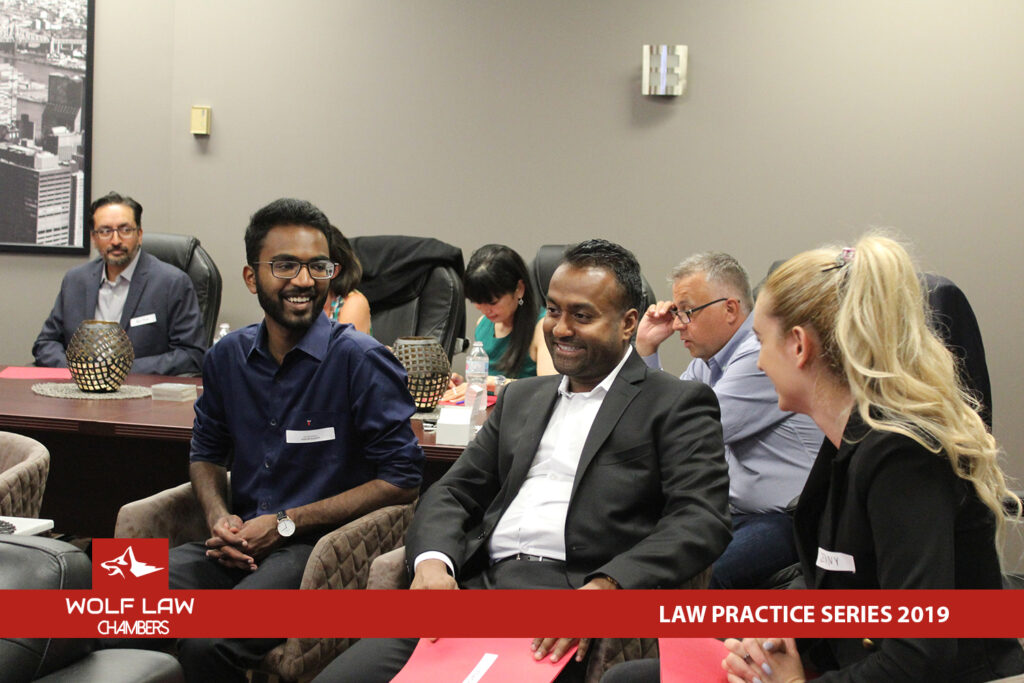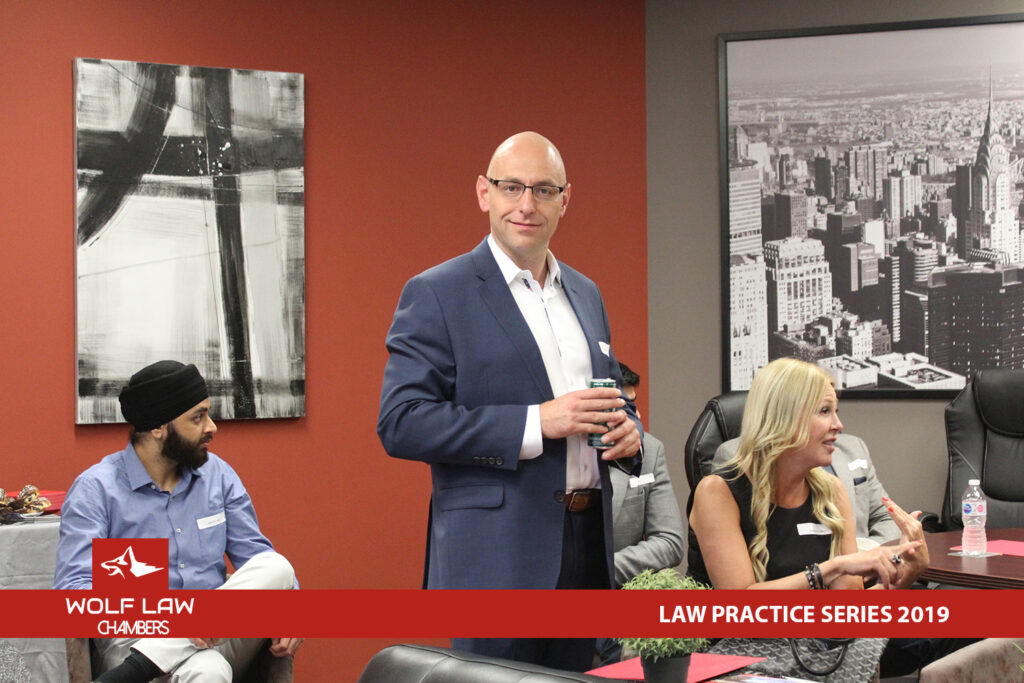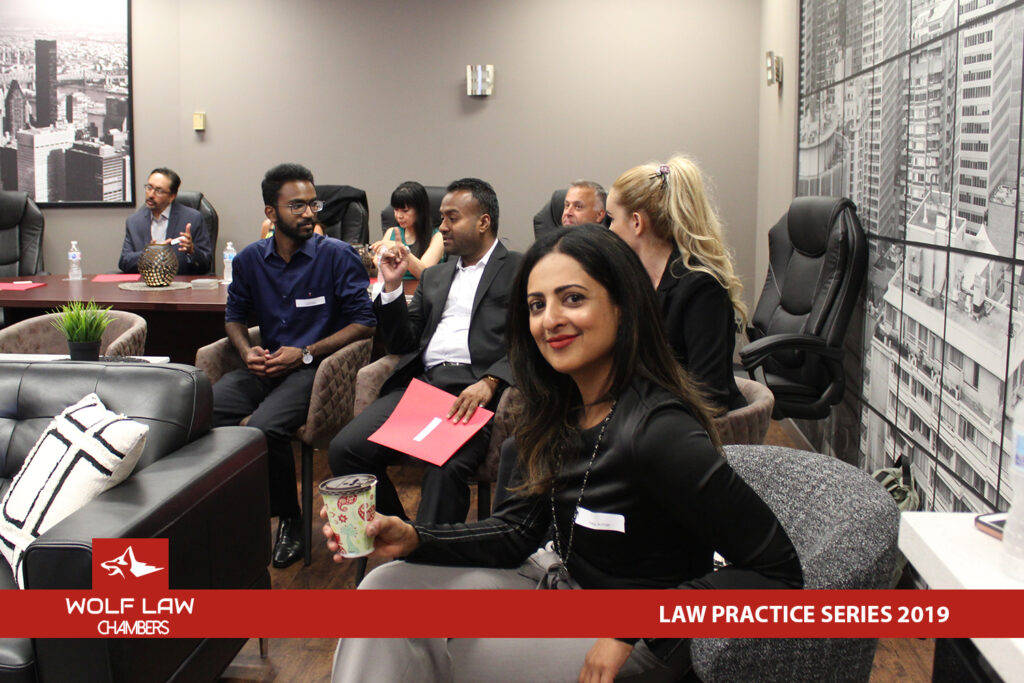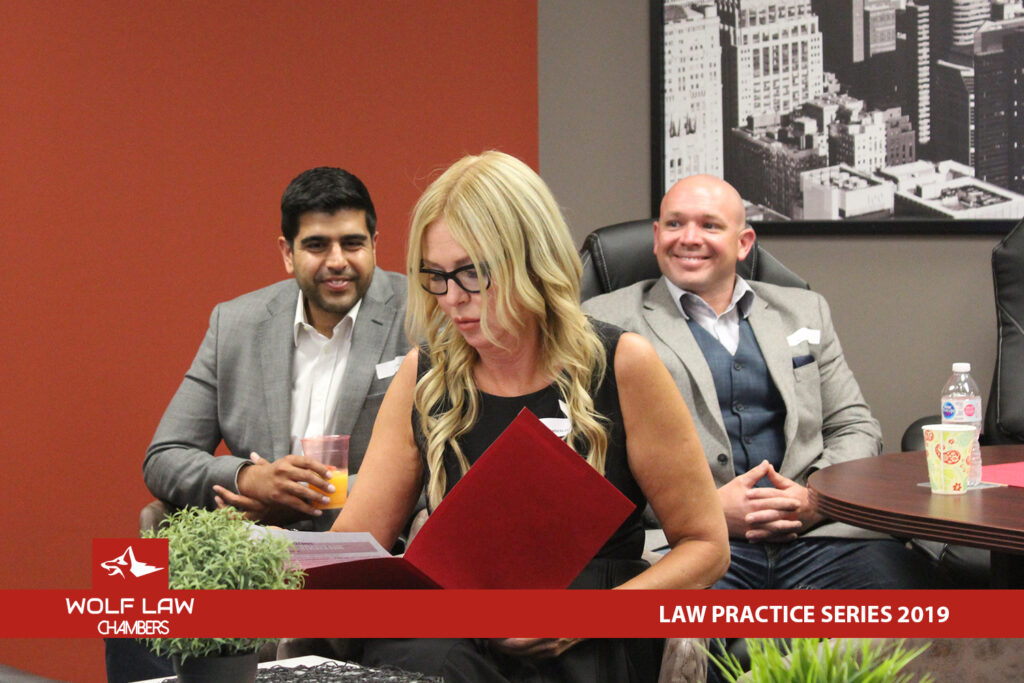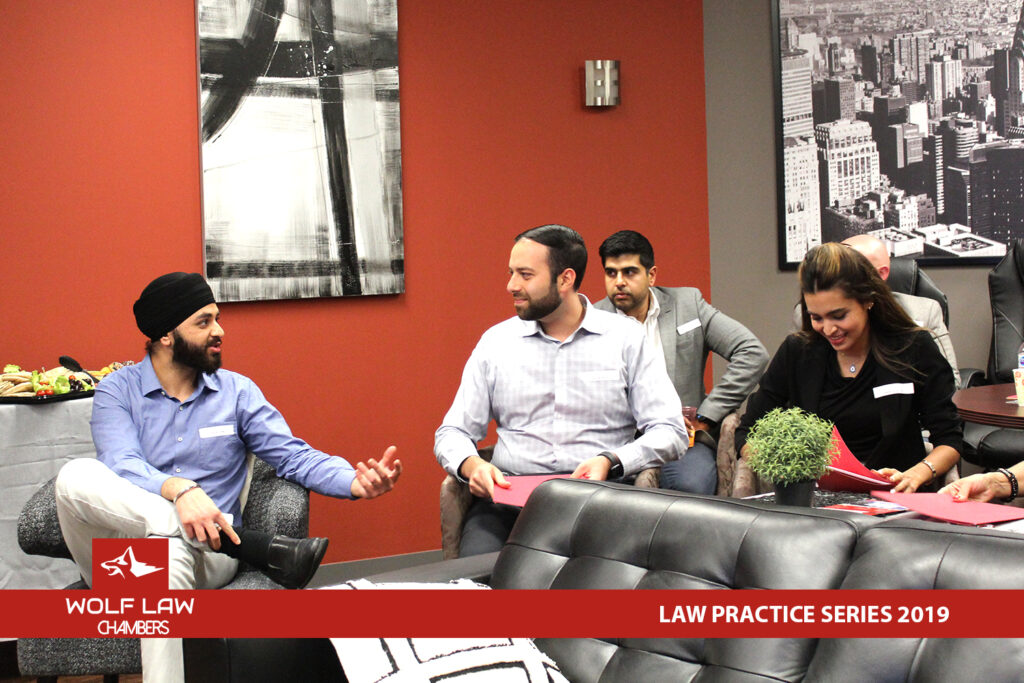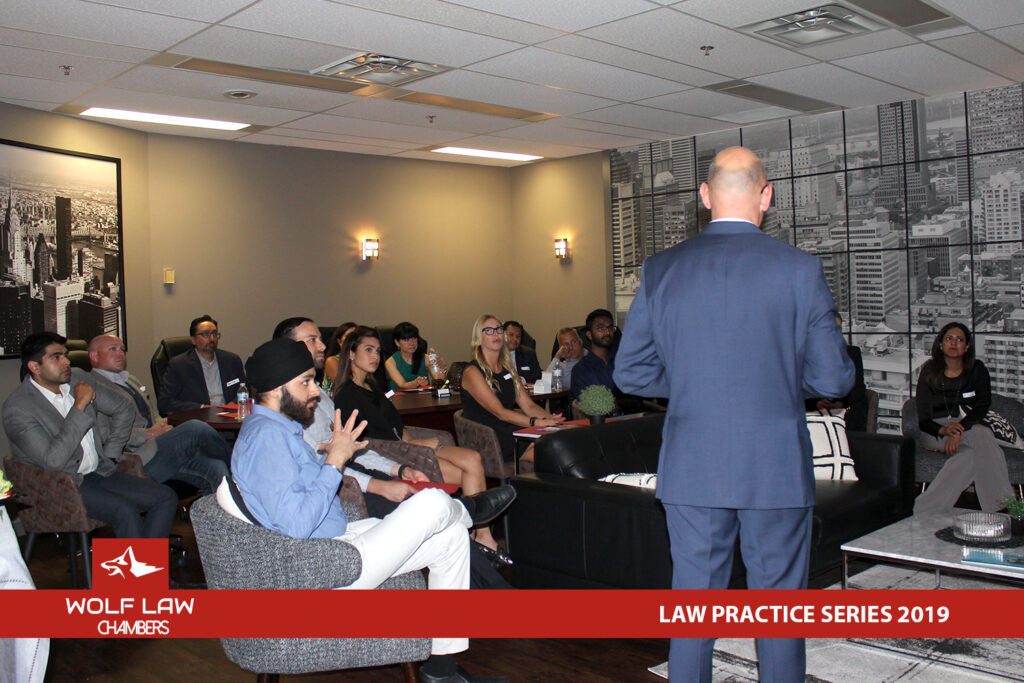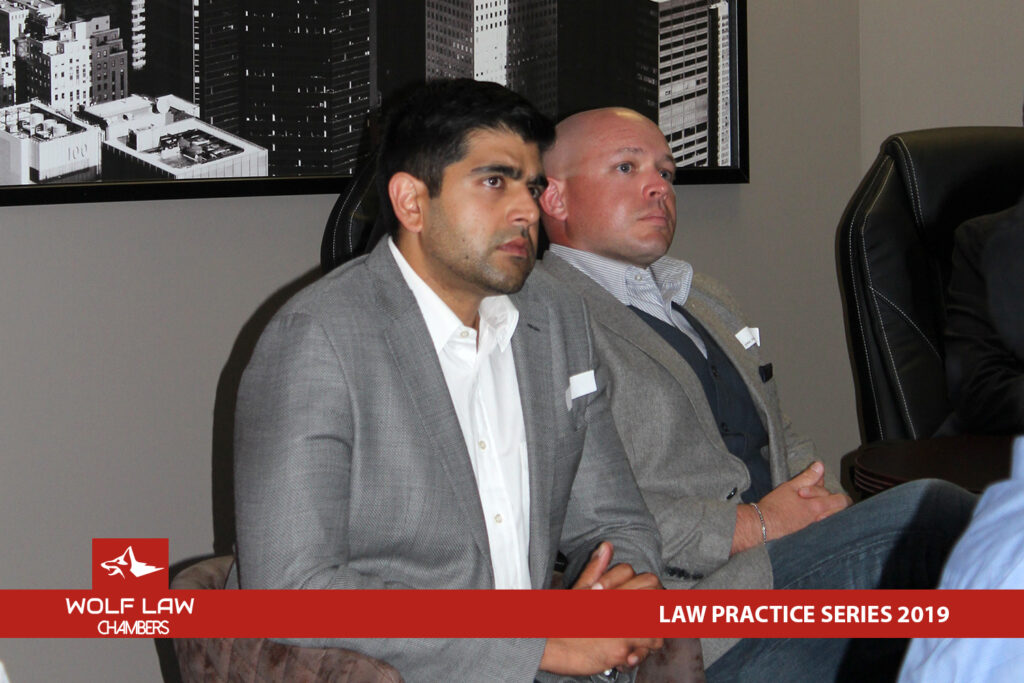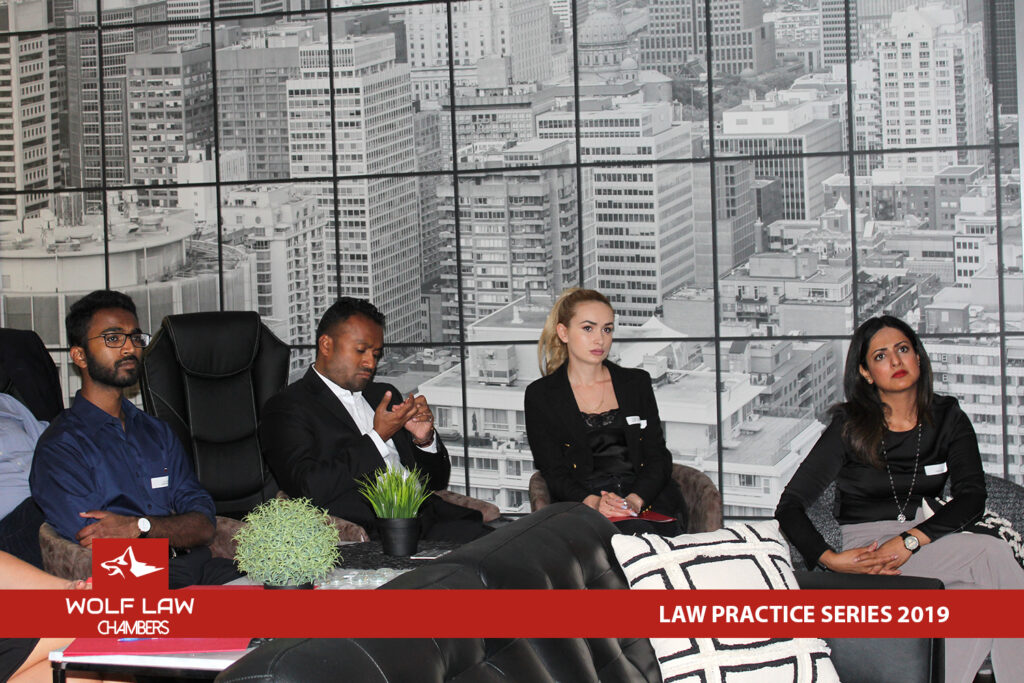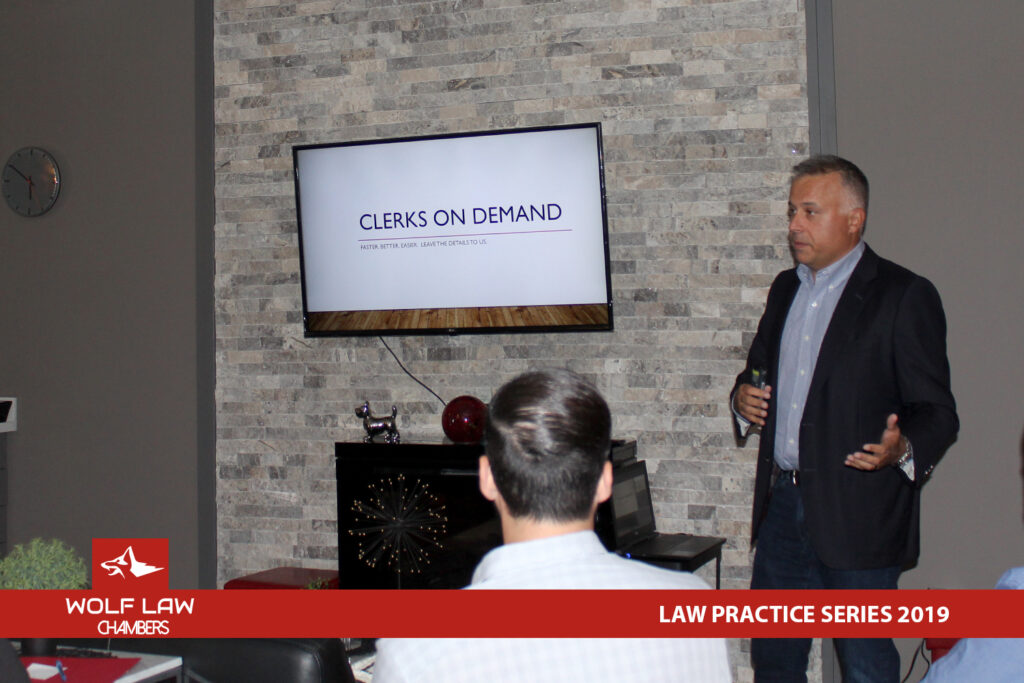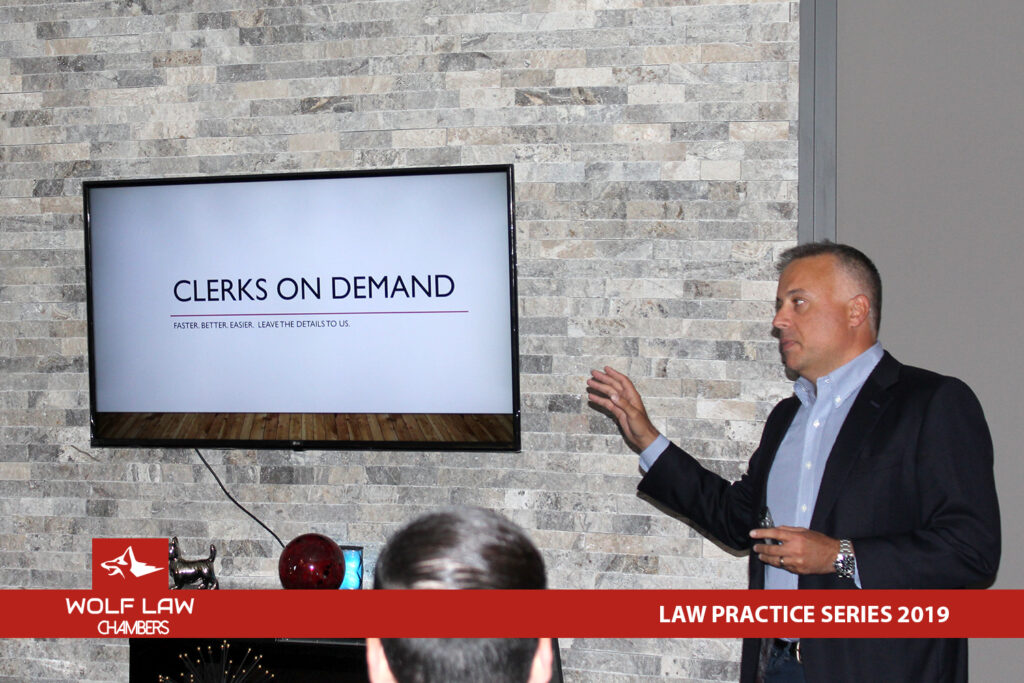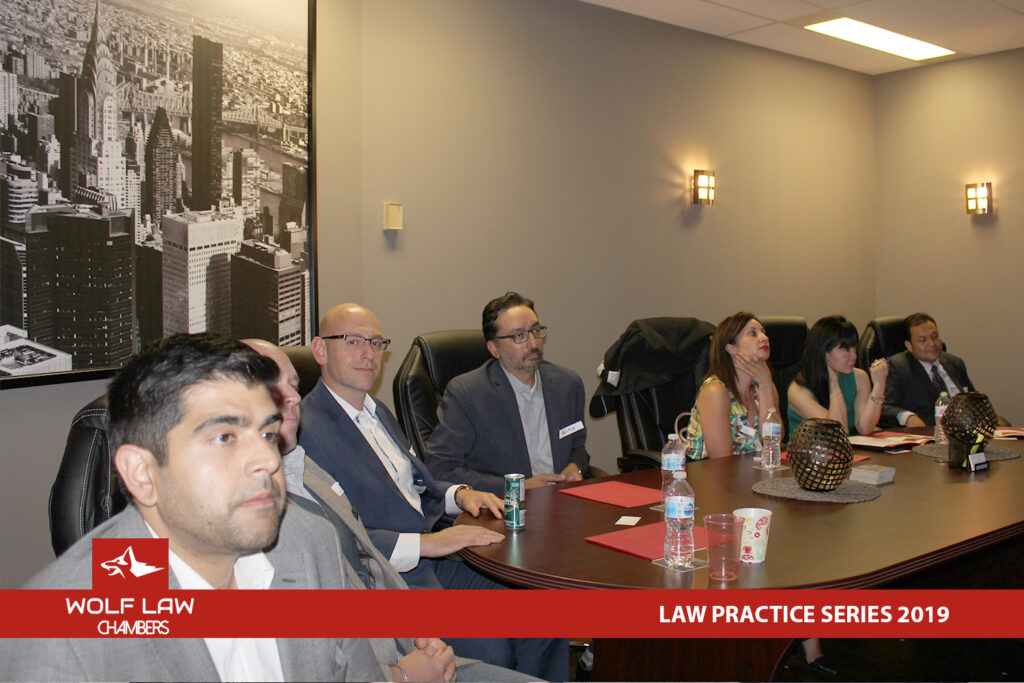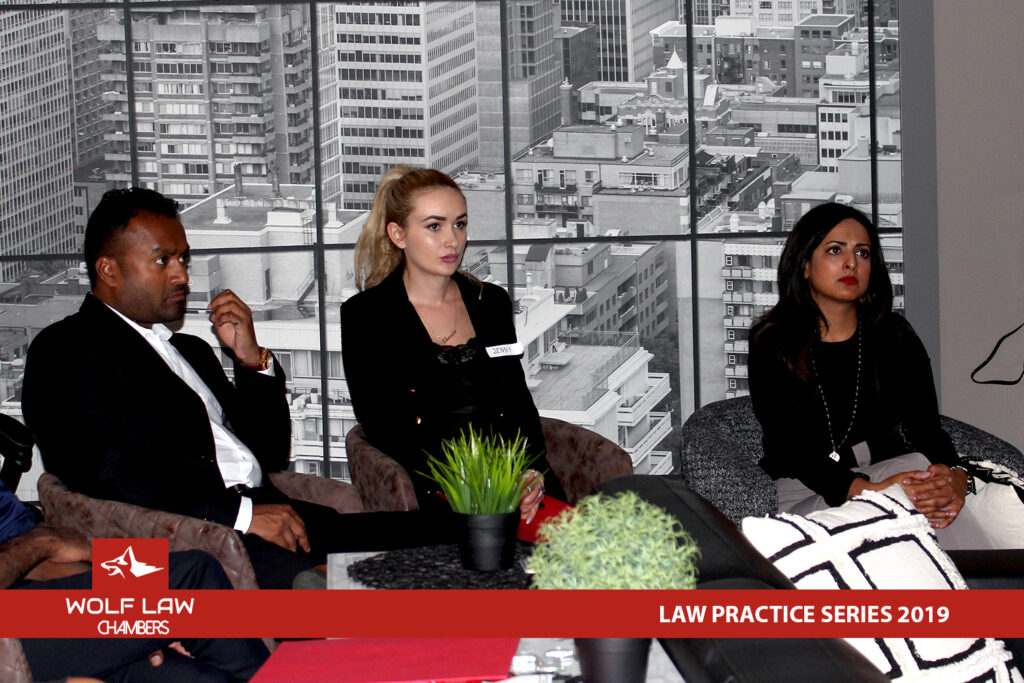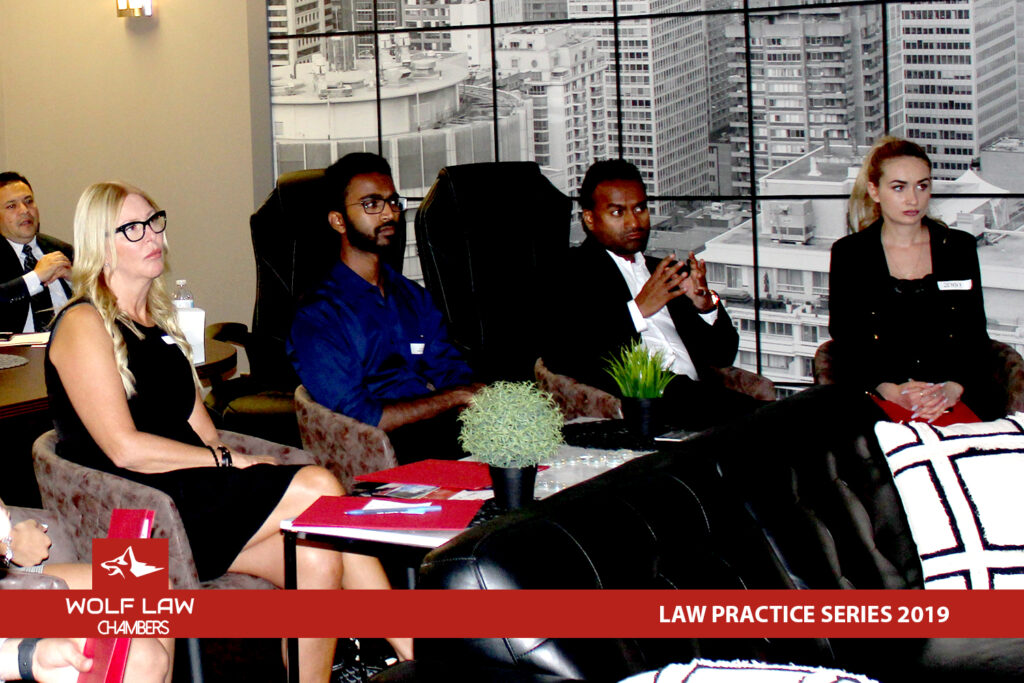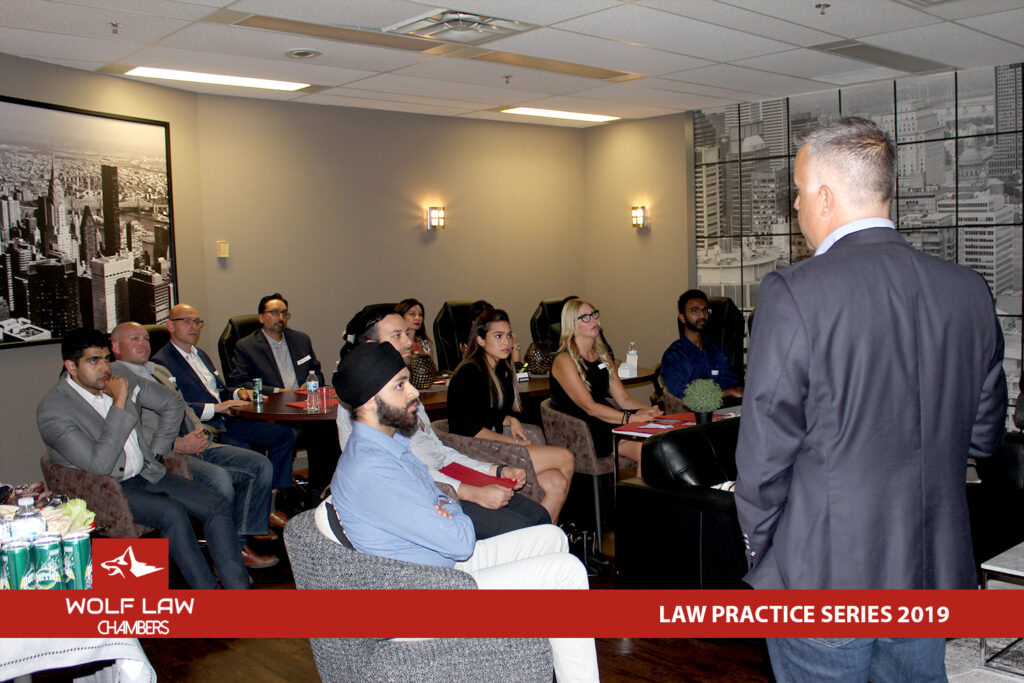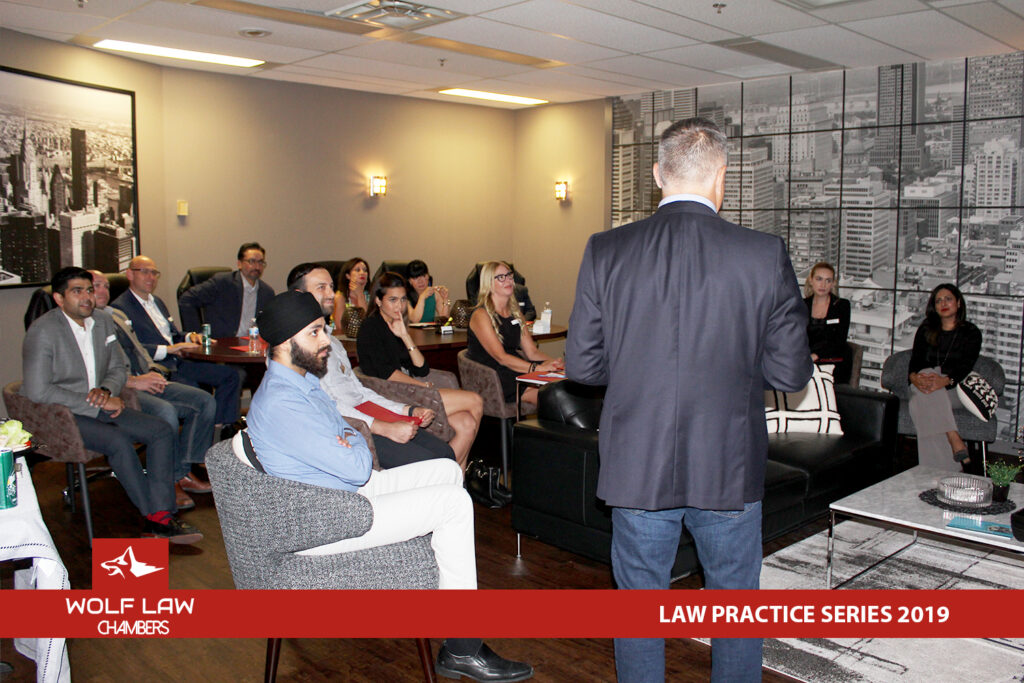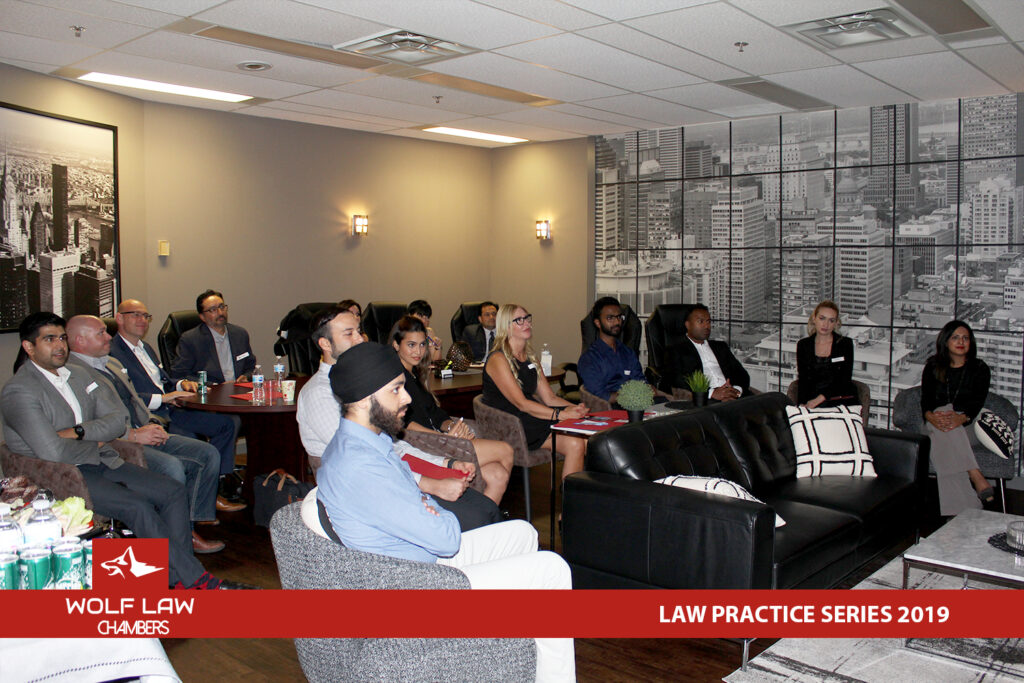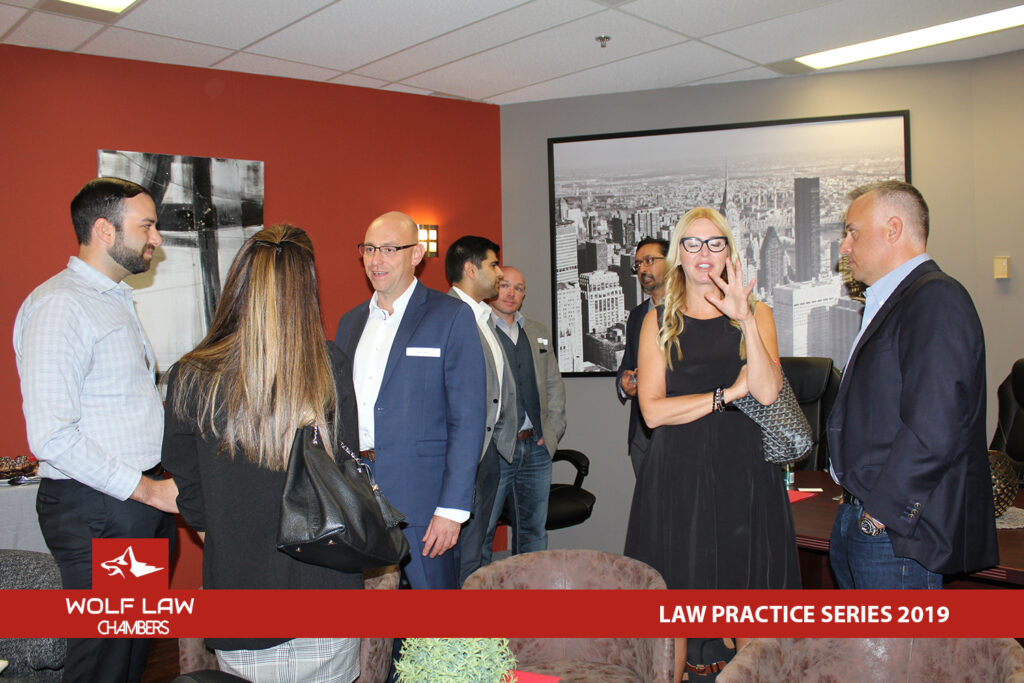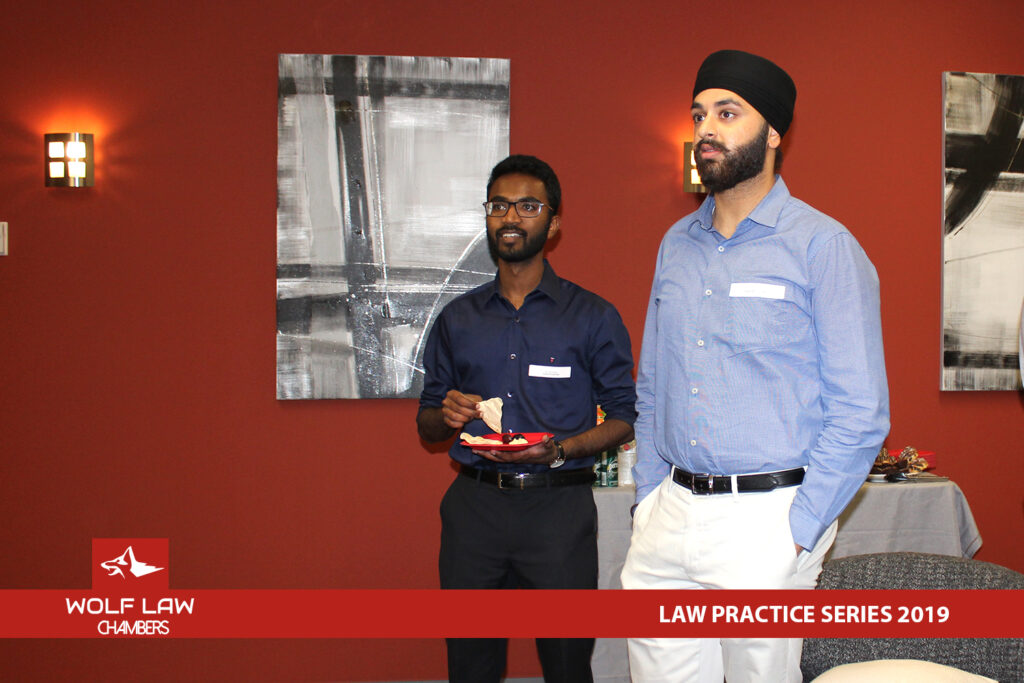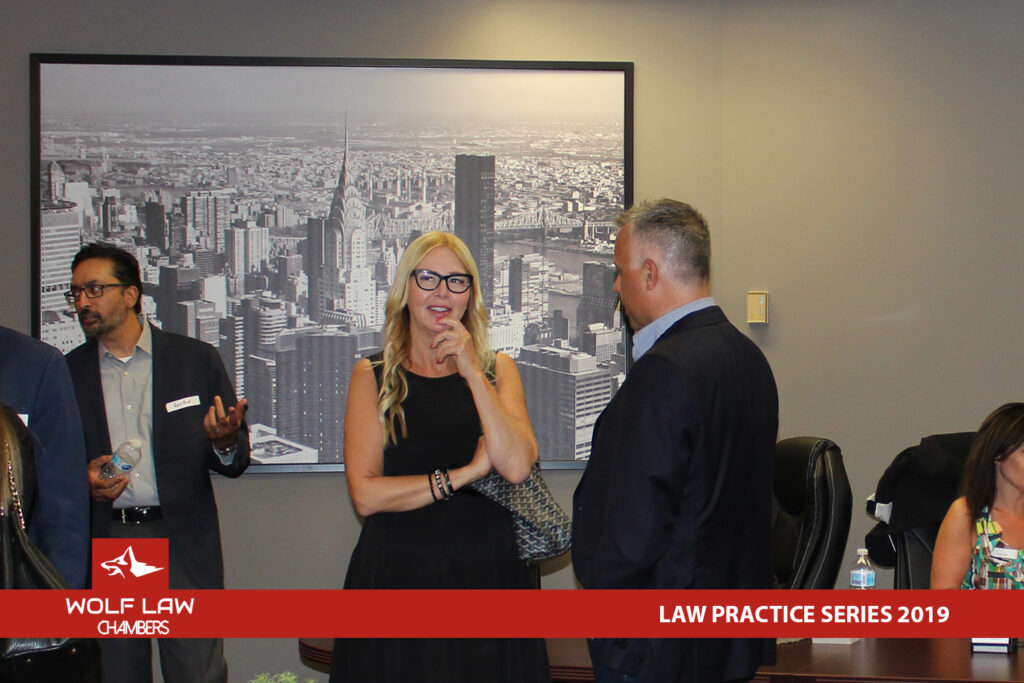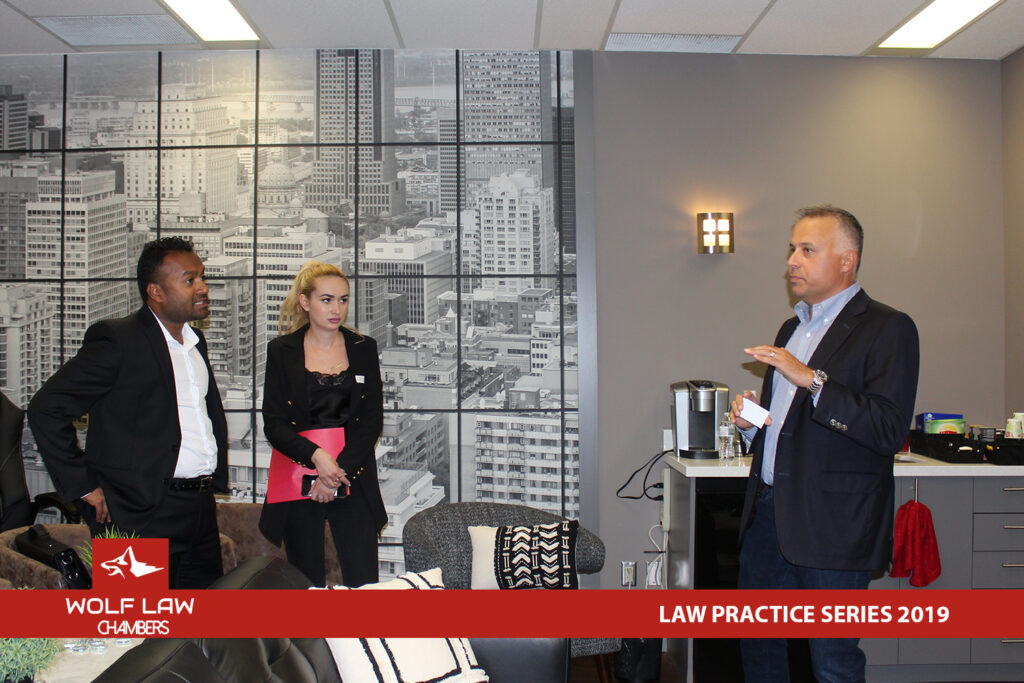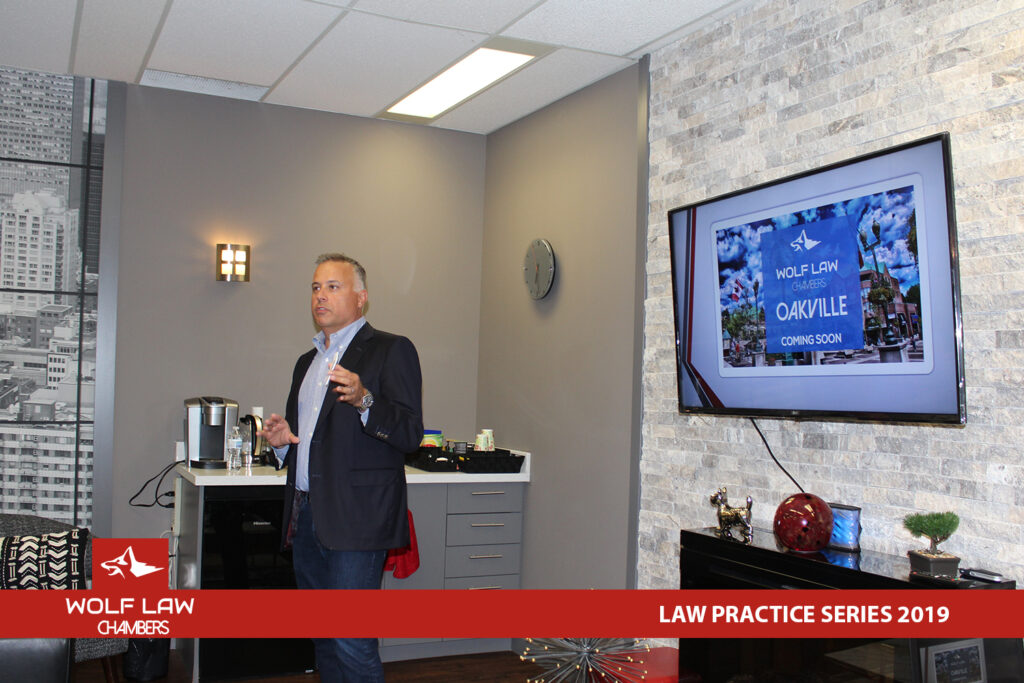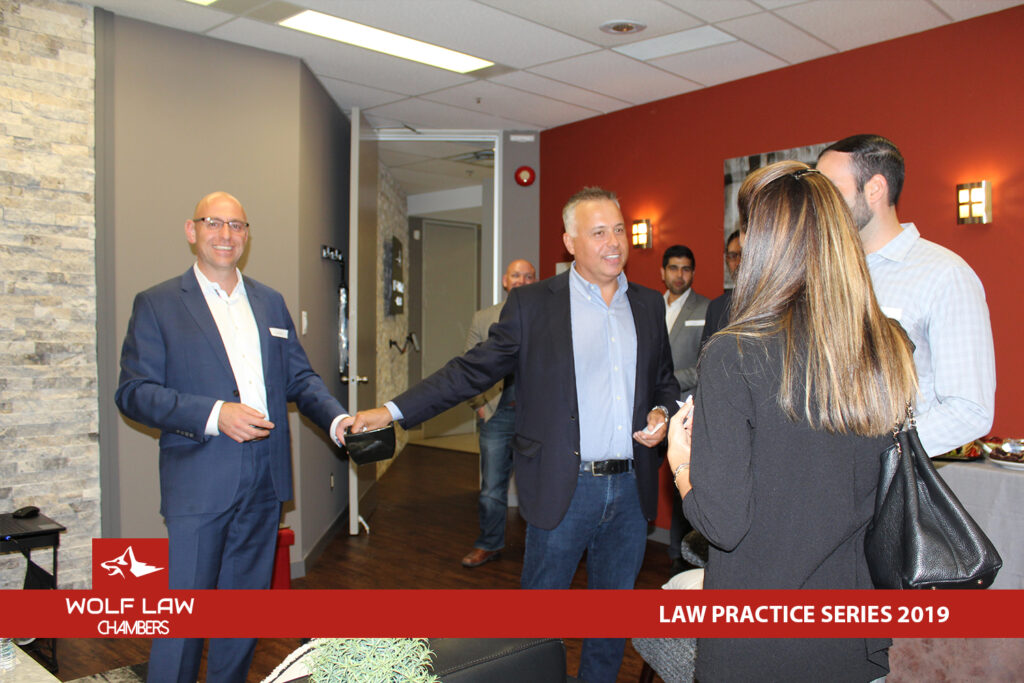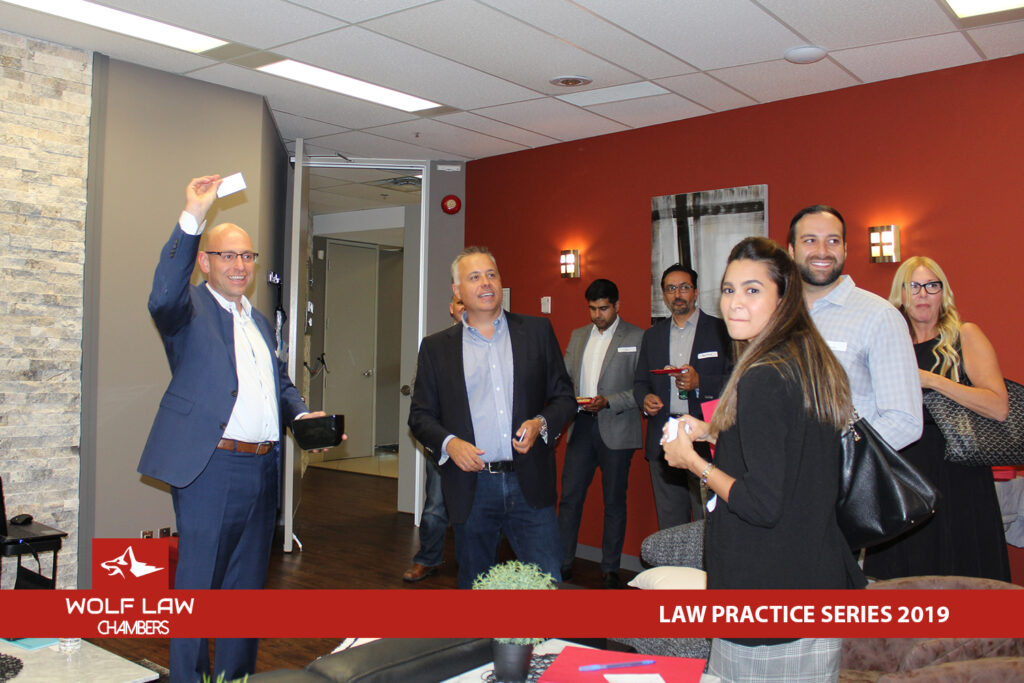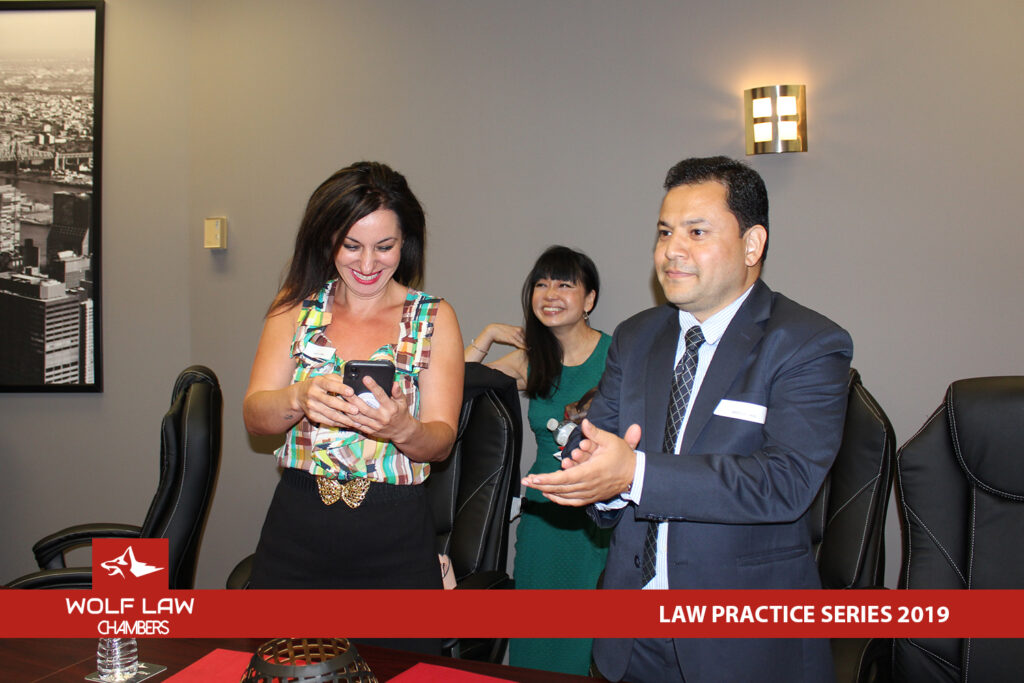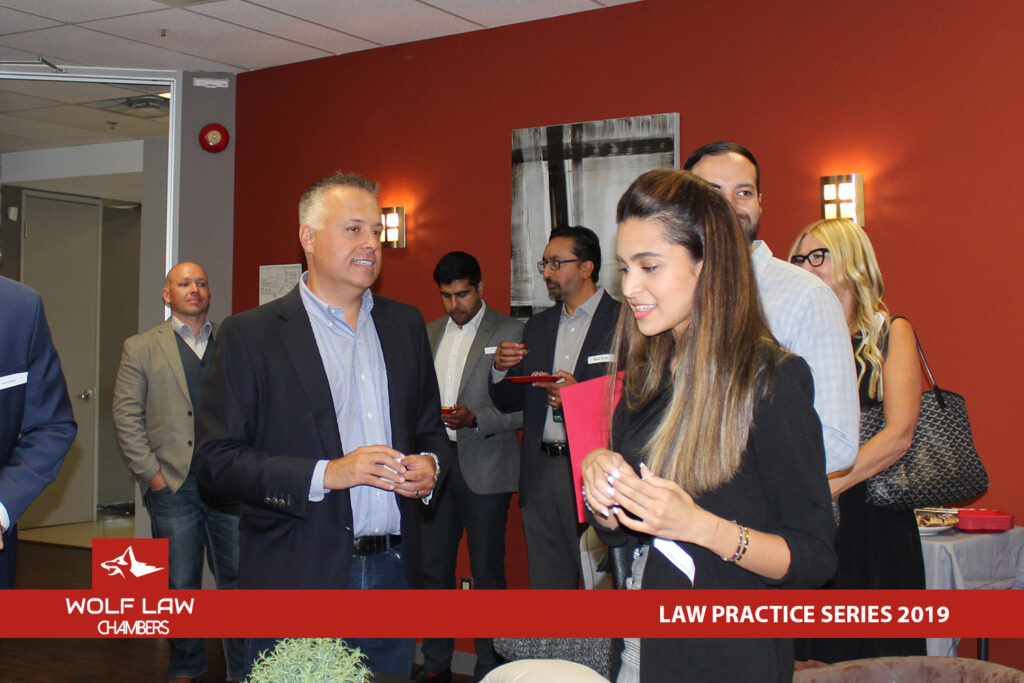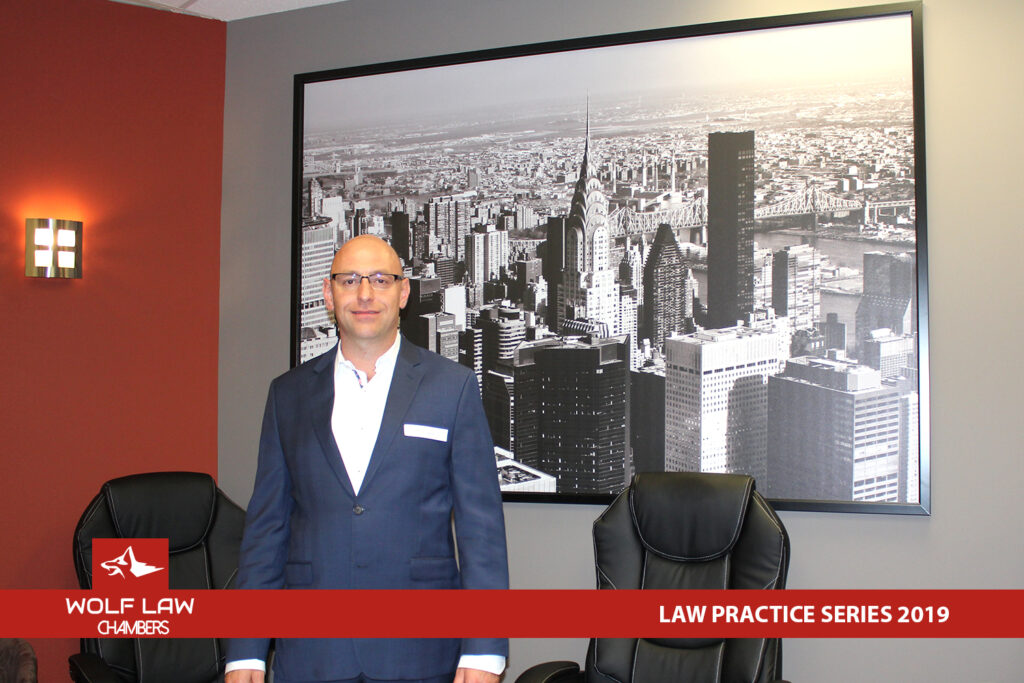EVENTS
Networking Strategies for Legal Teams in Coworking Spaces
In today’s dynamic work environment, coworking spaces have become a hub for collaboration, innovation, and opportunity. For legal professionals, networking within these spaces offers unique benefits. Here are some effective strategies to make meaningful connections:
Leverage Shared Events Participate in workshops, seminars, or community events hosted by your coworking space. These gatherings are perfect for meeting diverse professionals, exchanging ideas, and staying updated on industry trends. Make it a goal to introduce yourself to at least three new people at each event.
Build Reciprocal Relationships Networking isn’t just about gaining referrals; it’s about creating mutually beneficial connections. Offer your expertise to other members. For instance, if someone mentions a contract challenge, share general advice or suggest useful resources. This positions you as approachable and knowledgeable.
Utilize Common Areas The lounge or coffee station isn’t just for breaks; it’s a networking goldmine. Casual conversations can lead to surprising opportunities. Keep your introductions brief and engaging to foster genuine interest.
Collaborate on Cross-Disciplinary Projects Many coworking members are entrepreneurs or startups who may need legal guidance. Offer to host a brief “Ask a Lawyer” session to build credibility and trust.
Stay Visible and Accessible Consistency matters. Regularly engage with the coworking community both online (via shared platforms) and offline. A friendly demeanor and openness to chat can make a lasting impression.
For legal teams, coworking spaces are not just workstations but vibrant ecosystems of potential clients and collaborators. By taking a proactive and relationship-focused approach to networking, you can strengthen your professional presence while adding value to your community.
Professional Development for Solo Practitioners: Making the Most of Office Networking Events.
For solo practitioners, shared office networking events are golden opportunities to grow professionally and build valuable connections. Here’s a quick guide on how to maximize these events:
1. Set Clear Goals
Identify what you want to achieve, whether it’s finding collaborators, learning new trends, or gaining insights. Having a purpose makes your interactions intentional.
2. Perfect Your Introduction
Craft a concise, engaging introduction that captures what you do. Practicing it will help you make a memorable first impression.
3. Build Genuine Connections
Networking isn’t just about exchanging contacts—focus on meaningful conversations. Show genuine interest in others’ work, and follow up afterward to build lasting connections.
4. Approach with a Learner’s Mindset
Take advantage of talks and breakout sessions. Each conversation or presentation can offer valuable insights to inspire your own work.
5. Offer Value
Whenever possible, share your expertise or connect others. Contributing meaningfully establishes you as a valuable network member.
6. Stay in Touch
Maintain connections by engaging on LinkedIn, sharing relevant articles, or just checking in occasionally. Consistent interaction strengthens professional relationships.
Final Thought
Networking events can propel solo practitioners forward. By setting goals, fostering genuine connections, and adding value, you’ll turn these opportunities into stepping stones for growth.
A Guide to Managing Client Meetings in Shared and Virtual Offices
With the rise of remote work, many professionals are conducting client meetings from shared or virtual offices. These spaces are often convenient and cost-effective, but they come with unique challenges that can impact your ability to make a good impression and run a smooth meeting. Here’s a quick guide to effectively managing client meetings in these environments.
1. Plan the Logistics in Advance
- Reserve a Private Space: In shared offices, always book a private room for your meetings. Check for any policies on noise and client usage so you can confidently handle your conversation.
- Test Equipment: If using video conferencing, verify that all technology is working beforehand. Poor audio or visual quality can create a frustrating experience for clients.
- Send Clear Details: For virtual meetings, share the access link, password, and any meeting agenda with clients in advance. Providing clear instructions on how to join minimizes technical issues.
2. Create a Professional Atmosphere
- Declutter the Background: Whether in a shared office or virtual setup, a neat background is essential. It conveys professionalism and keeps the client focused on you, not distractions.
- Dress Appropriately: Even in virtual settings, dress in a professional or business-casual attire. A polished look reinforces that you take the meeting—and the client—seriously.
- Control Background Noise: Use noise-canceling tools or features to minimize disruptions. Some virtual offices offer noise-dampened rooms; if available, take advantage of this.
3. Set Clear Meeting Objectives
- Define Purpose and Goals: Start the meeting by outlining the goals to help clients understand what you aim to achieve. This sets a clear roadmap and maximizes efficiency.
- Prepare an Agenda: An agenda helps guide the discussion and ensures you cover all critical points without going off track. It also demonstrates that you’ve put thought into the meeting.
4. Use Effective Communication Tools
- Share Visual Aids: For virtual meetings, screen sharing can be a powerful tool for showing presentations or documents. In shared office settings, make use of any whiteboards or display screens available.
- Take Notes and Summarize Key Points: This helps maintain clarity, especially when complex topics are discussed. Summarize main takeaways at the end to confirm everyone is on the same page.
5. Follow Up After the Meeting
- Send a Summary: A brief summary email of discussed points and next steps shows professionalism and reinforces the meeting’s goals.
- Seek Feedback: Ask if the client had any concerns with the format or if improvements could be made. This demonstrates a commitment to a client-focused approach.
With a few intentional steps, you can overcome the challenges of shared and virtual offices and create a smooth, professional experience for your clients. Planning, communication, and professionalism will ensure your client meetings leave a lasting positive impression.
Finding the Right Client for Your Practice
On February 19, Wolf Law Chambers welcomed Kim Piller from Sandler Training to give a talk on how lawyers and paralegals can increase their sales effectiveness.
Thanks to everyone who came!
Dezso Farkas, the Director of Wolf Law Chambers, started the evening with a summary as to why lawyers and paralegals don’t like to sell. When it comes down to it, there’s a negative connotation associated with sales. There’s also a general feeling that sales are not what the legal practitioner is trained to do. Law is what they trained to do. But as sole practitioners or small firms, the reality is that finding clients, promoting your practice is something you have to do.
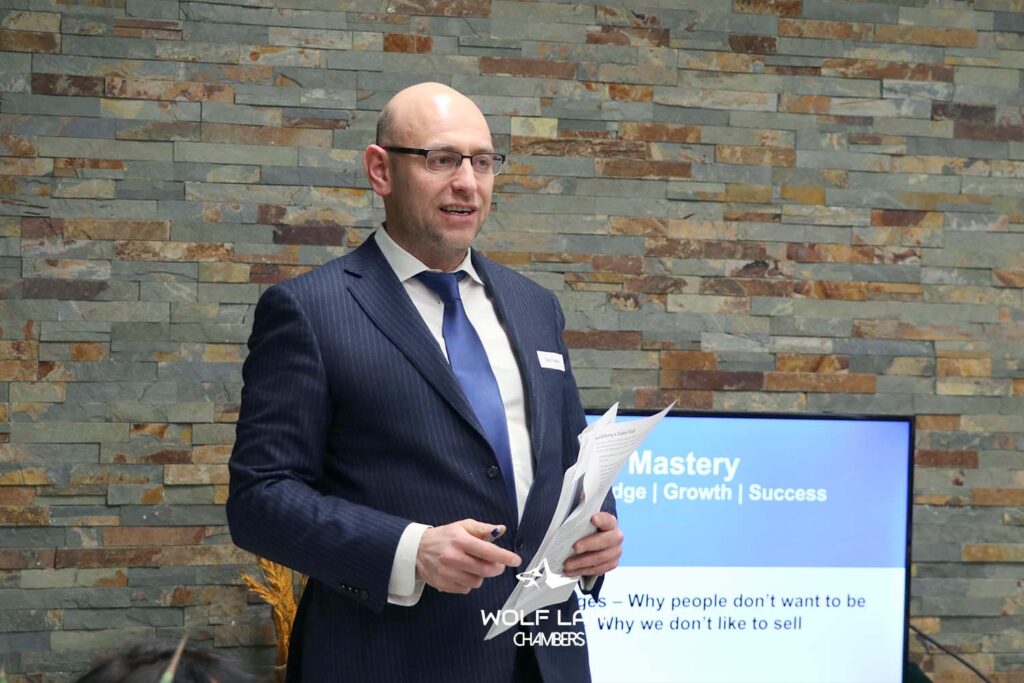
In his presentation, Kim Piller spoke about why some sales fail: “winging” the sales pitch, lack of a plan, not really knowing what you’re selling, no process in place, and sometimes a sheer lack of compatibility. But all of that can be overcome. He provided tips and techniques to help make connections and land new clients.
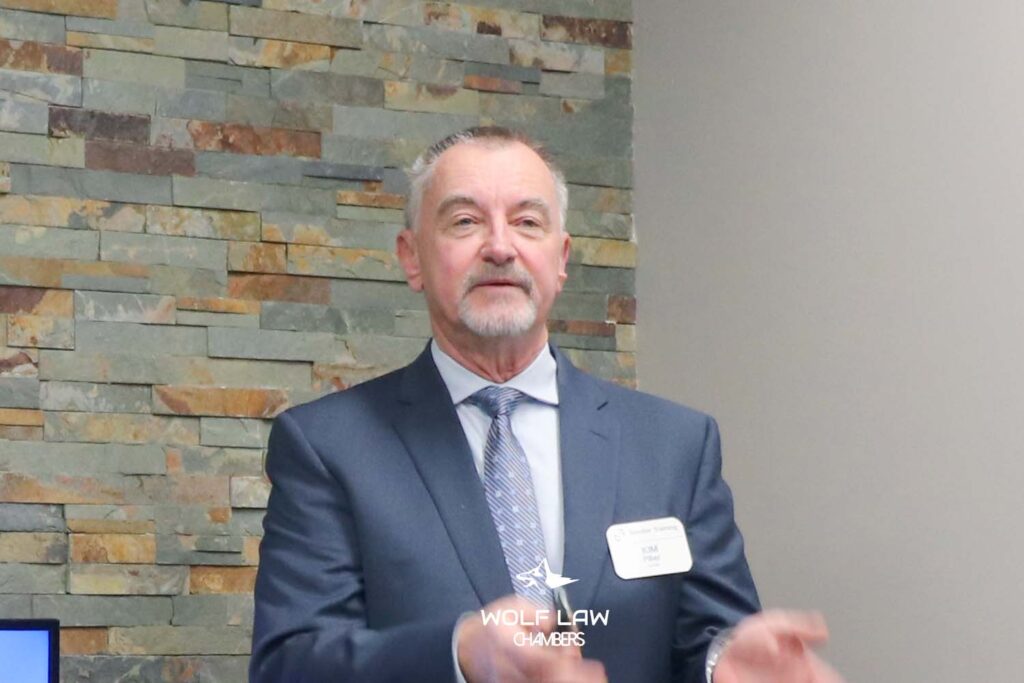
He advocated for putting a system in place to help you sell. With a system, you’ll know what beats to hit in your sales pitch and this will help you maintain control, save time, stay on track, duplicate positive results and recognize any problems.
The goal is to get a positive result: a yes, a no, or a referral. Although getting a “no” may be counterintuitive as a positive result, it can lead to a lesson learned or simply saved time. Maybe’s are the negative result; causing you to bleed time and resources.
In the end, he reminded everyone, the thing to remember is people decide to purchase or choose you as their legal practitioner based on emotions. They will justify it later intellectually, but the emotions they feel are the deciding factor.
- Look at their personal needs.
- Be a good listener.
- Understand why they are coming to you.
Cyber Security with Humzah Khaial
Cyber Security has been the most requested seminar after How to Survive an Audit (which took place in the spring of 2019). Humzah Khaial kindly gave a seminar on the tactics used by hackers and preventative measures against their attacks to the group gathered at our Oakville location on December 5, 2019.
Even though it can be a scary topic, it is important to educate ourselves not only about ways to prevent attacks but also how hackers try to infiltrate our systems. If we know their methods, it’s easier to recognize their tactics.
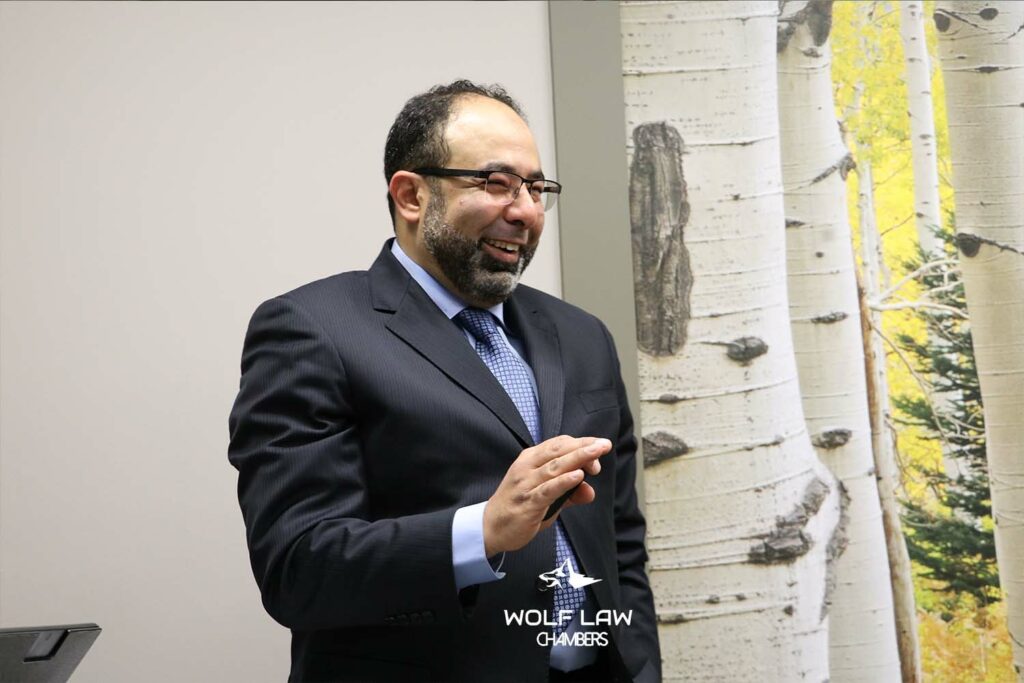
One of the main targets for hackers is small businesses because they’re lucrative. They have money and sensitive information, but they’re small, so they don’t have a dedicated security department, making them easier to hack into.
What to look for
Attachments in emails can look legitimate. But if after clicking on the attachment, it asks you to change something to your system, don’t. If you do, it gives access to the hacker.
How do you know the email is fake? Hover over the “From” address. Microsoft Office and Outlook 365 now give you the full address when you hover. This is to help you identify senders. If you don’t recognize the sender, don’t click.
Another technique hackers use is grammar and spelling mistakes. They want to filter out anyone who is paying attention. They want victims who aren’t paying attention because those people may not remember what exactly they clicked on or allowed onto their computer.
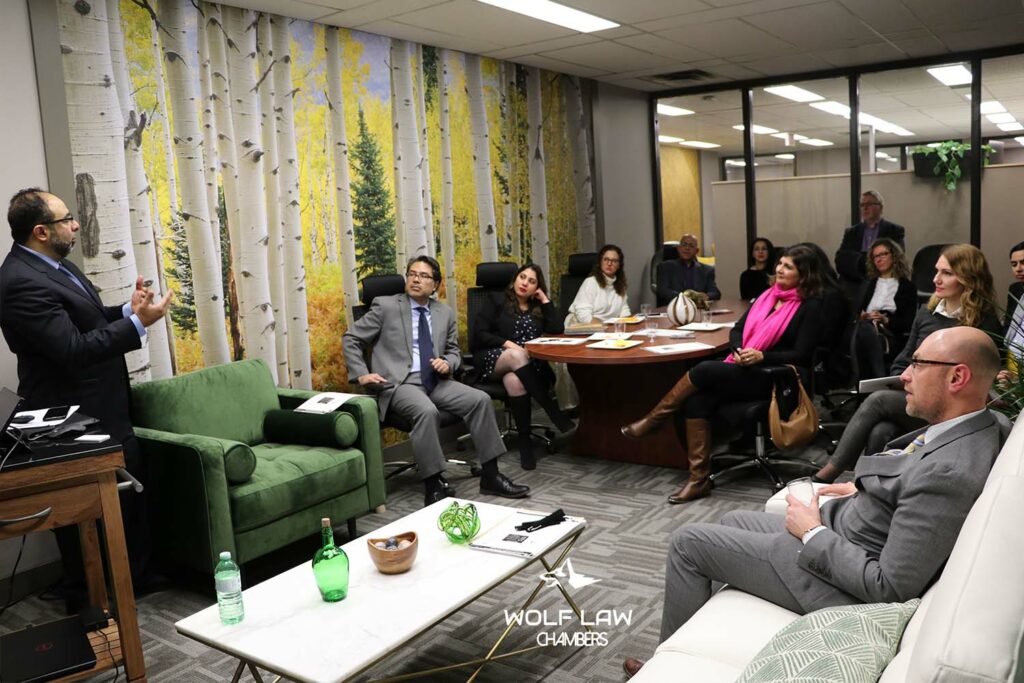
If the email contains an image of text instead of just plain text, this could be hackers trying to get around your detection software. Software can read text easily, but it cannot read images.
Prevention
The best way is a combination defence. Use as many methods as possible to foil hackers.
When on a public network, use a VPN, a Virtual Private Network. It acts as a tunnel between your device and the public network, preventing any would-be hackers from easily accessing your device and any passwords you may enter while on that public network.
Constantly back up your work. This will protect your information no matter what happens.
Don’t use the same password for everything and use a combination of symbols, letters and numbers. Try not to put passwords on sticky notes. They can get lost easily.
Use two-factor authentication. It’s a password and a code sent to your phone, extra security to verify it is you who is accessing the account.
Update all operating systems on a regular basis.
Employees are your first line of defence. It’s important to train them in security awareness and prevention.
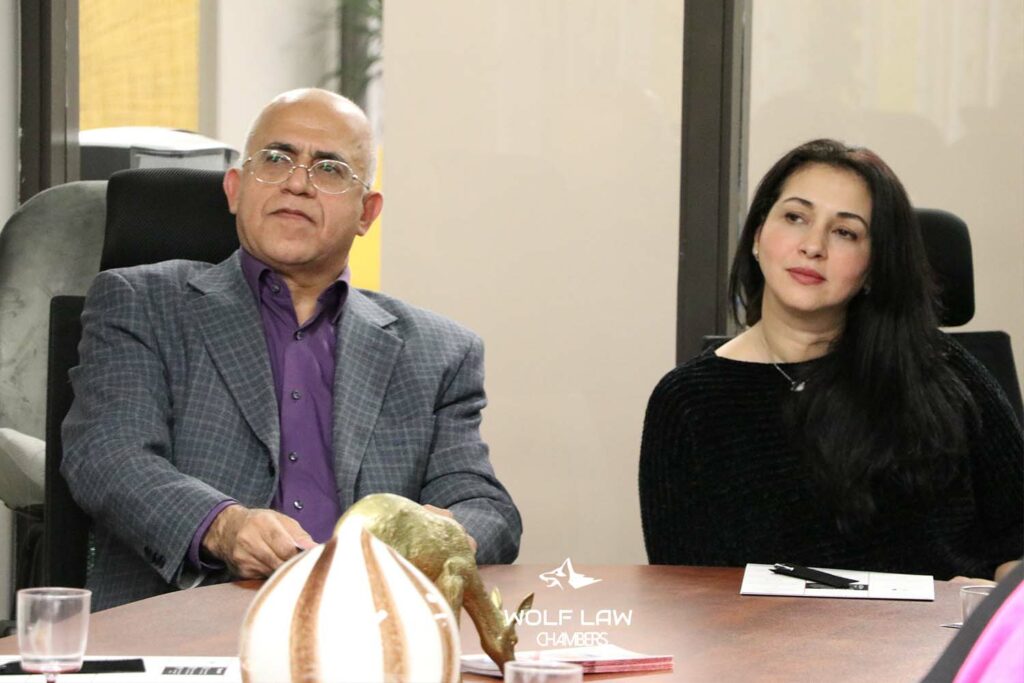
Risk Management
Going forward, we need to: prevent, protect, educate. It’s a continuous and changing process. The technological landscape is constantly changing and we need to keep up to date with it.
As the head of your business, you set the tone for your organization. Preventive, protective and educational measures starts at the top. It starts with you.
At Wolf Law Chambers we strive to host seminars that are relevant to the challenges legal practitioners are facing today. Let us know if there is a topic or challenge you want to learn more about.
Scale up Your Legal Practice – A Successful Event
We would like to send out a huge thank you to everyone who came out on the evening of November 28, 2019 to our event Scale up Your Legal Practice. We had a great turnout of both paralegals and lawyers (and a printer who specializes in business cards!) We listened to presentations given by Amanda Russell from Legal Shield, who sponsored the event, and Dezso Farkas of Farkas Law about the importance, advantages and opportunities of networking while also having the opportunity to put their advice into practice.
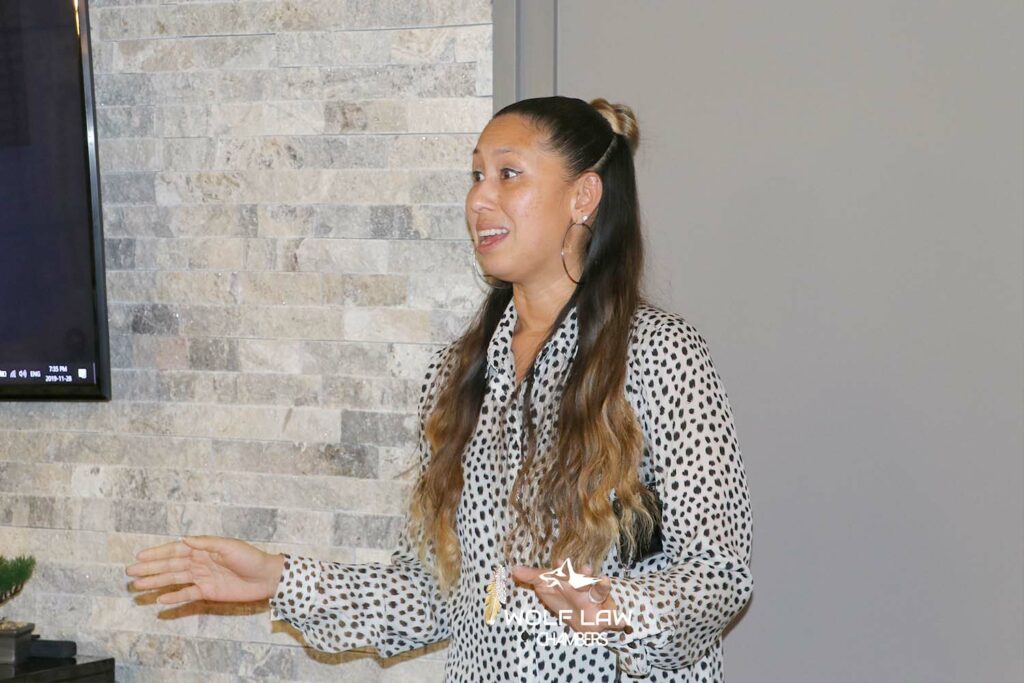
Amanda Russell started the evening with a presentation about Legal Shield, an organization that is dedicated to providing legal access to its members through a network of law firms.
Legal Shield wants to help middle-income people who are priced out of hiring lawyers. They want to give these people access to law firms in case they need help with contracts or setting up a will or really, any legal issue. Legal Shield wants to connect people with lawyers or paralegals who can help.
The question then becomes how can lawyers or paralegals practicing on their own become involved with Legal Shield?
Amanda explained that Legal Shield is always looking for individual lawyers and paralegals to add to their referral network. If the designated law firm chosen by Legal Shield as their in-province representative is too expensive or can’t meet the needs of the client, a referral is made to a lawyer or paralegal within the network who can do so. It can become another way for lawyers and paralegals to gain clients and increase their network.
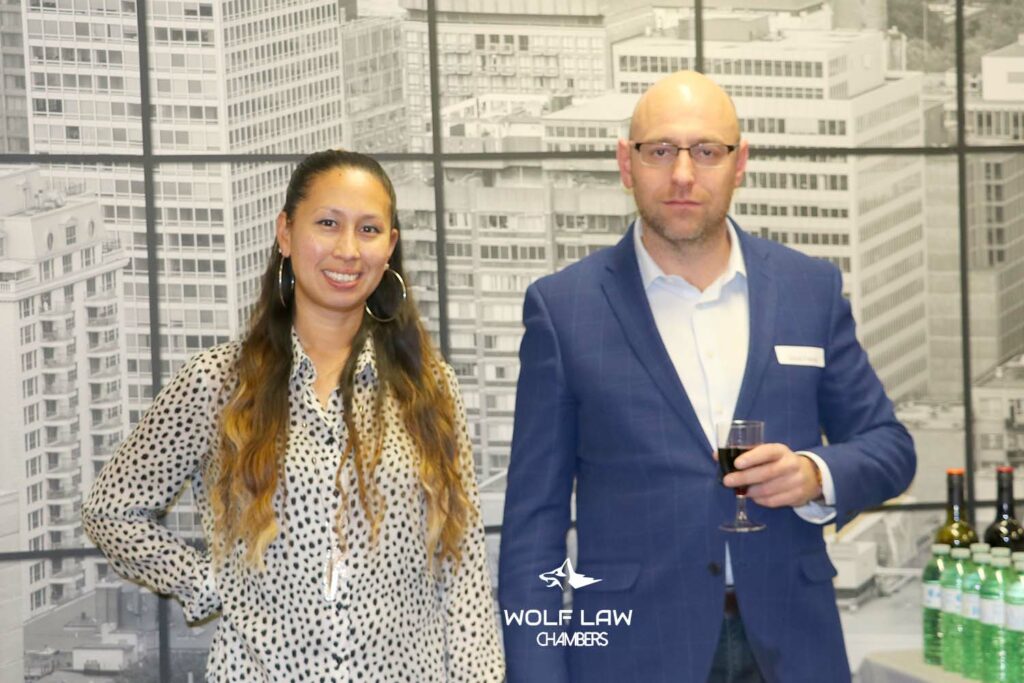
Though it may seem ironic to have a talk on networking at a networking event, Dezso Farkas’s presentation was informative and humorous. He spoke about the principles of networking (and how similar they are to dating) and the different personality types that might be found at networking events.
He addressed the pitfall that many of us fall into: going to these events with a specific goal or person in mind to connect with. Throughout his talk he emphasized the benefits of having no expectations, to take the opportunity to have fun, meet people and explore all the different and unique ways collaboration could be possible.
Did you know there were six personality types that show up at networking events? Dezso discussed their attributes, the benefits of knowing what type you might be, and how to recognize the different personalities at an event so that you might connect more effectively. To name just a couple, there was “the detective” who does their research on attendees beforehand to initiate an informed conversation, and “the comedian” the person who wins everyone over with humour.
The evening ended as it began – with mingling and conversation as the attendees introduced themselves, what area of law they specialize in and what they’re looking for, but also enjoying chats about the holidays and good food.
As Dezso said, networking is a numbers game. The more you go to, the more practiced you’ll be, the more meaningful connections you’ll make. If you missed this one, there are more coming. There’s always a chance to practice your networking skills. Feel free to join us, start a conversation and have some fun.
Learn How You Can Survive the Law Society Audit
Wow, what an amazing turnout on the eve of October 10th, 2019 at Wolf Law Chambers! We had Mark Dormer of Cosgrove give a very insightful presentation to our electric audience. It was a true success, so much so that we are hosting another in depth presentation on readying your practice for the Law Society audit in the early part of 2020. We host a variety of seminars, workshops and Continuing Professional Development (CPD) initiatives but the Law Society audit is one that touches base with all legal professionals. We have all gone through an audit by the Law Society or will be going through one in the near future. Instead of leaving things to the last moment and stressing yourself, the best approach is to ensure that you are complying with the outlined practice strategies for your area of practice from the beginning. This ensures that the proper processes for record keeping are already in place and excellent habits are developed. Thus, you will not only ‘survive’ the audit, you will thrive and excel in your legal practice.
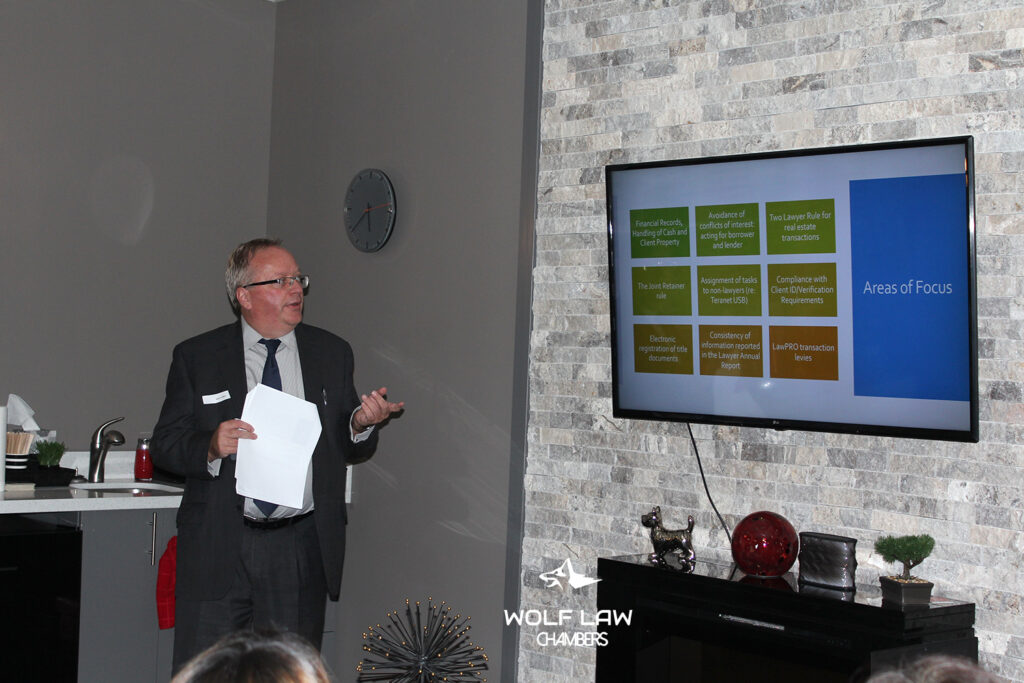
Mark Dormer, owner and president of Cosgrove, possesses grassroots knowledge of law firm management and is able to transfer is effectively to legal professionals in all areas of practice. These techniques help improve profitability and guarantee that the fear of Law Society audits is alleviated. Marks Dormer suggests that in preparation for the audit, legal professionals should:
- Develop processes for record keeping procedures that are compliant
- Maintain those systems
- Maintain up to date records
- Be proactive
Instead of panicking and scrambling things last minute, doing the above will most definitely yield the right results for you. The keys for a successful audit and practice management established by Mark Dormer are financial and client record keeping.
For financial record keeping:
- Record method of receipt for trust and general transactions (cheque, wire, etc.)
- Record method of payment for trust and general transactions
- Prepare a Form 9A for electronic transfers out of trust
- Maintain valuable property record
- Maintain cash receipts book
- Maintain Referral Fee Journal
For client record keeping:
- The client’s full name.
- The client’s business address and business telephone number, if applicable.
- If the client is an individual, the client’s home address and home telephone number.
- If the client is an organization, the organization’s incorporation or business identification number and the place of issue of its incorporation or business identification number, if applicable.
- If the client is an individual, the client’s occupation or occupations.
- If the client is an organization, other than a financial institution, public body or company that is not a private company, the general nature of the type of business or businesses or activity or activities engaged in by the client, where applicable.
- If the client is an organization, the name, position and contact information for those individuals authorized to give instructions with respect to the matter for which the licensee is retained.
- If the client is acting for or representing a third party beneficiary or a principal, information about the beneficiary or principal as applicable.
- Verification of identity when receiving, paying or transferring funds.
It is clear that a successful audit requires for a legal professional to execute proper record keeping techniques that are in compliance with the Law Society’s code of conduct. Building the right habits from the initial stages of your practice will establish processes that allow for you to manage your practice with the highest efficiency. It is very much possible that an auditor may note down a few areas of concern despite your aim for perfection but that is nothing to be worried about. The auditor is only trying to HELP YOU! Take note and consideration of their recommendations and speak openly to them about how you can improve.
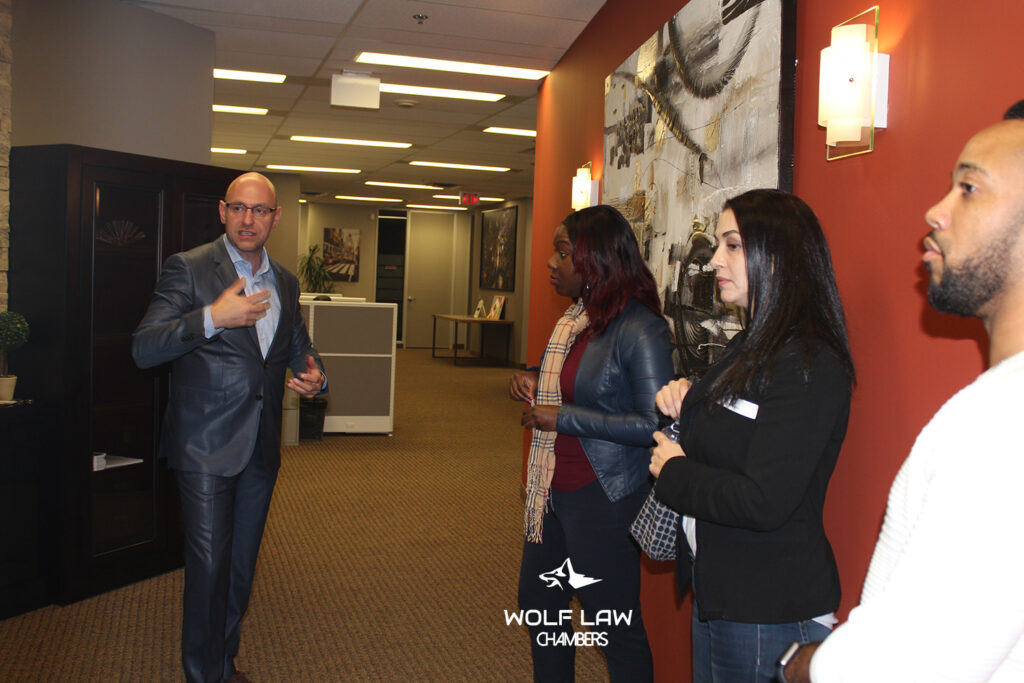
For future seminars, workshops, and Continuing Professional Development (CPD) courses, you are welcome to visit Wolf Law Chambers at 90 Matheson Blvd. W, Suite 101, in the heart of Mississauga. We aim to provide a shared workspace for legal professionals to flourish by equipping them with the tools and resources they need to succeed.
Take Your Presentation Skills to the Next Level with These Tips and Tricks
Ever felt nervous while delivering a presentation in front of 5 people? How about 20? Perhaps a 100? What about 1000 or more? Because I surely have! We prepare countless hours to present in front of a crowd, speak in front of the mirror, create que cards, rehearse with and without them, and/or memorize our presentation but still end up losing confidence and getting nervous when the lights shine bright. It doesn’t have to be that way, since it is definitely within our power to change the way we perceive our audience and the way they perceive us. We are fully capable of conveying the message we want and addressing our crowd with glowing confidence each and every time we deliver a presentation. Doing so can surely generate the results we desire and steer us in a direction of accomplishing our aims when presenting.
Max Beaumont, founder of Potato Chip Communications, helps individuals with their public speaking and communication skills through coaching and consulting. His presentation on Presentation Skills for Lawyers was very insightful and thorough in advancing my awareness on how to become a better public speaker and communicate more effectively with my audiences. Throughout his findings, he has come up with a few concepts that are sure to enhance one’s presenting and public speaking abilities.

Mindset
Max spoke on the importance of one’s mindset as a presenter. He said that in order to evoke confidence and energy, one has to focus on how they are helping their audience. This notion creates synergy between the audience and speaker, and your audience will pay attention to what you have to say because you are initiating a sense of care for them. In preparation for your presentation, it is essential that you constantly reflect on how you may be able to help your audience and convey this to them as well. This in turn reciprocates the same effect back and you are able to effectively communicate with your audience.

Body Language
In terms of communication, enough stress cannot be placed on the significance of body language. Max broke down the communication formula with words equating to 7%, tone equalling 38%, and body language being the highest totalling 55%. Our body language conveys more information about us than any other factor so we must pay attention to what we are ‘saying’ even though we may not say a word. Confidence through eye contact, gestures, posture, and your facial expressions will leave an everlasting impact on your audience and convey to them that you care and want to help them.

Audience Interaction
Another critical approach to enhance audience interaction is the remembrance of names. According to Max, name memory involves the following:
- Have a Why
- Be Present
- Repeat Name Out Loud
- Repeat Name In Your Head
By doing so, you are getting members of your audience directly involved in the presentation and establishing a personal connection.
Direct engagement with your audience group also involves asking questions and addressing them by their name. These questions should be relevant to your topic and easy to answer. When asking a question, limit it to a response of a simple yes or no.

Simple & Relevant Messages
As Max outlined, “If you confuse people, you lose people”. Due to short attention spans, keeping people engaged in your presentation is extremely difficult if you do not keep things simple. Avoid jargon and unnecessary words, use relevant examples wherever you can, and above all, simplify the message best you can. There is a reason Albert Einstein once said, “If you can’t explain it simply, you don’t understand it well enough”.

Tone & Delivery
When presenting, be authentic and do not act as if you are a salesperson trying to sell something. Treat the presentation as a normal conversation with the audience. Be inclusive and use references your audience may know. This gains their attention and allows them to relate with you. This forms an understanding and when people sense that you understand them, they are inclined to listen to what you have to say. When addressing you audience, use familiar words and language that they are used to hearing.
Additionally, your tone is equally as important to delivering a powerful presentation. If you are monotone, your audience perceives you are boring, and they will probably disengage immediately. Genuine conversations have changes in pitch patterns and enable our audience to become more interested in our presentations. Your confidence and excitement is revealed through your tone and if you present yourself in such a manner, your audience will definitely feel it.

See It In Action
Incorporate these techniques in your next presentation and I guarantee you will surprise yourself with the results you encounter. Are you still not sure about how you can apply these methods for yourself? Come and visit Wolf Law Chambers for a presentation and see how we implement these techniques to perfection. Come out to 90 Matheson Blvd. West, Suite 101 in the heart of Mississauga to tell us about yourself and learn a few strategies for your next presentation. We are hosting an in-depth seminar on what a Law Society of Ontario audit looks like and how you can prepare your practice to be audit ready. We welcome you to RSVP for our Surviving the Audit event taking place on October 10th, 2019 from 6-8 p.m.
-Narvir Goindi
Networking Event – Legal Outsourcing vs. Hiring New Talent
Thank you to our fellow sole practitioners, the marvellous Peter Carayiannis from Conduit Law, and most welcomed guests for joining us on Thursday, August 15th, 2019 at Wolf Law Chambers. The topic of discussion for our event was the practicality that lies in outsourcing legal work in comparison to hiring new talent. Initially, sole practitioner, Dezso Farkas, of Farkas Legal Professional Corporation, spoke on the misconceptions in the legal field about outsourcing tasks to staff or legal clerks.
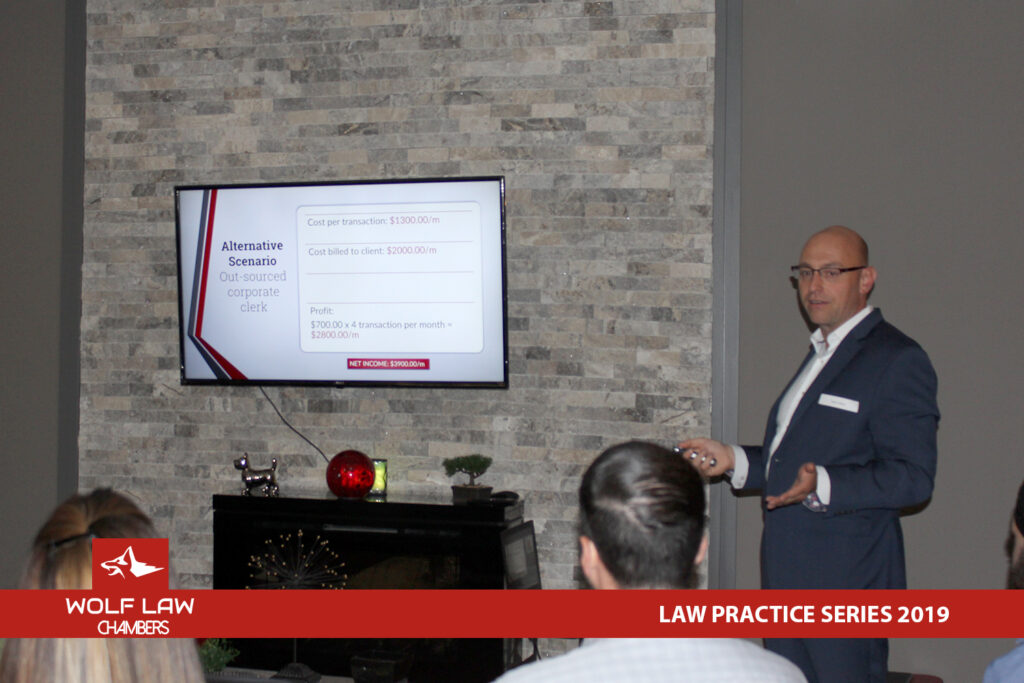
He explained how sole practitioners have a false perception that entails them carrying out every task that is part of the profession. Doing so, takes up a significant portion of their day and they are left with little to no time for billing clients. Mr. Farkas used accurate figures and analysis to depict how hours spent on practice management can be outsourced to staff and/or legal clerks to spend more time on actual legal work that can be billed. This leaves room to yield higher returns immediately, and is significantly compounded over longer durations of time. Legal outsourcing may seem like a discouraging practice as one has to shell money out of their pocket at first, but the time left to actually work on files and bill clients summons more profits for legal professionals.
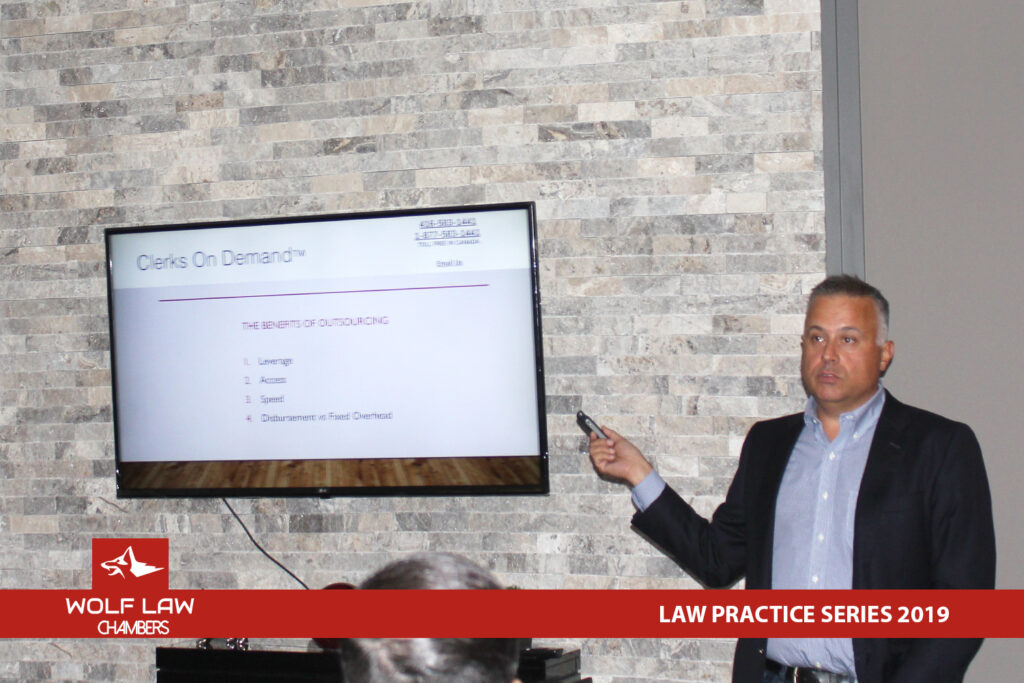
Peter Carayiannis from Conduit Law and Clerks on Demand outlined the many advantages legal outsourcing can have on one’s legal practice. He explained the differences between hiring new talent and outsourcing tasks to a company like Clerks on Demand. Essentially, hiring new talent thoroughly involves a recruitment process, training that has to be given, dealing with employee needs, and the constant thought of an employee leaving, leading to the whole process occurring again. Legal outsourcing, on the contrary, encompasses the passing of particular tasks to a professional and certified legal clerk, who is capable/experienced enough to complete assignments on their own. They can even be hired for a particular task or a specific period of time, allowing sole practitioners to leverage their time accordingly. Lawyers can then apply themselves to other facets of their practice, which in turn, allows for a yield of more returns. Peter brought up an interesting point during his presentation. He insisted that the audience understand the practicality behind outsourcing certain tasks of their legal practice. If a lawyer is not serving their client’s needs by performing a certain task, it should be outsourced to a legal clerk who can take care of it, while the lawyer works on more important matters, that serve the client’s legal needs directly.
Many of the sole practitioners present at the event saw the immediate benefits from outsourcing various areas of their practice to staff or legal clerks, and by doing so, being able to better focus and serve client needs. Some lawyers even noted the benefit in taking on more tasks than they would normally be able to handle by simply hiring clerks. Peter’s company, Clerks on Demand, allows lawyers to do exactly that. They can hire clerks at any time to assign tasks that they may not want to carry out and/or have the resources/time to complete. They would still be able to supervise all operations without having to indulge completely. With that said, any aspect of legal practice that does not serve the purpose of going to law school and receiving a legal education, can be contracted out, allowing lawyers to leverage their time accordingly.
A workspace designed to provide sole practitioners many opportunities to leverage their time efficiently is Wolf Law Chambers. The Wolf Law Chambers team incorporates innovative technological practices in their office to allow for rapid communication between lawyers, staff, and clientele. They also offer many services to sole practitioners deciding to join them, such as easily accessible office coordinators, marketing specialists, and process servers. These individuals are staffed to allow lawyers within the chamber to focus on what really matters: serving their client’s needs and executing the legal work that they specialize in.
We loved the turnout for the event and hope to continue seeing both familiar and new faces for the future. We have a workshop coming up again on Tuesday, August 27th, 2019 from 6-9 P.M. with guest speaker, Humza Adam of HFactor Solutions. Humza will be providing business development and marketing strategies for both lawyers and paralegals. We hope to see you soon!

Come in and see the exceptional services Wolf Law Chambers has to offer for you and your clientele. Currently, there is a Wolf Law Chambers location in the heart of Mississauga, and we are proud to announce the opening of another location at 227 Lakeshore Road East, Suite 408, in downtown Oakville. Wolf Law Chambers is dedicated to being easily dependable and providing sole practitioners with all the resources they need to succeed in the legal profession. Please feel free to book a tour and join us in building a community of sole practitioners striving to set new standards.
Wolf Law Chambers Lunch & Learn
What a turn out! We can honestly say that the Lunch & Learn at the Wolf Law Chambers was a success. Thank you to all who attended the event, and a special thanks to Praveen Srinivasan of uLawPractice for his informative and engaging presentation. We would also like to give a special thanks to Prime Asia TV for attending and conducting interviews. It was a real pleasure to have them.
Wolf Law Chambers, on June 6, 2019, hosted a Lunch & Learn for Sole Practitioners and Small Firms. The purpose of the event was to get to know other practitioners going through the same journey. The sense of community is very important to Wolf Law Chambers, and there is no better way to gain a sense of community than to meet new people and make new connections. For those who were unable to attend, we understand. There are plenty more events to come, for we are just getting started.
Wolf Law Chambers had the privilege of attaining Praveen’s attendance. He provided a great presentation on uLawPractice, a legal accounting software meant to make any lawyer’s accounting experience easier than it has to be. He walked everyone through the desktop and mobile interfaces. It was fascinating to see how innovative his company’s services are. Wolf Law Chambers recommends any practitioner to consider uLawPractice, for it can make a big difference in how lawyers conduct their business.
Wolf Law Chambers is a multidisciplinary law practice, providing professional legal services to clients in several areas of law, including corporate, commercial, family, immigration, criminal, and real estate. The ability for a lawyer to run their practice and be accessible to clients, while having the freedom and flexibility to make use of a larger firm’s resources is powerful. The encouragement and freedom to consult legal ideas with other lawyers within the same field or across different fields, leads to better and stronger representation of client interests.
Conveniently located near Hurontario and Hwy. 401 in Mississauga’s business cluster, our premier location is minutes away from the Superior Court of Justice, Small Claims Court, Provincial Offences Court, and Downtown Mississauga Square One area.
We recommend anyone to come visit us. Wolf Law Chambers will be happy to connect with you.




